Still, contemporary tattooing has been no stranger to the exclusivity and toxicity insidiously warping even the most sacred of spaces as remnants of colonial programming. In conceptualising this piece, I posted a story asking for everyone’s favourite tattoo artists – and slowly, with the guidance and direction of friends (IRL and URL) – this story has revealed itself to centre on the perspective of black, people of colour, queer (female bodied) and women tattoo artists in both Cape Town and Johannesburg. On building spaces of safety and celebrating culture – I spoke to Ndumiso Ramate of Soweto Ink, who alongside Sibusiso Dlamini founded the shop in 2014. Ndumiso explains the story behind Soweto Ink, “Our objective is empowering young artists who are coming up – giving them guides and tips on the industry and to believe in themselves, Soweto Ink is the people’s tattoo brand. We also host one of the biggest tattoo conventions in Africa, Soweto Ink Tattoo Convention, and we see the culture is growing and slowly understanding what professional tattooing is and people understand what a good tattoo artwork looks like and how to locate a good artist on social media.” Commenting on what this growth means, Ndumiso says, “This is growth considering we are coming from a ‘Stoeka’ (jail tattoos or bad tattoo) era where in our black culture, tattoos are deemed to be satanic, dark, or criminal Tattooing is for us, the healing of our people because people come with so many different stories and most of the come for closure, healing or happiness.”
Tattoo client and writer, Alyx Carolus’ free ebook Tattoos are for Everybody is a guide to being a black or POC tattoo customer; an invaluable resource, encouraged by her own experiences – on what led to the guide, she says, “I’ve been getting tattooed for over a decade now, and throughout this time, Black and brown people have approached me with questions. They wanted to know what to ask when in a shop, who could work on their skin tones and who would offer a good experience or would be dismissive to their queries. I wanted to condense the things I’d learnt from being a regular client, working in the industry briefly and hearing about positive/negative experiences in shops around the city. Ultimately, I wanted to create the guide I wish I had a decade ago.” Regarding whether she has seen any meaningful change in the industry in Cape Town, Alyx comments, “I think there’s an awareness, with the rise in social media, that the clientele and industry is changing overall. Local tattoo culture has been viewed as having one face, and one or two types of clientele – when historically, body modification has never been limited like that. People who may not have had the space to talk about their experiences, such as harassment, discrimination of all kinds, have a platform. At this point, if you’re still operating in a way that doesn’t consider everyone and being less discriminatory, it’s definitely noticed and spoken about.”
Navigating an industry that has been dominated by cis-white men, resident tattooist at Palm Black Tattoo, Chanté Brinkhuis – idenifties as queer and POC artist on their page, explains the growing sense of safety they and their clients have been able to engage in, “I’ve been lucky enough to have honest conversations with many of my clients of colour about racism and intimidating tattoo spaces. The fact that people feel like they can open up about their experiences means so much to me, because it shows that they are comfortable in the space. Getting a tattoo can be an intimate and daunting experience so it’s super important for clients to feel at ease and this energy also needs to come from the rest of the studio as well. I’ve added a “POC” highlight on my Instagram account which consists of tattoos that I’ve done on darker skin tones. People of colour often check artist’s feeds to see how their tattoos might look on their skin. As a person of colour it’s something I relate to and definitely something I’d like to see more on other artist’s pages.” Dismantling gatekeeping is possible – and for Chanté it was set in motion in the last two years; “I was turned down by many studios until I approached Raoul Goetze, the owner of Palm Black Tattoo. Raoul was quite different to anyone else in the industry I had met up with at that point. He believed in my potential and I was hired a week later. It was surreal for me, because I was so used to being underestimated. No one expects a queer coloured girl to become a successful tattooer in one of the country’s most reputable shops. It was during my apprenticeship when my perception of tattooing changed. I became more educated in its history and origins in cultures all around the world. In tattooing’s early history, it was seen as sacred and ritualistic. I’d love for tattooing in the modern day to be seen as that, or at least be treated with a similar level of respect and consideration. My colleague, Matt, often refers to it as ‘spiritual exchange of energy’.’’
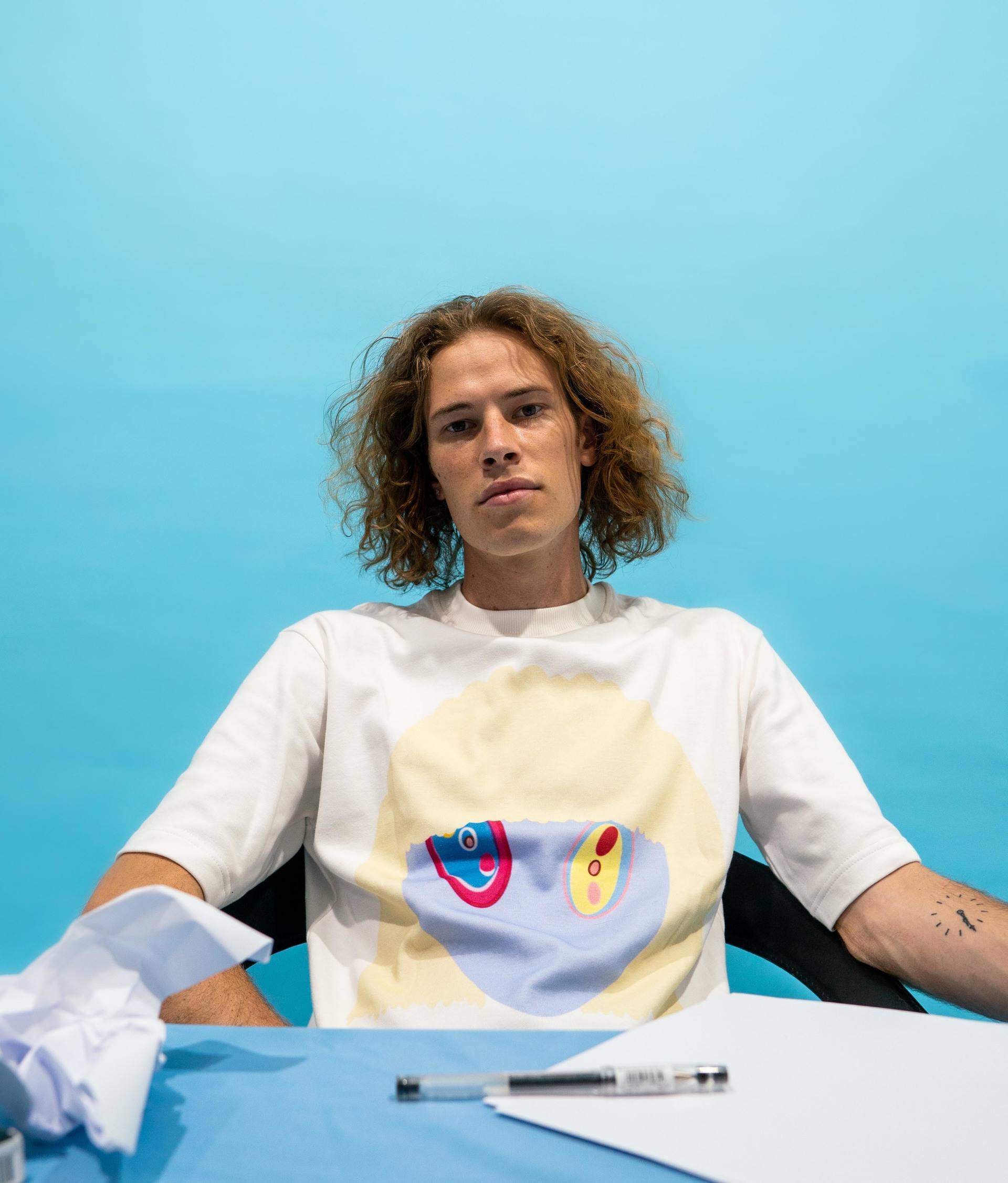
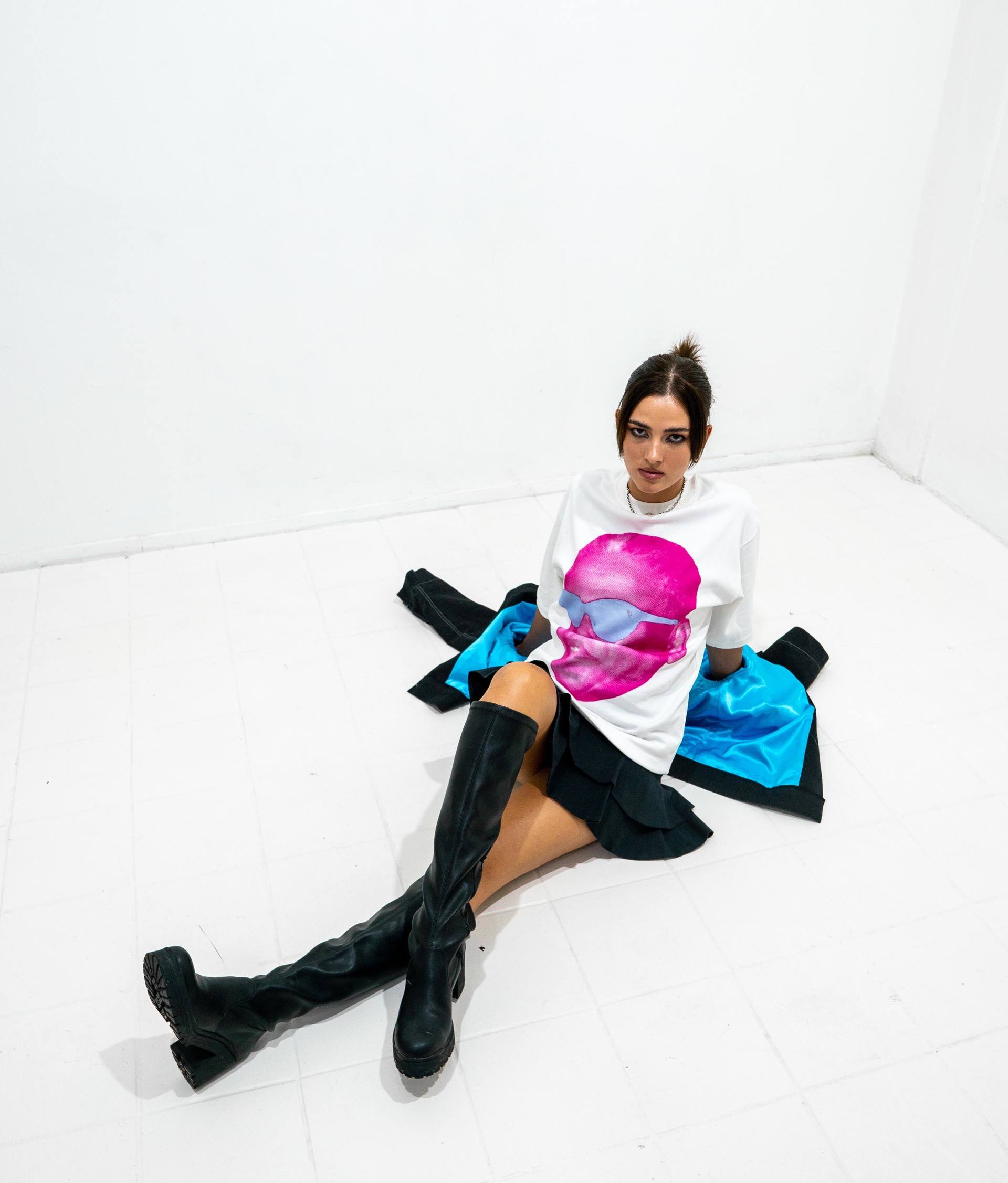
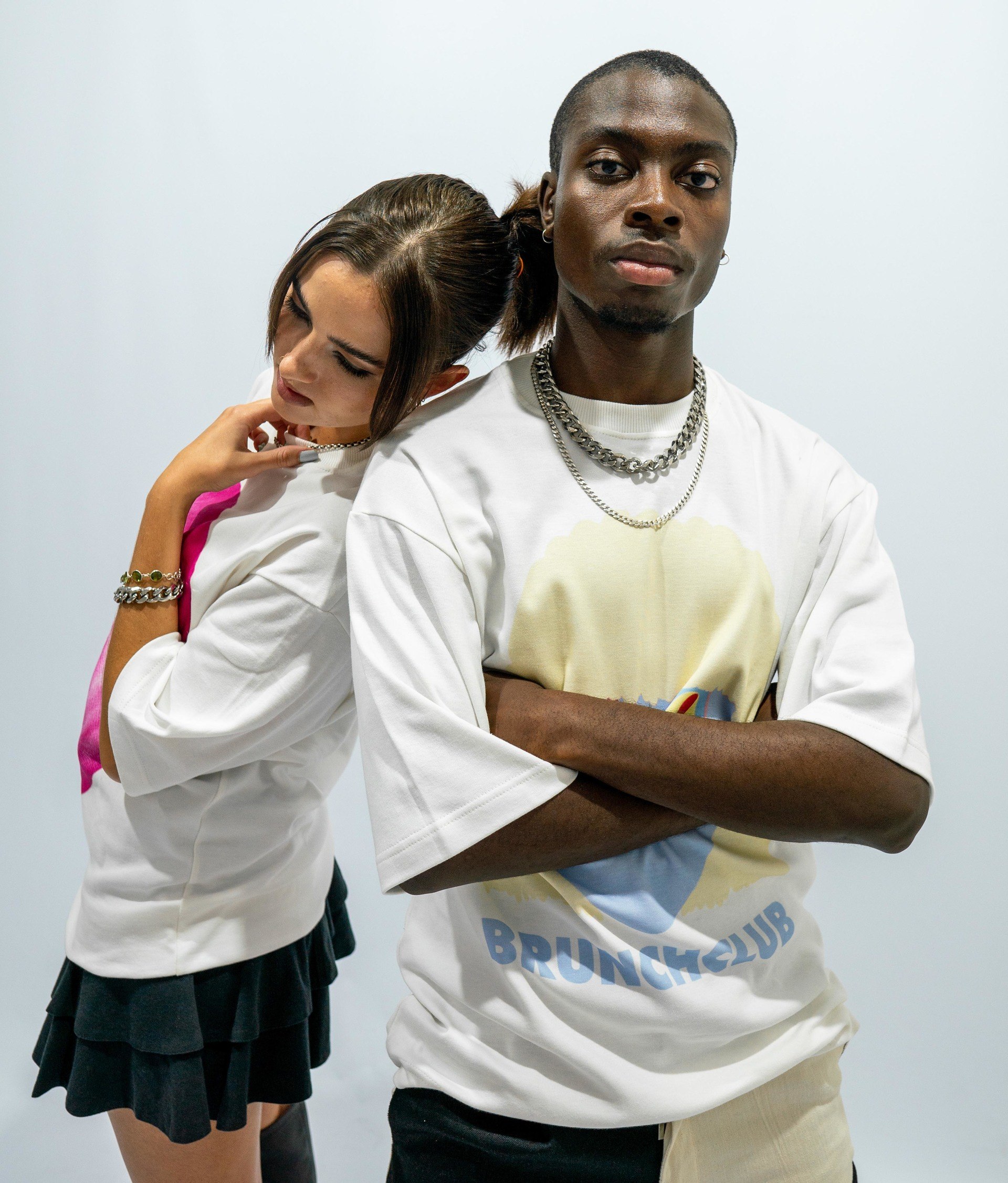
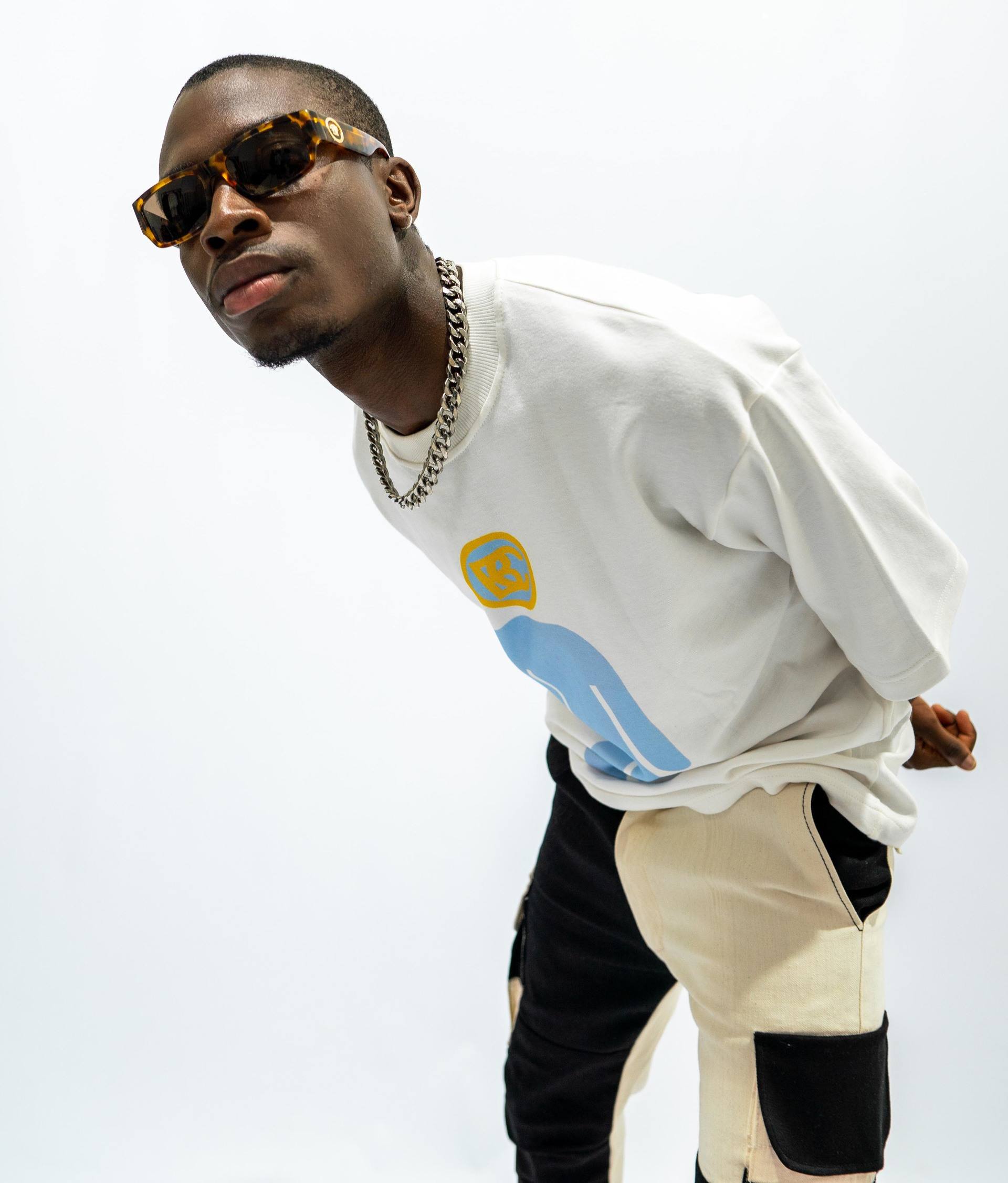
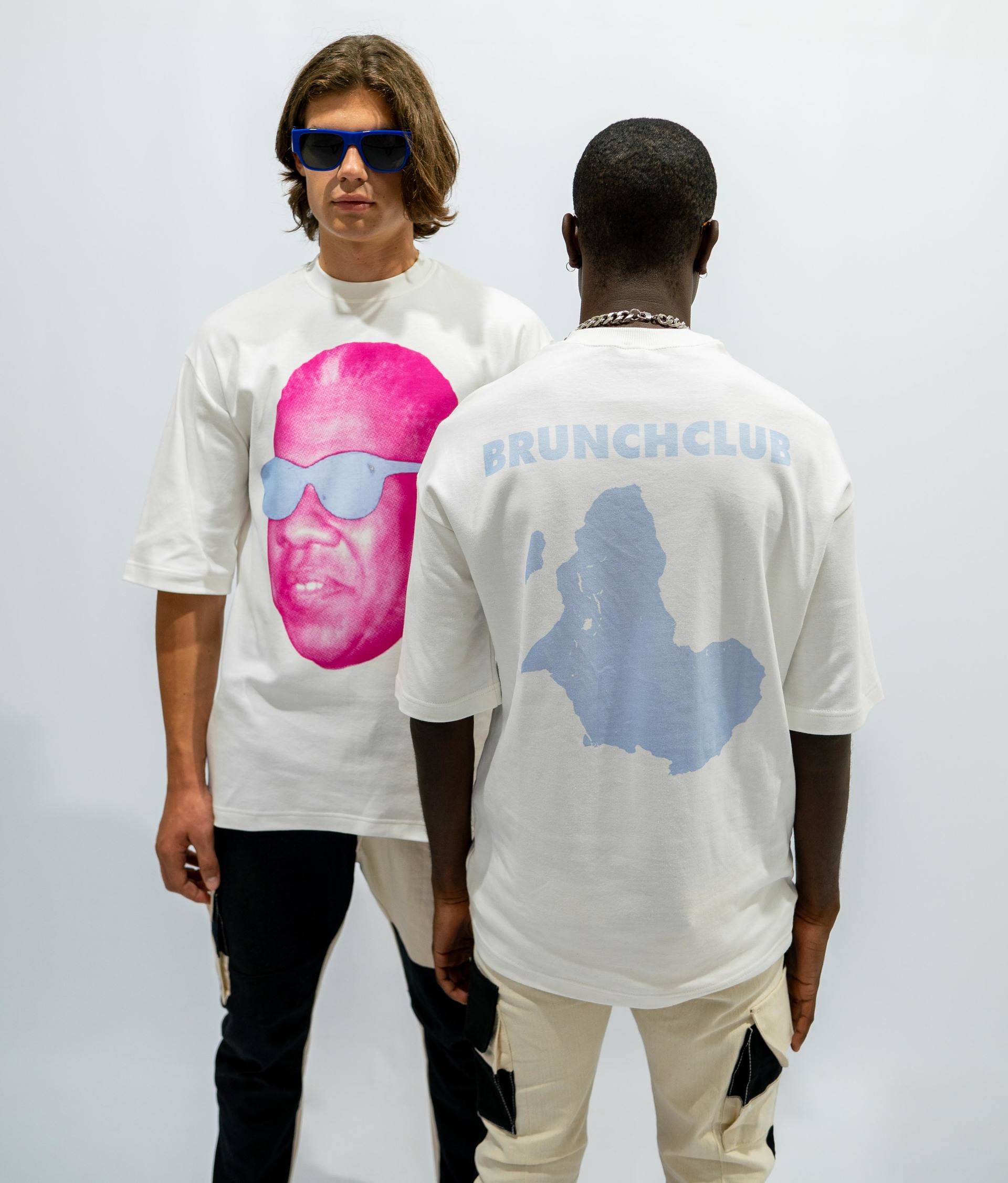
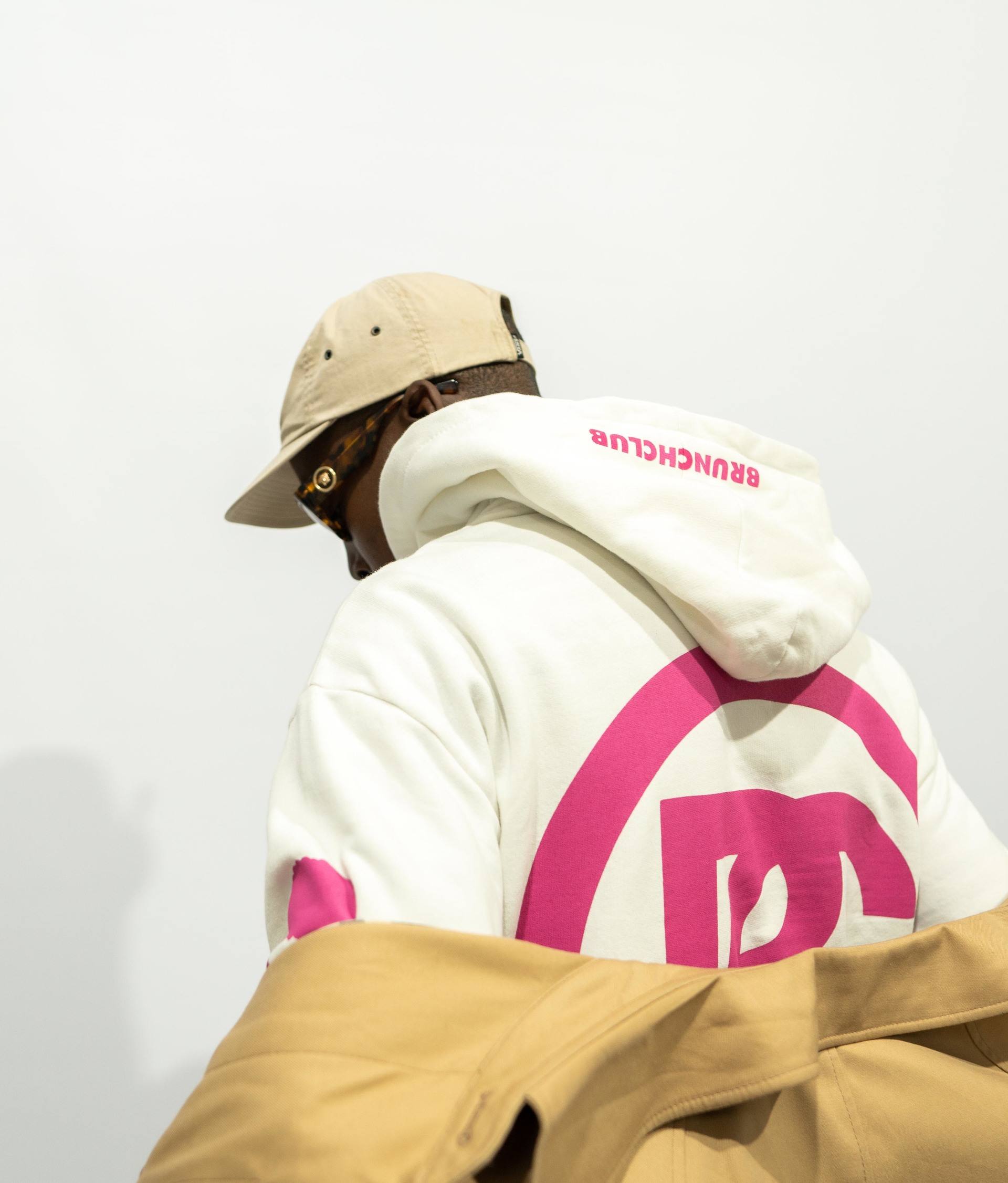

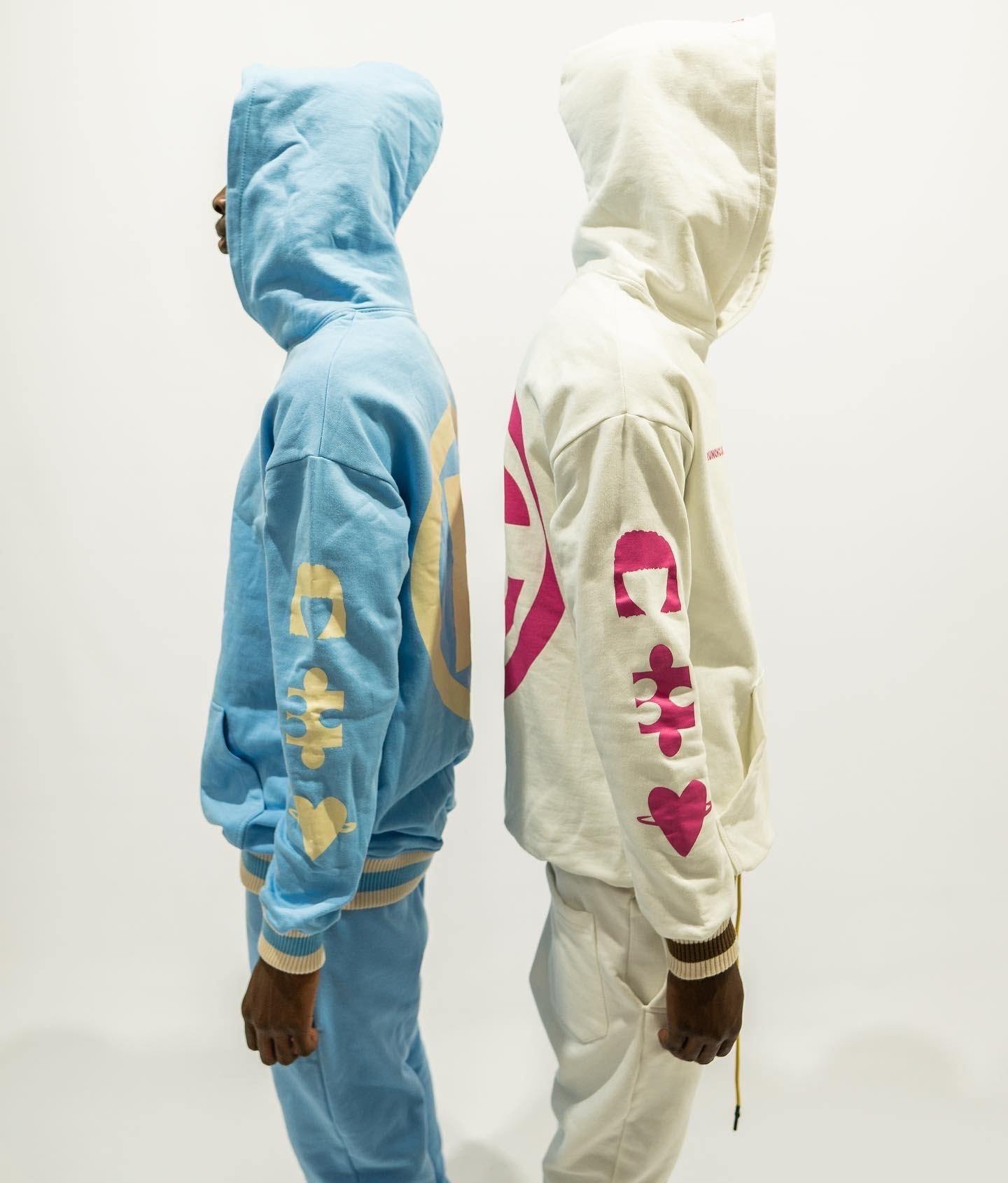
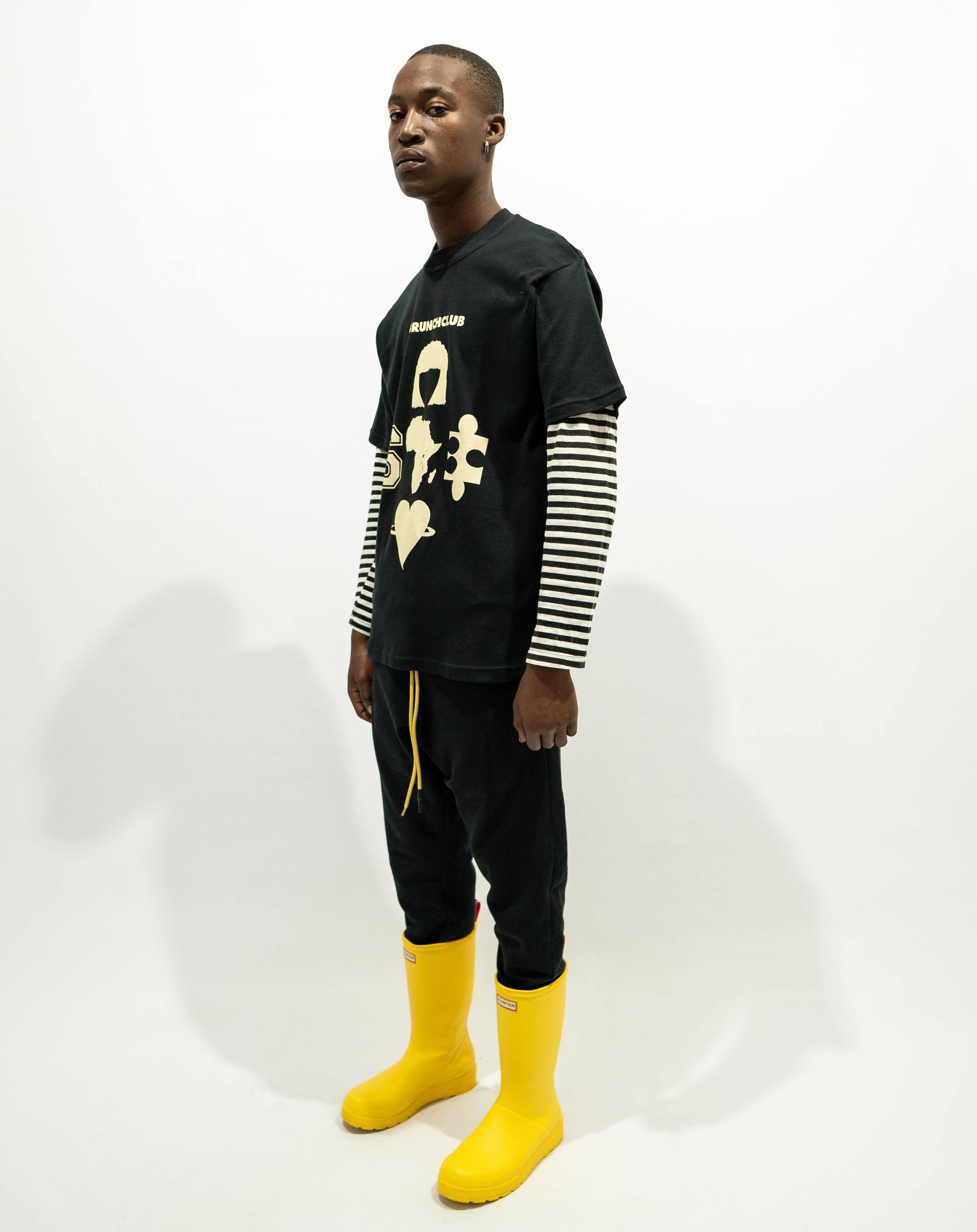
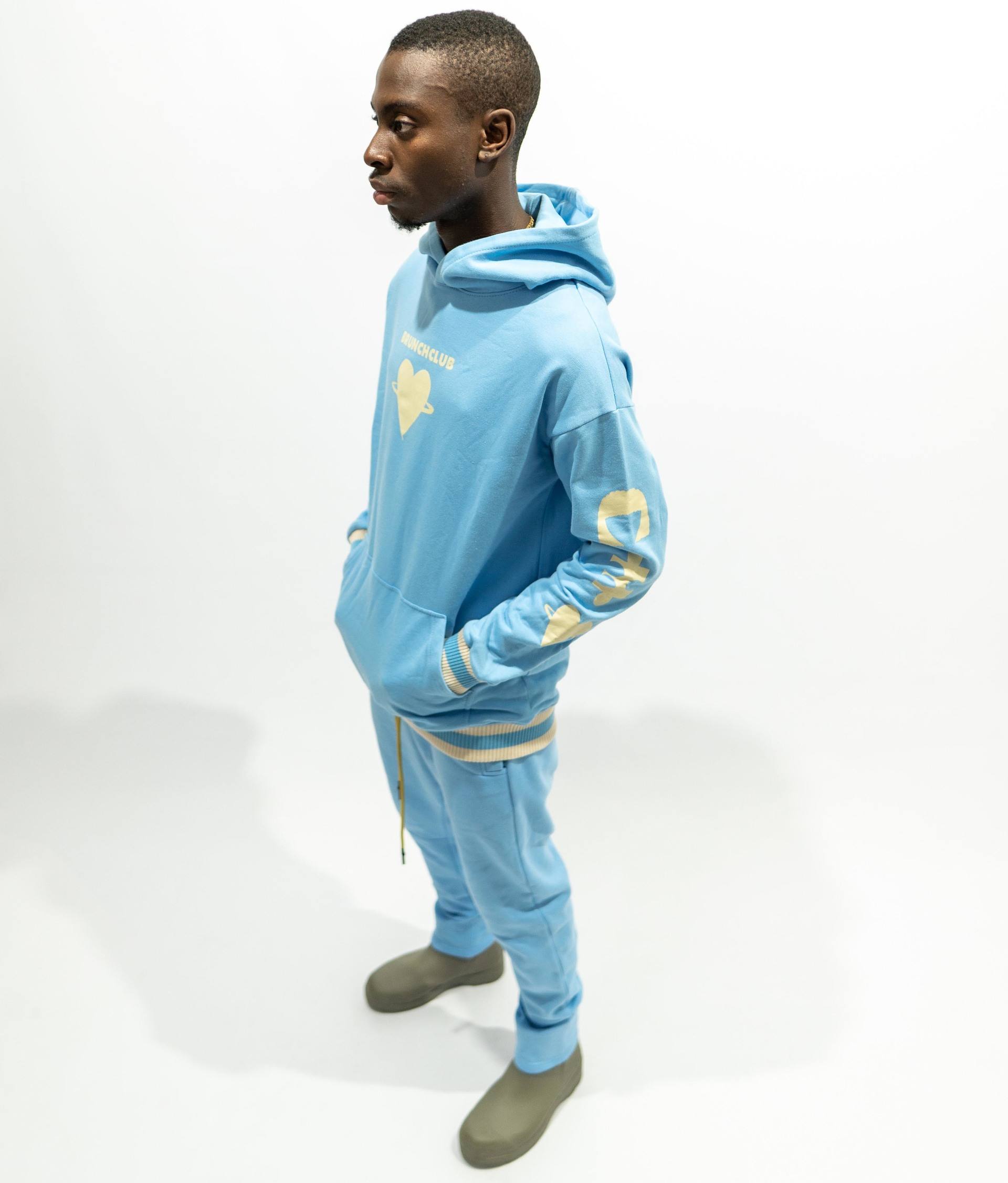
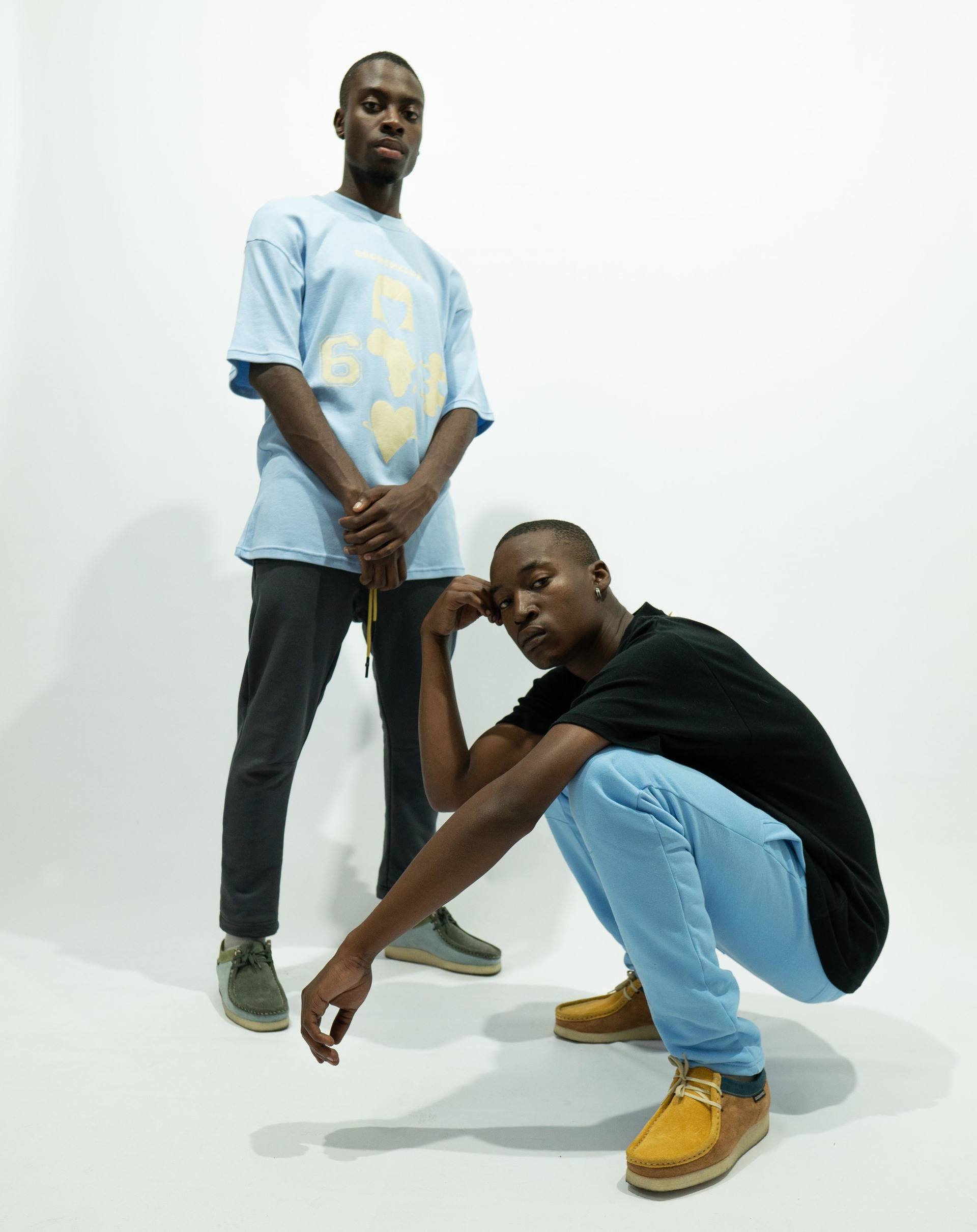
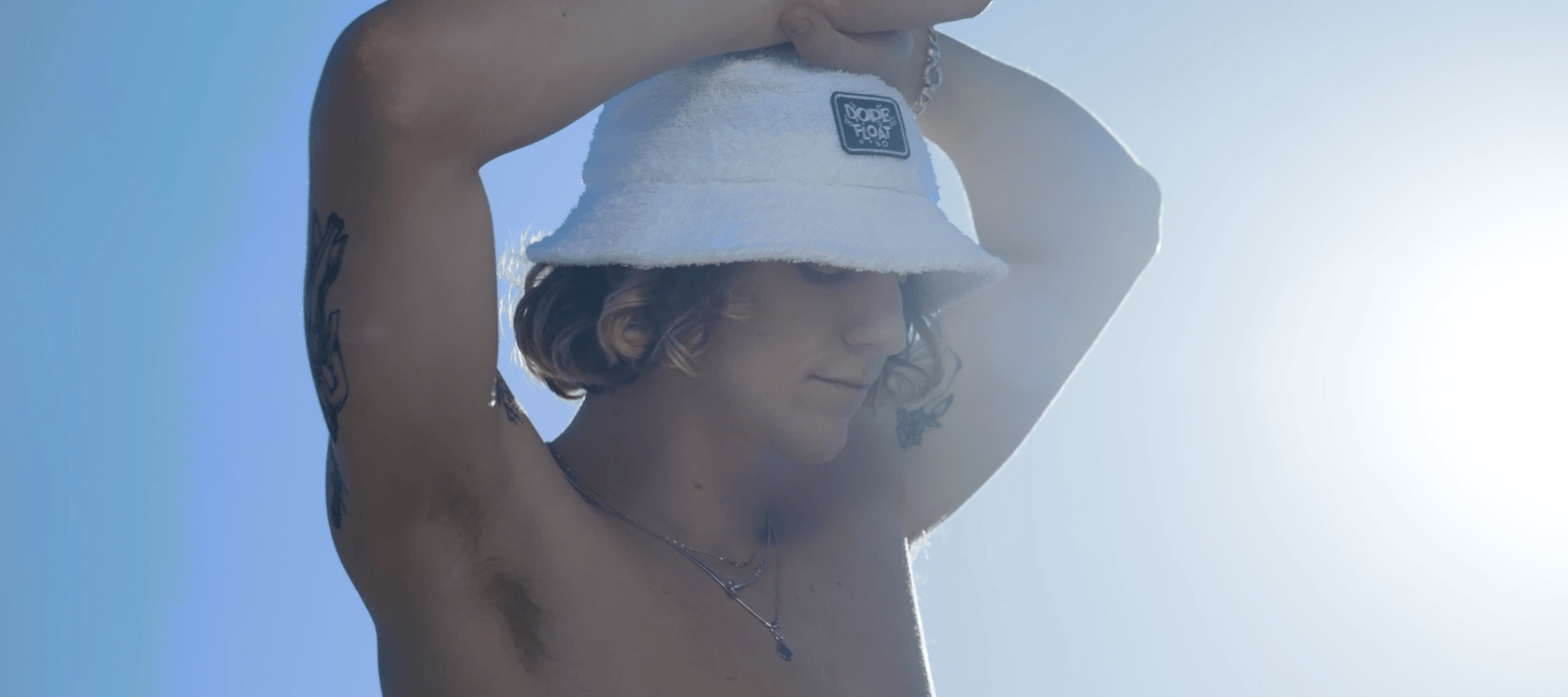
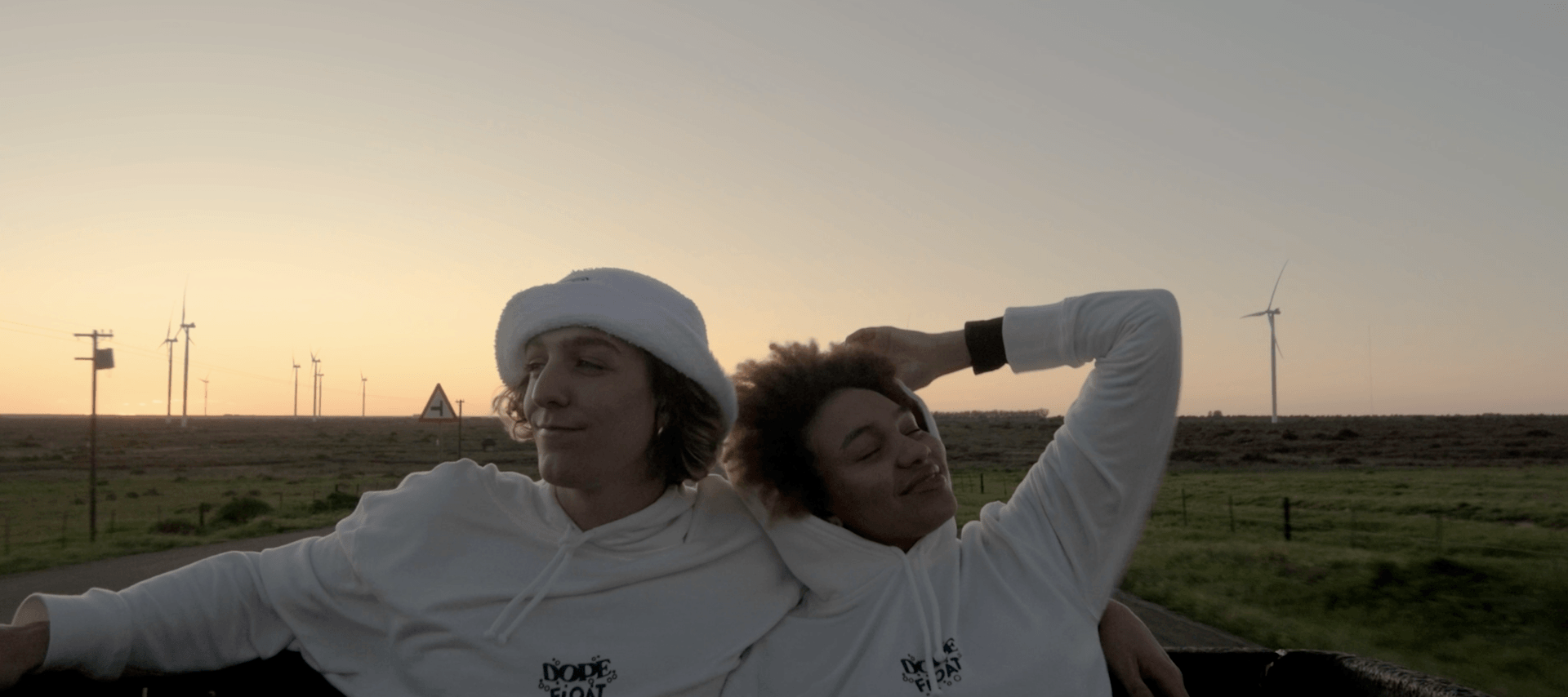


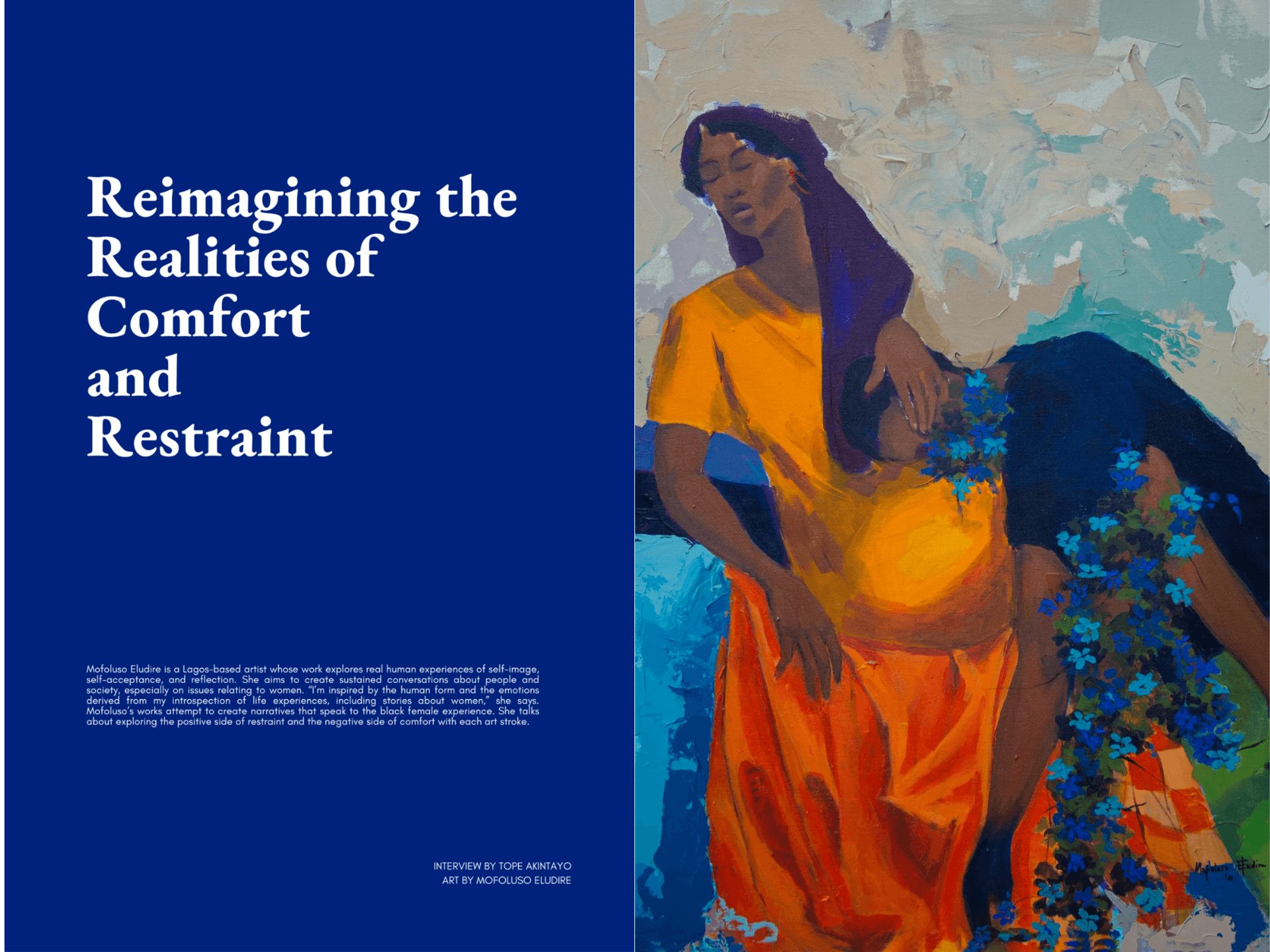

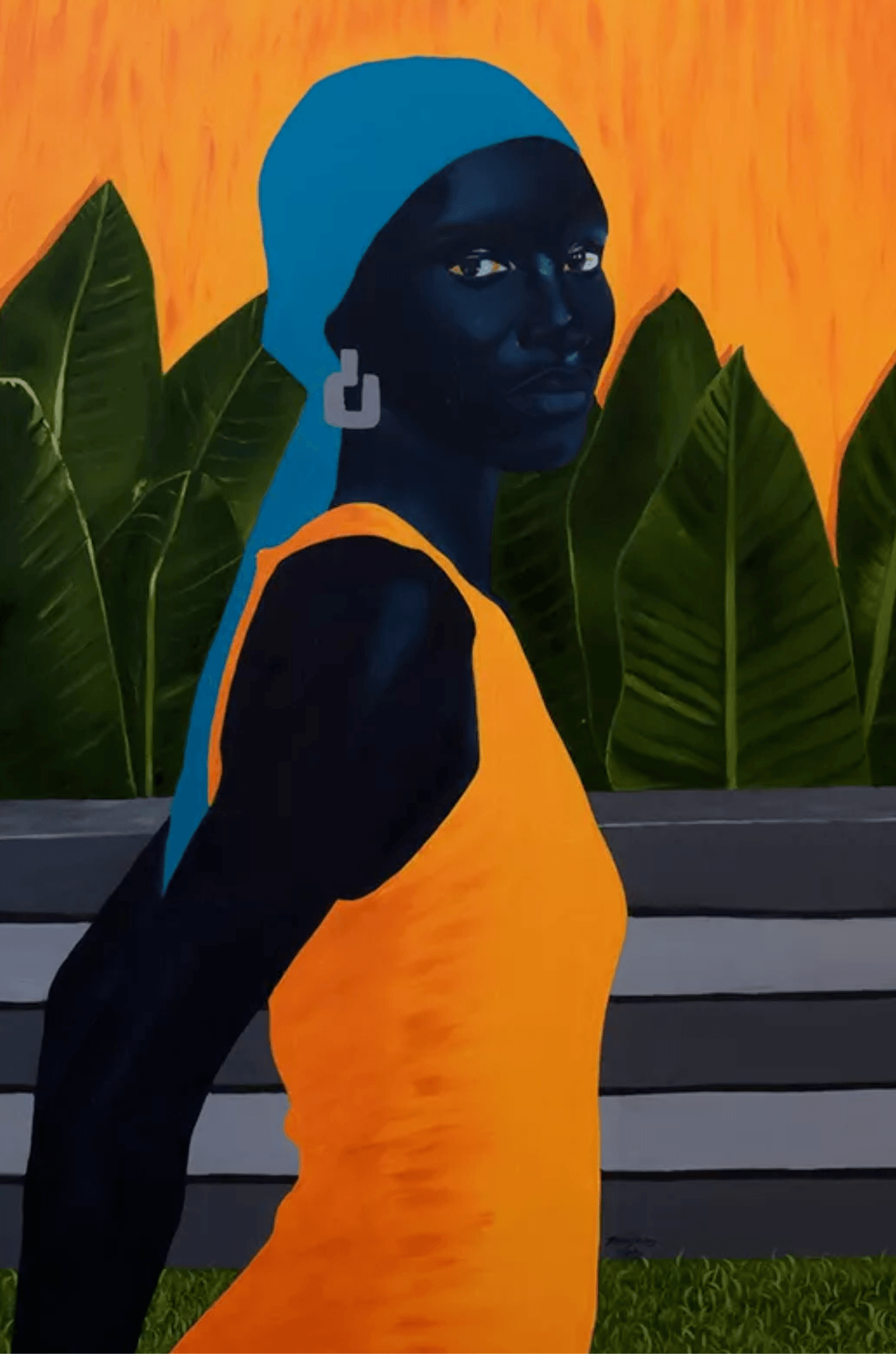
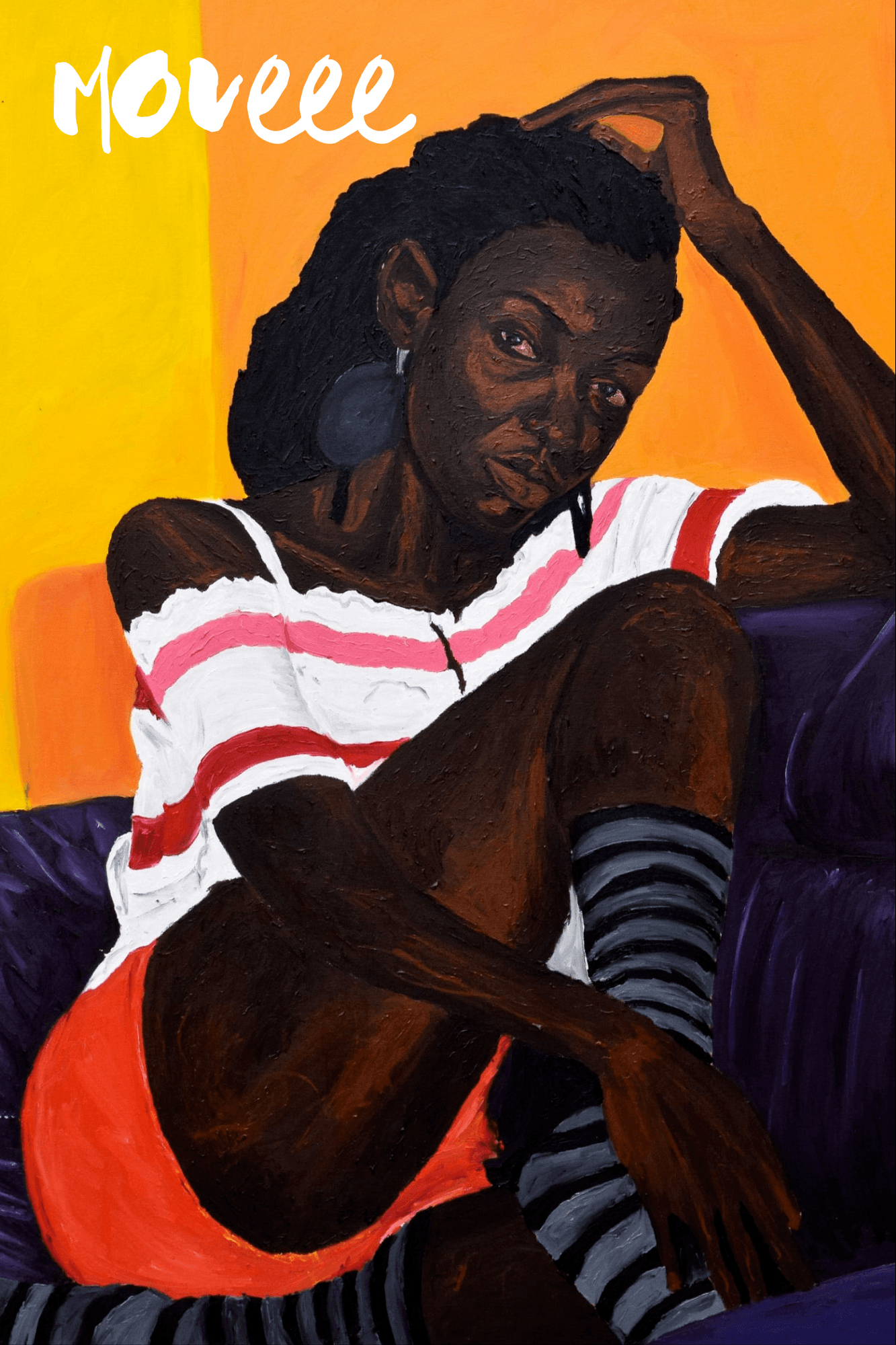
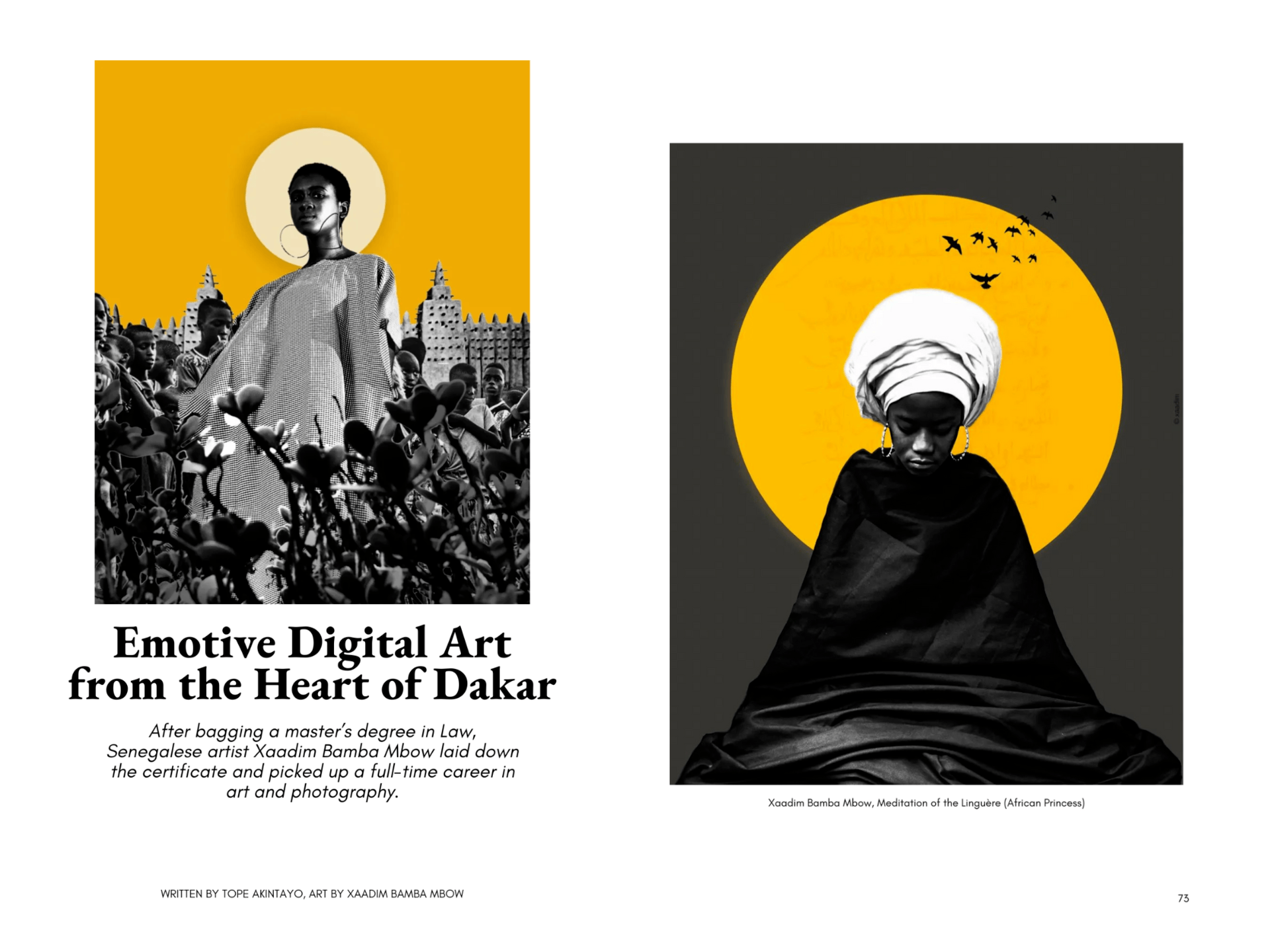
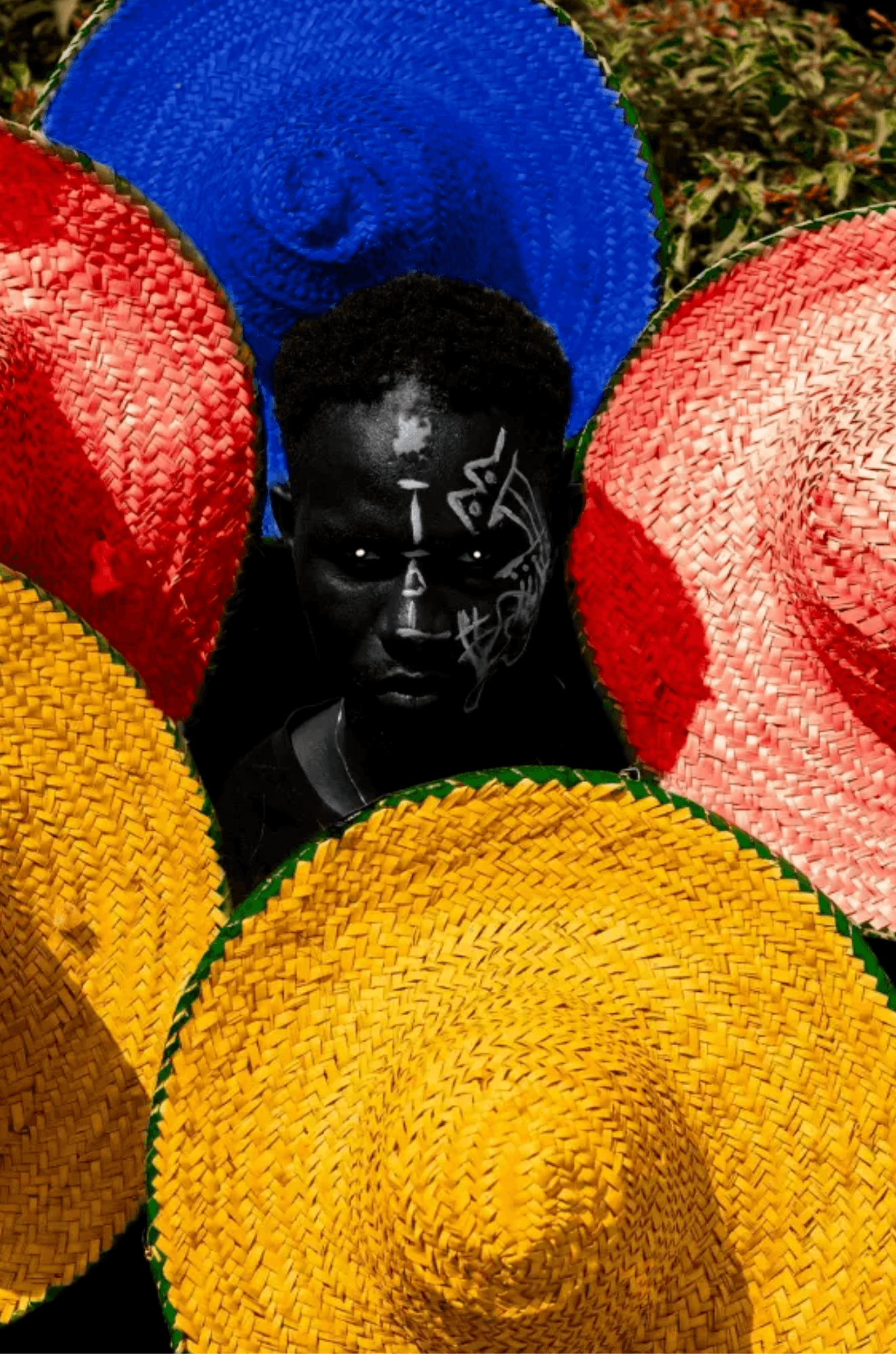
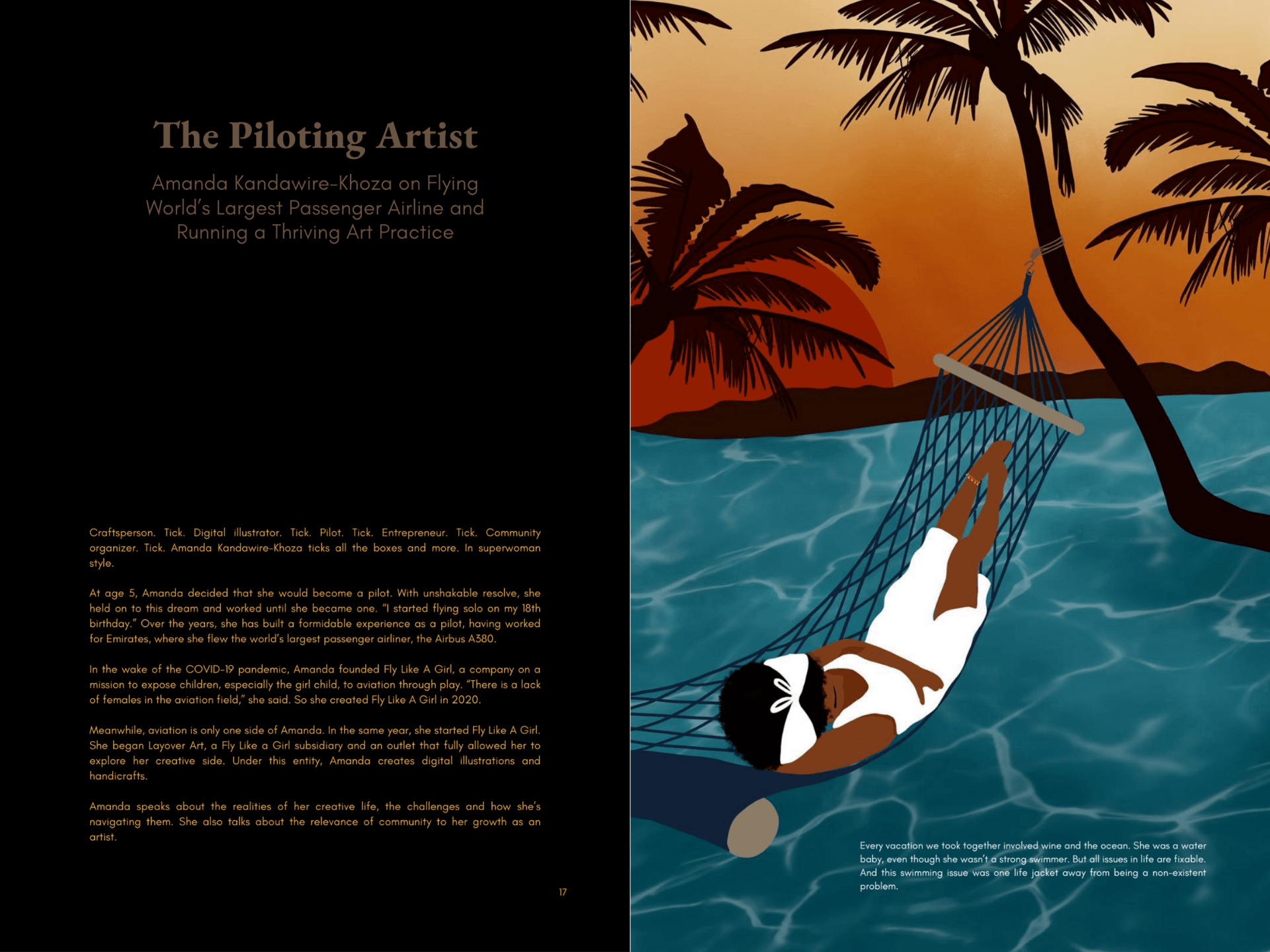
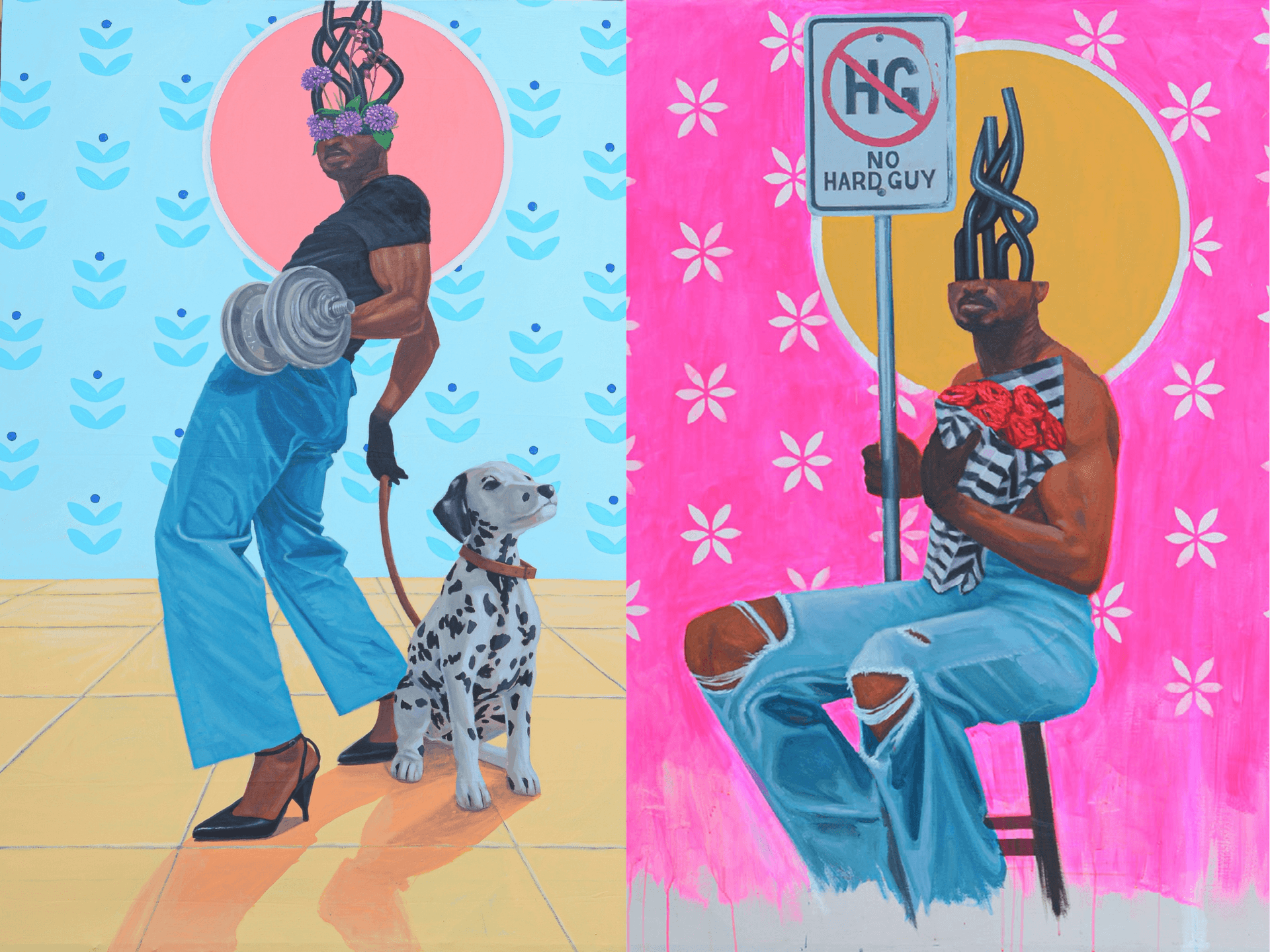


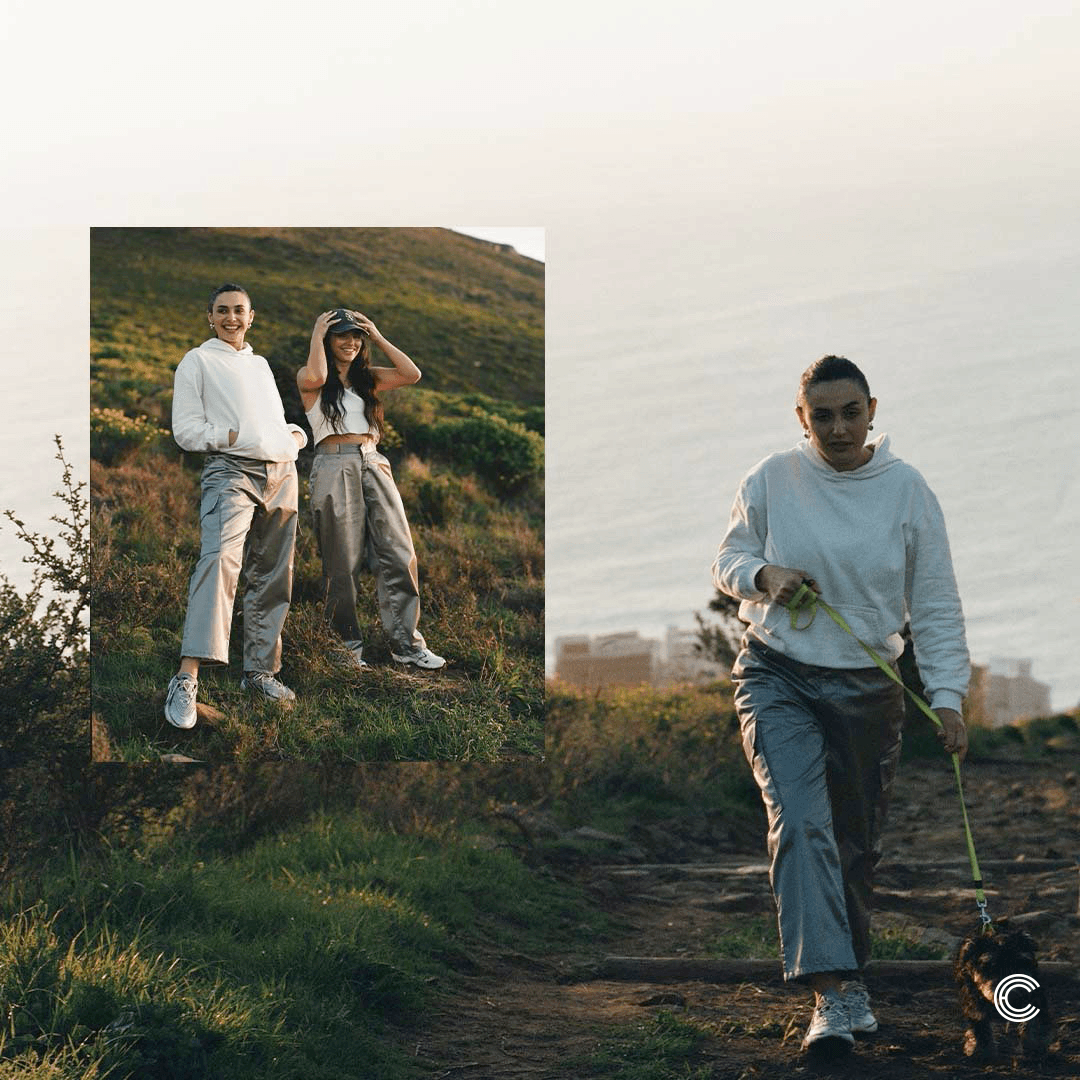
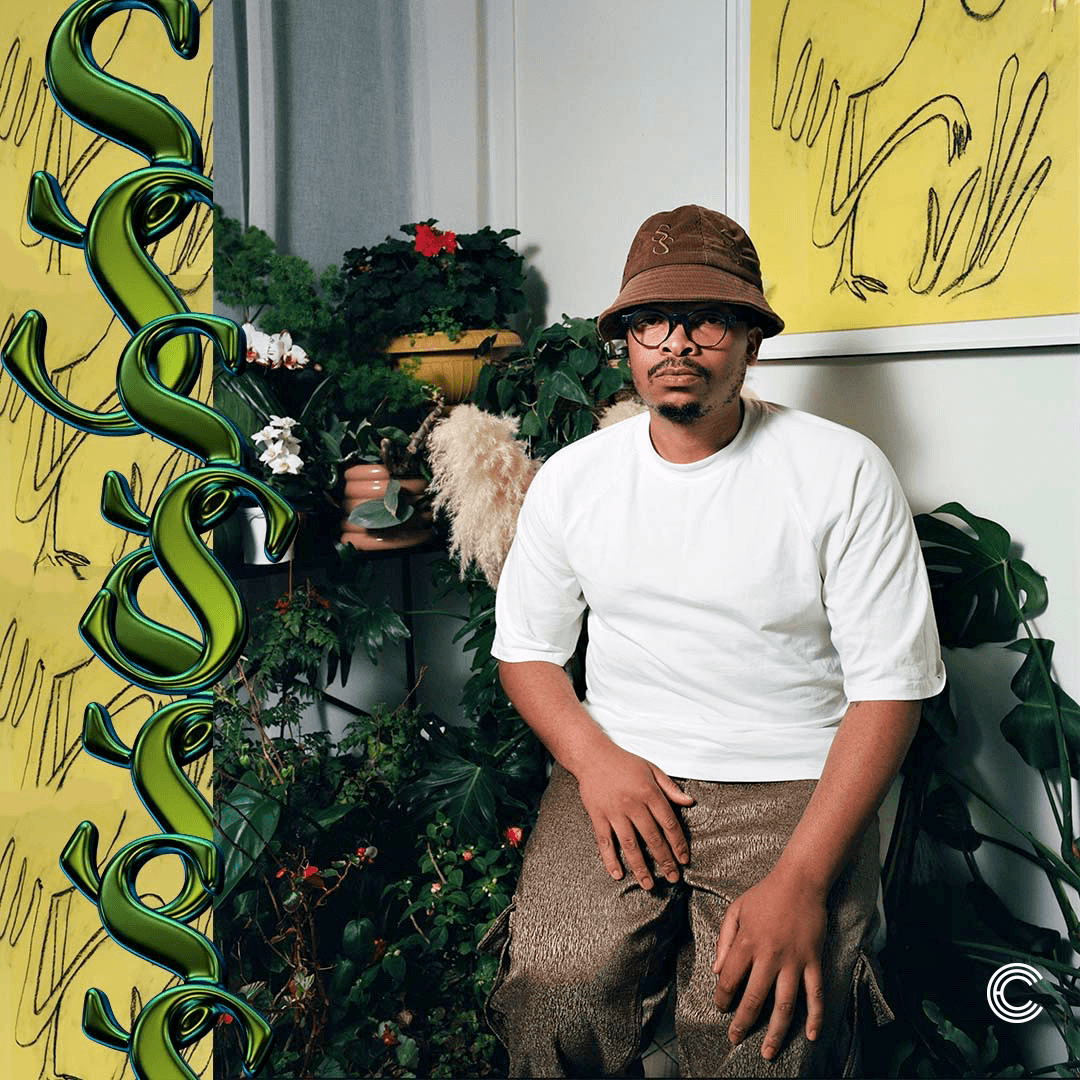
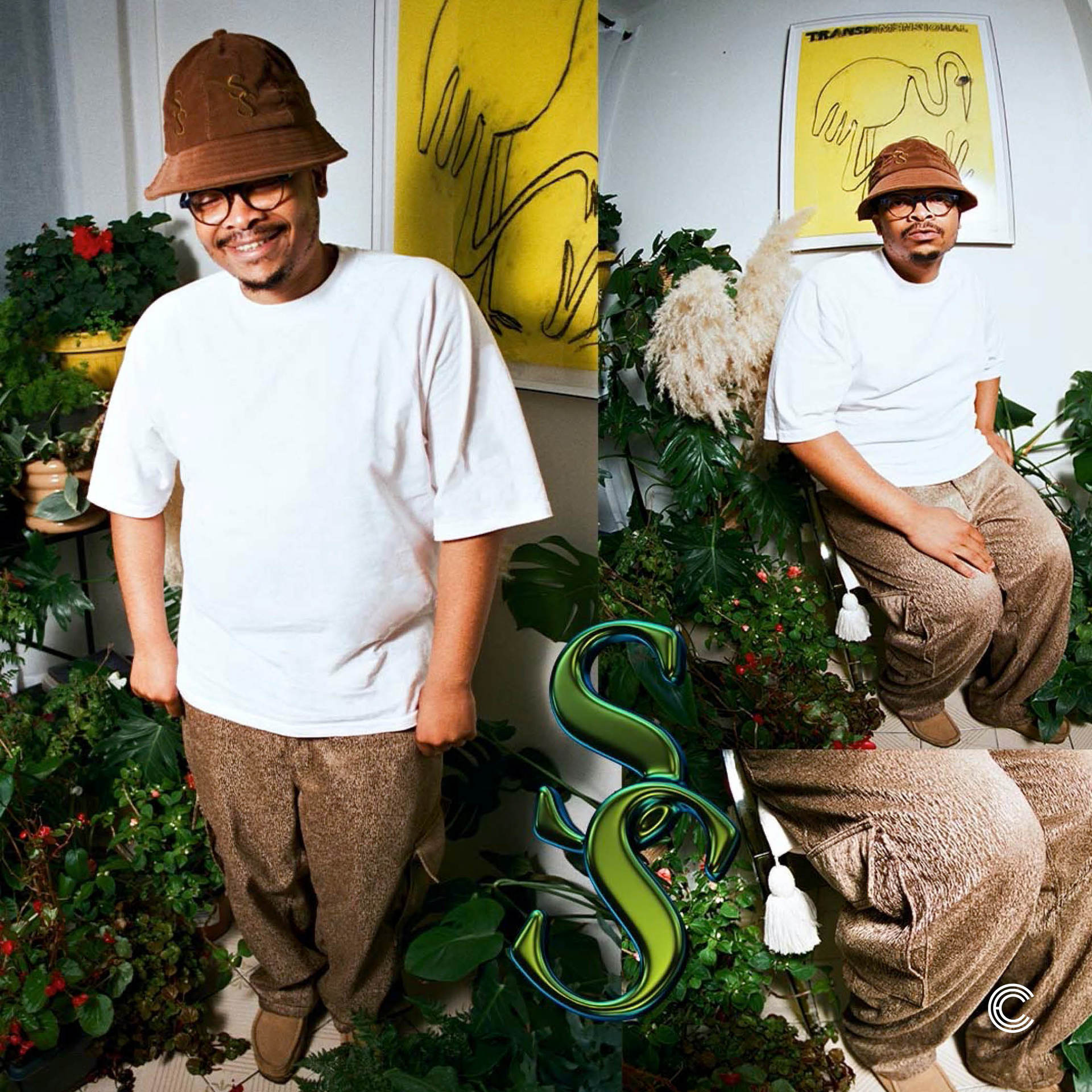
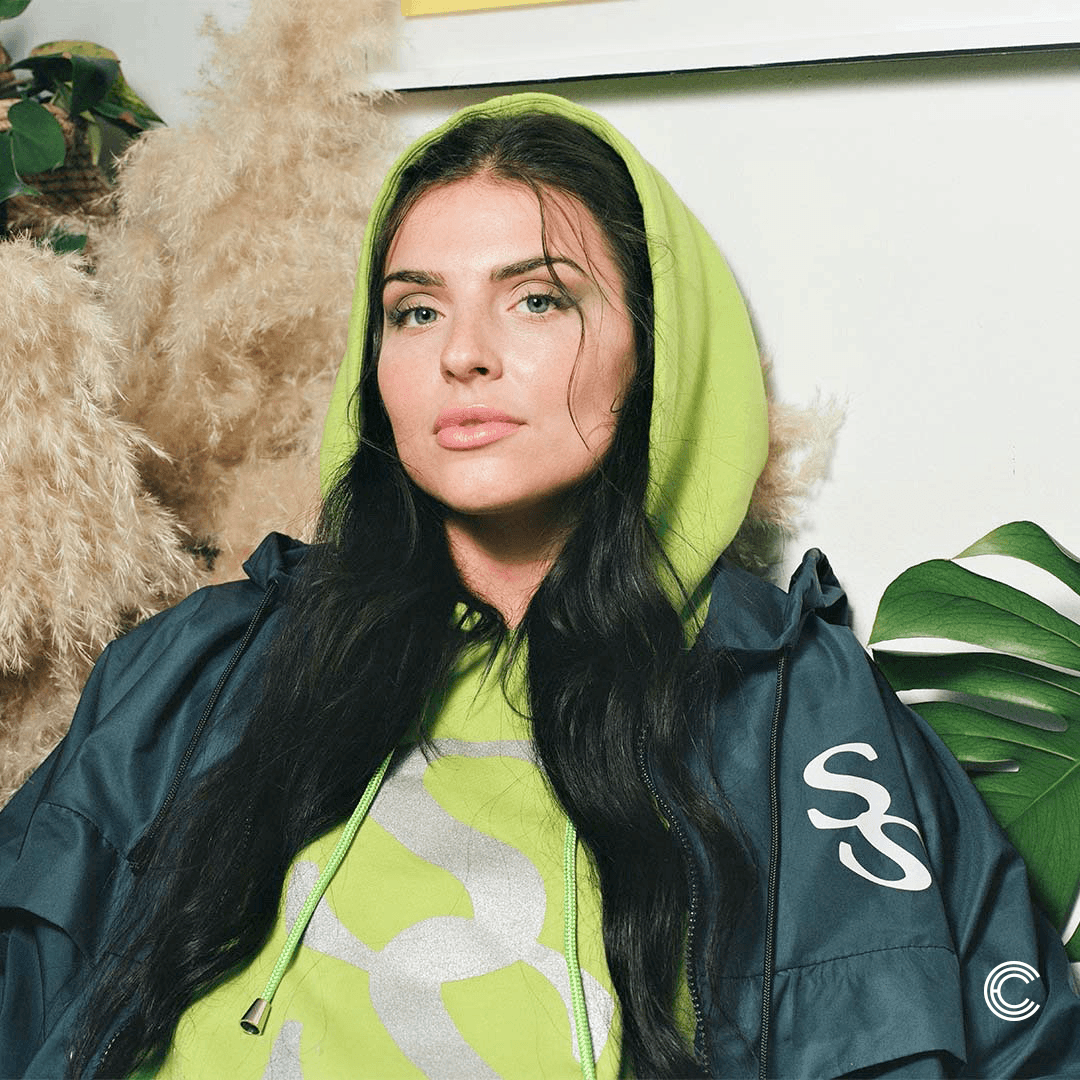
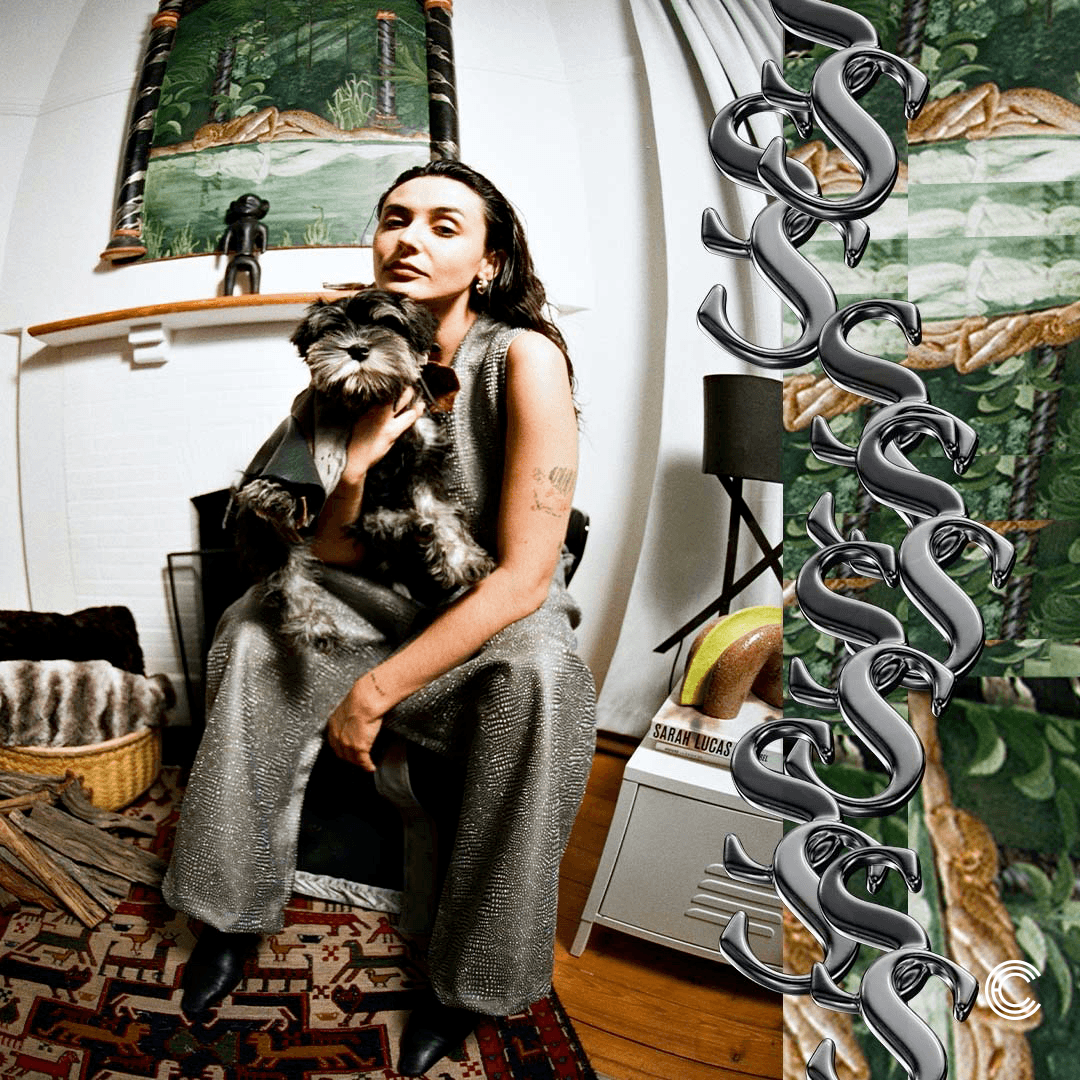
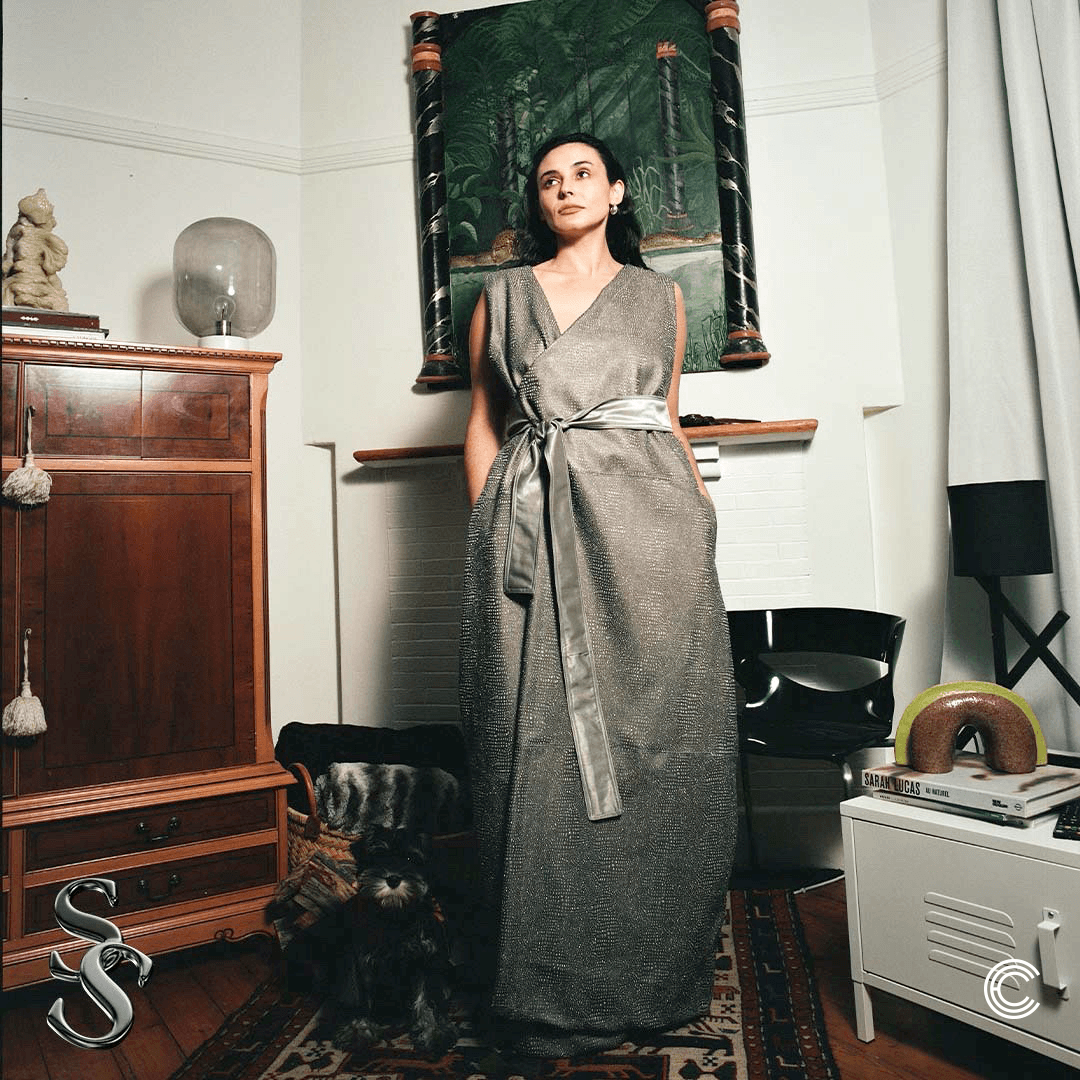
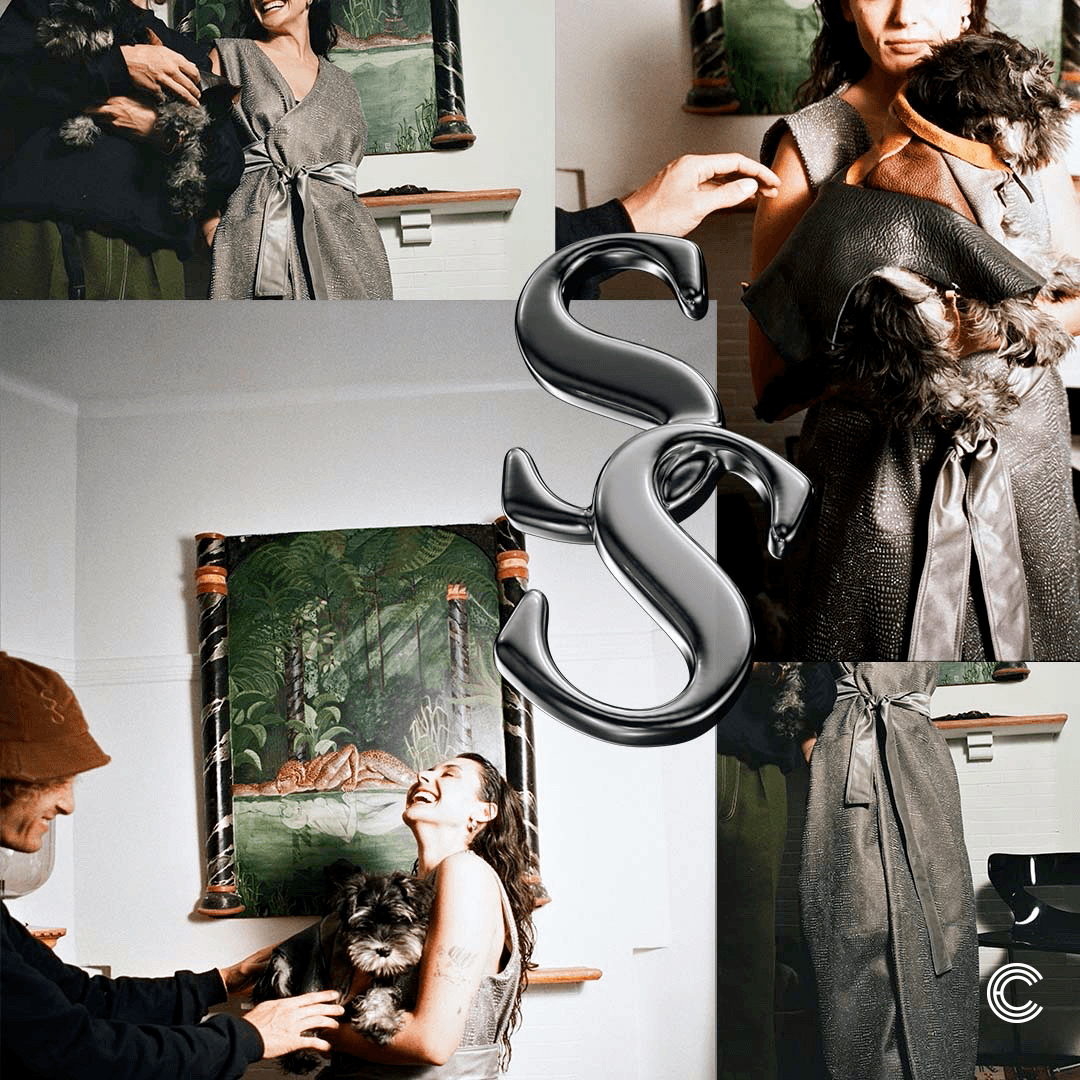


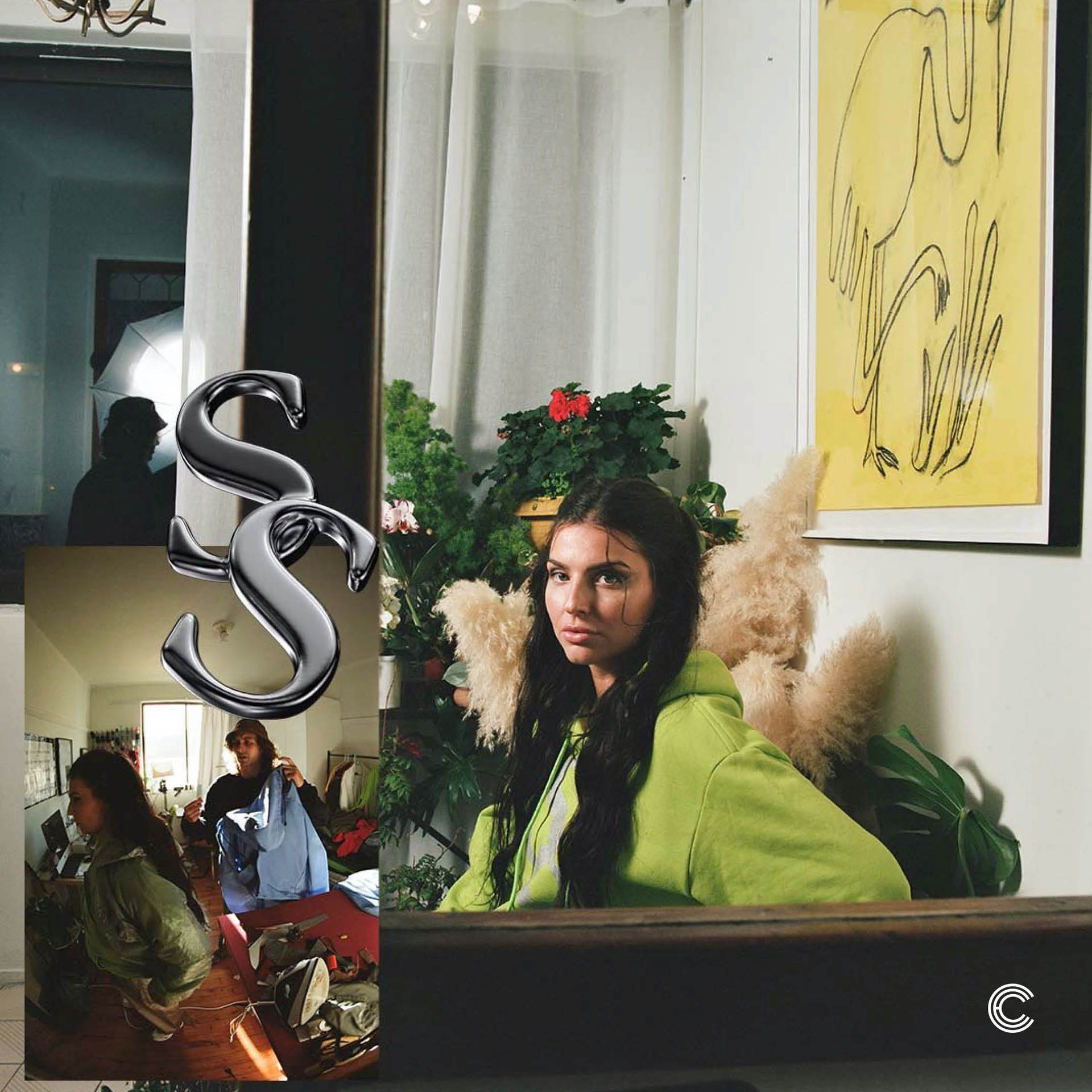
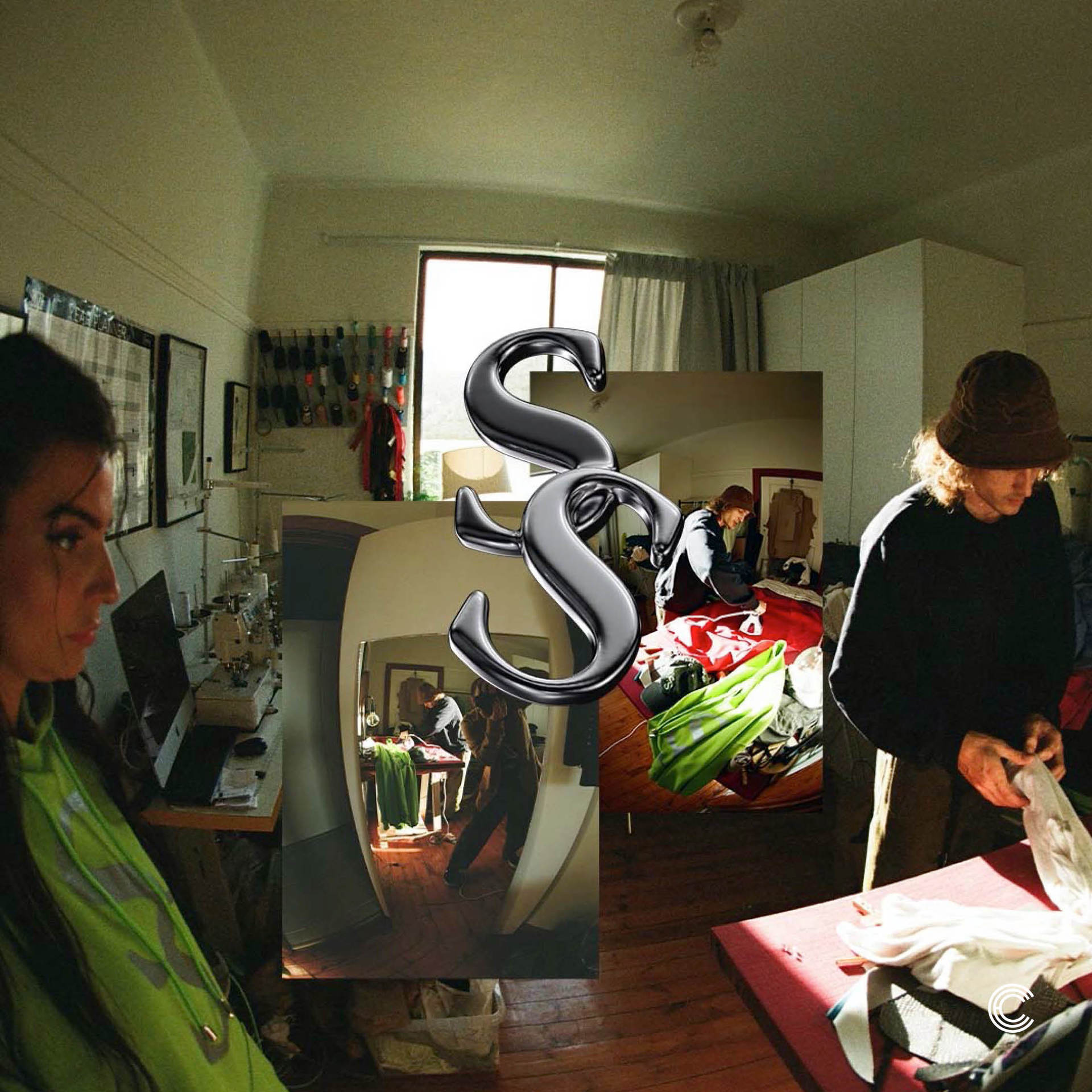
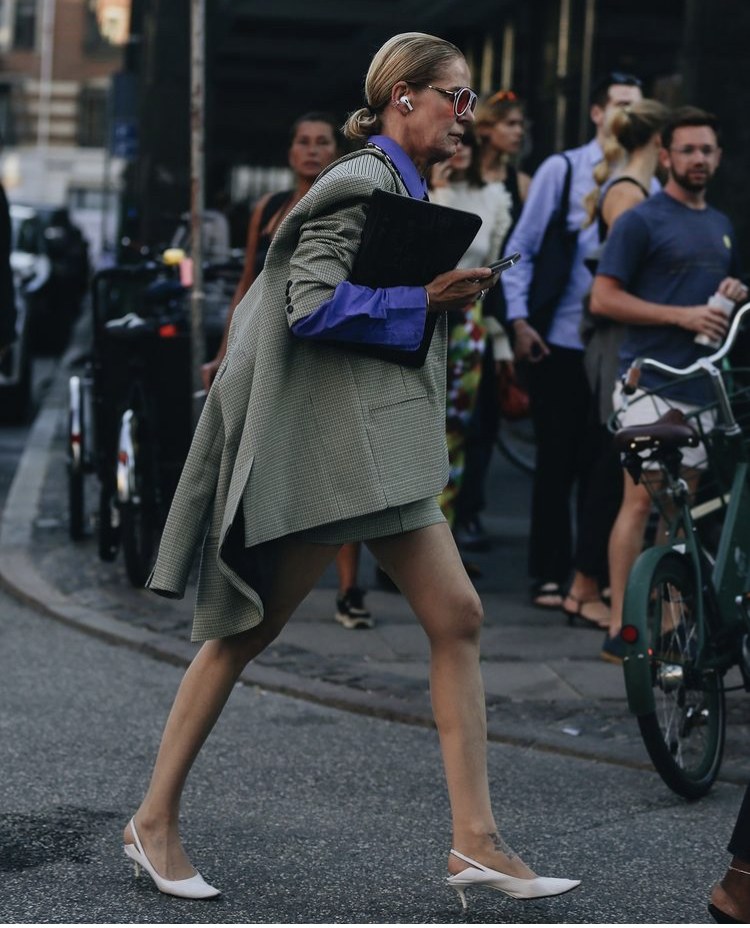
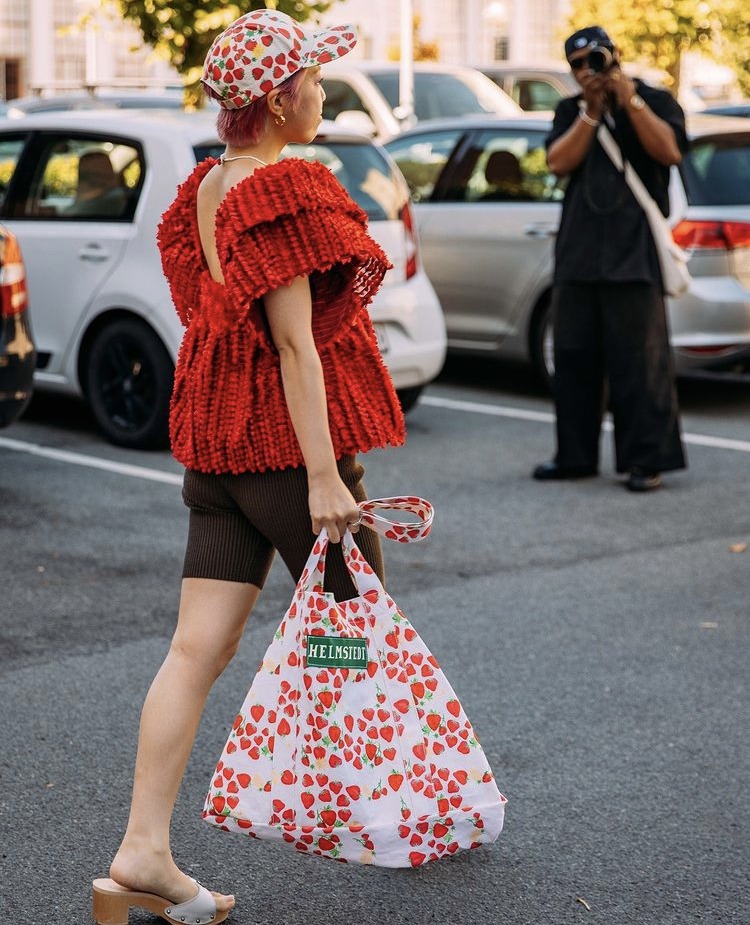
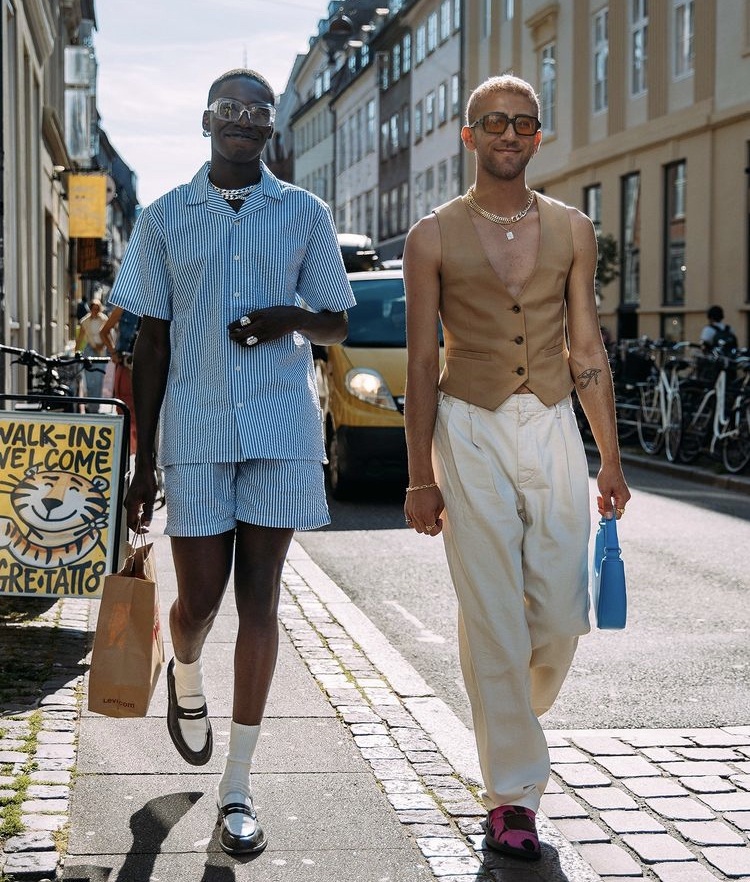
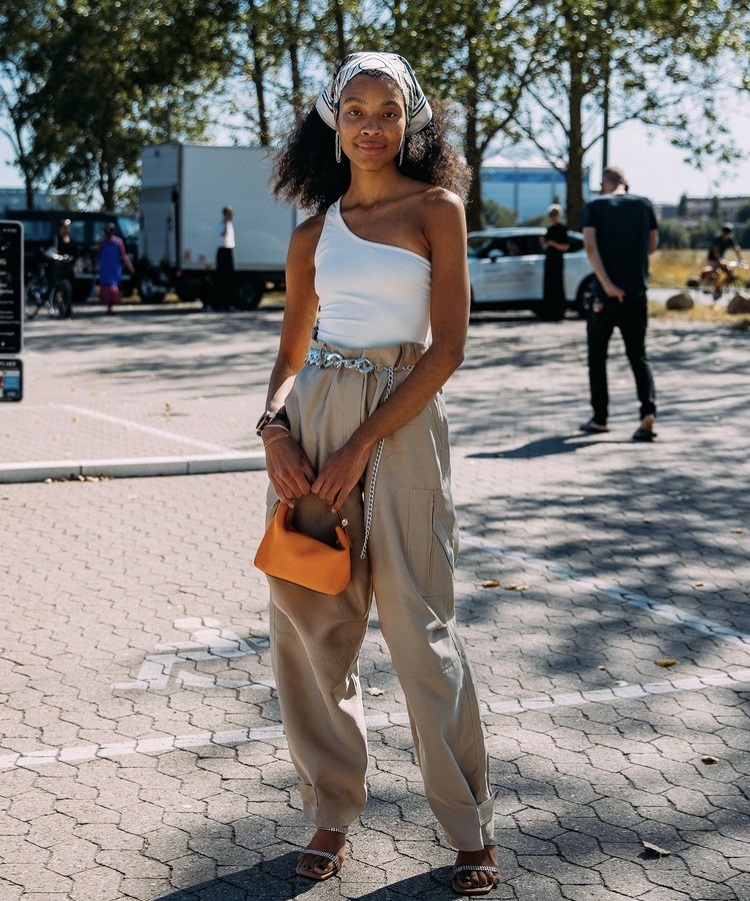
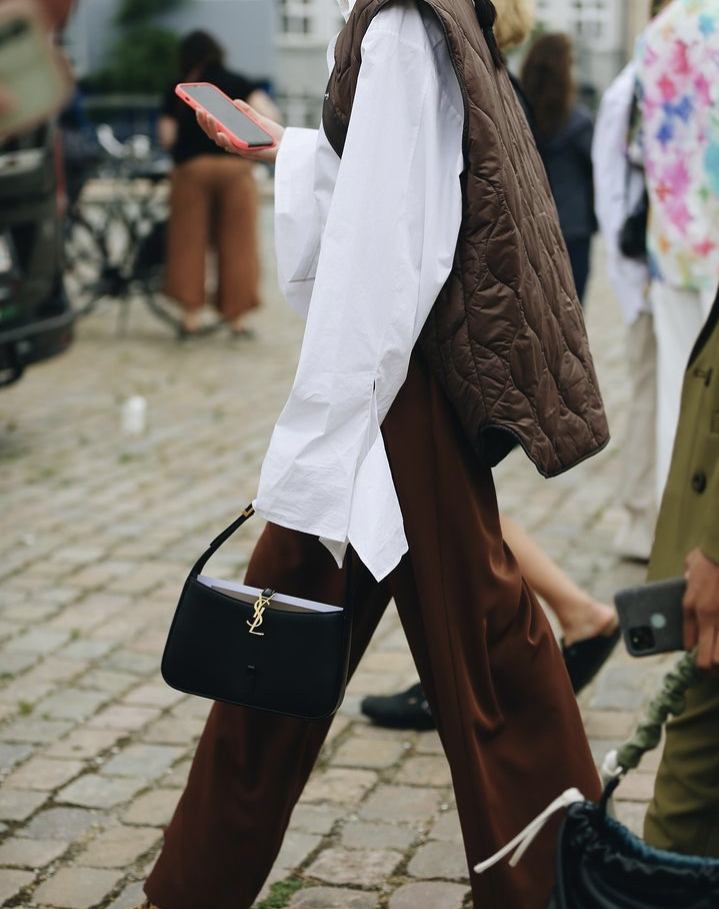
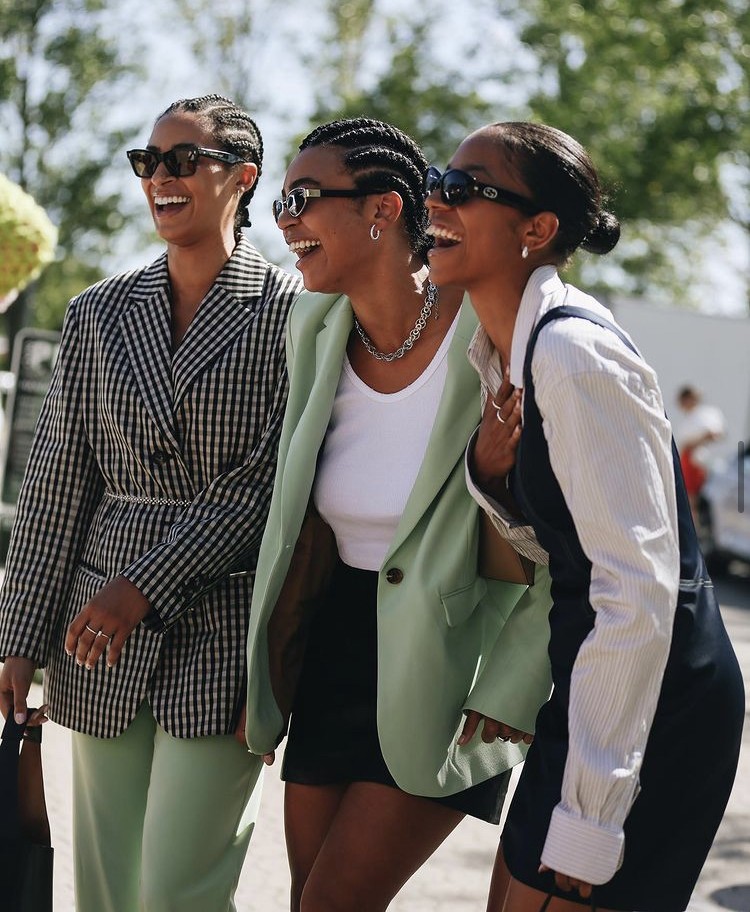
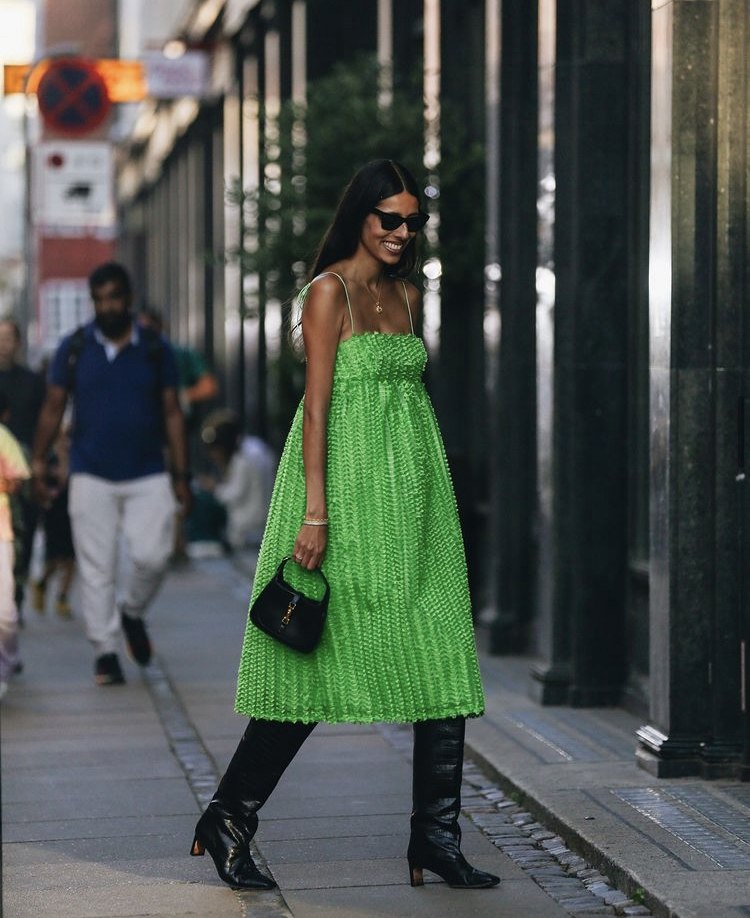
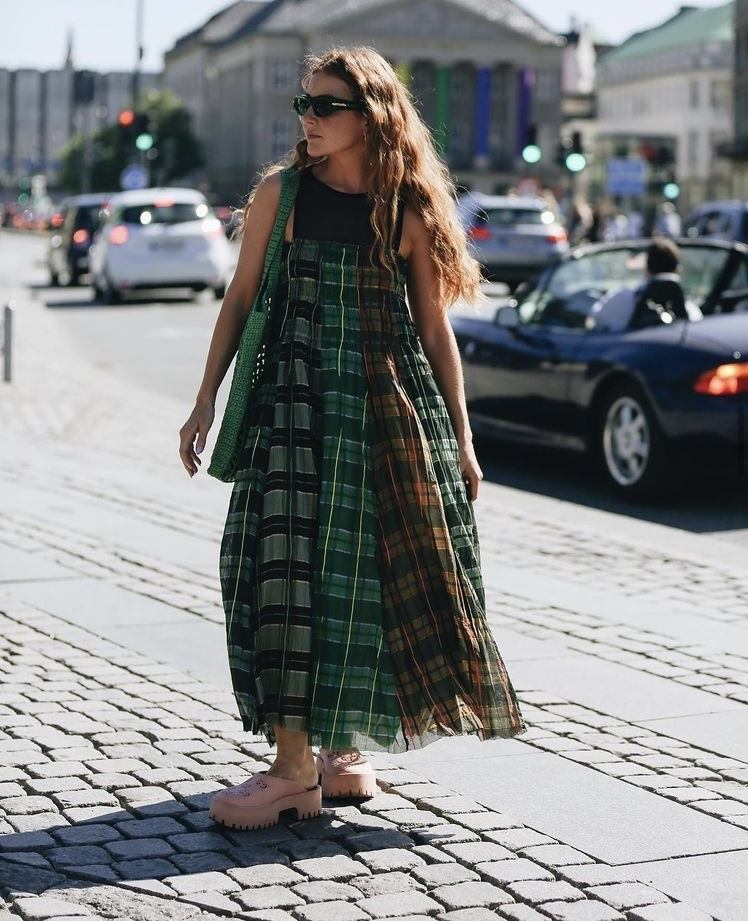
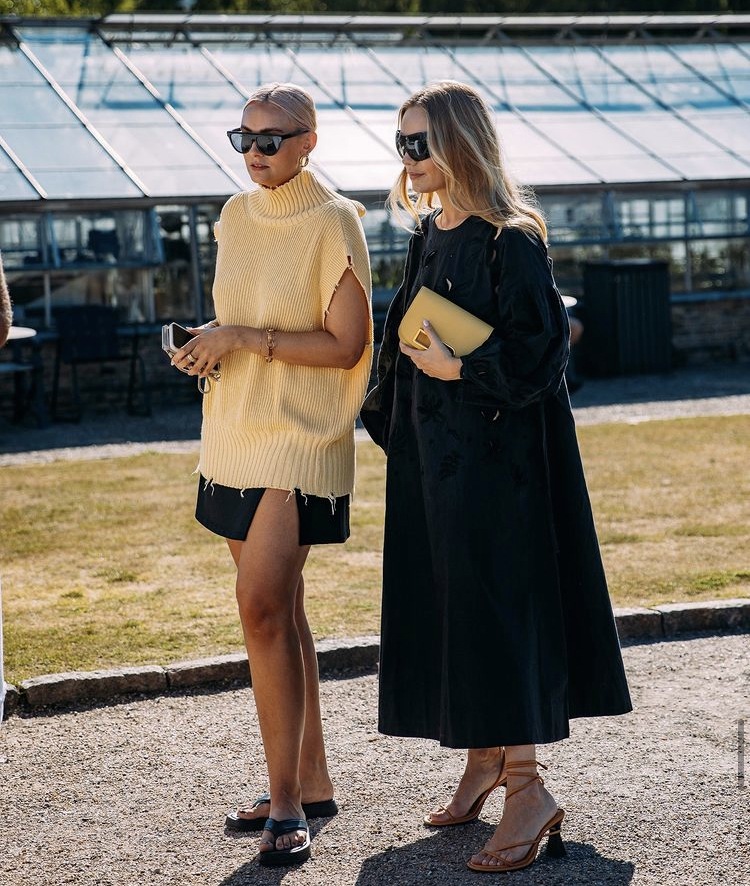
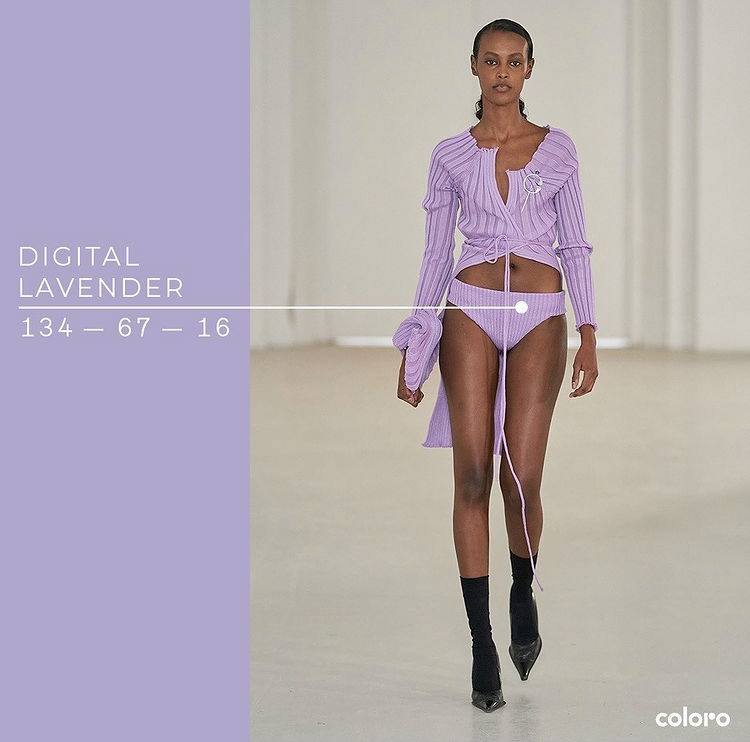
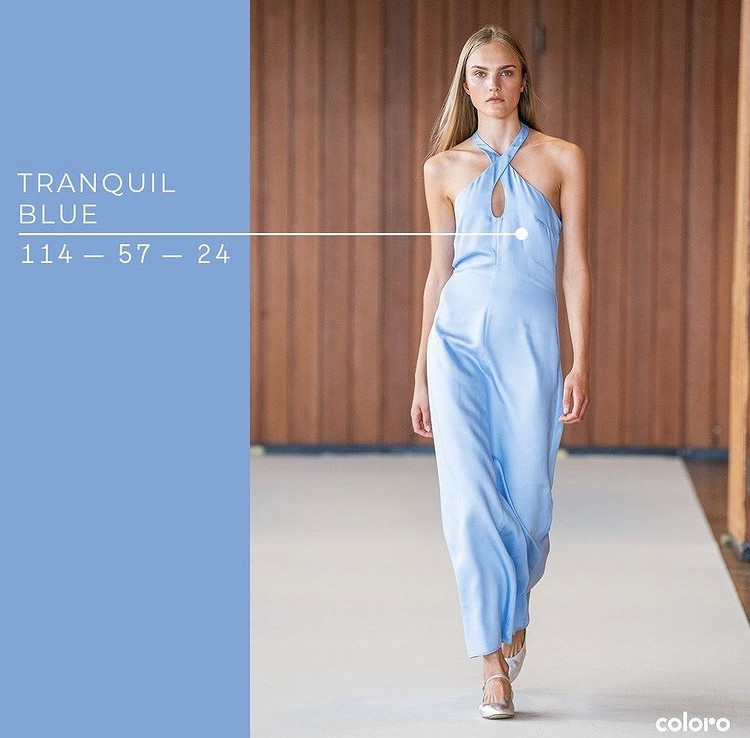
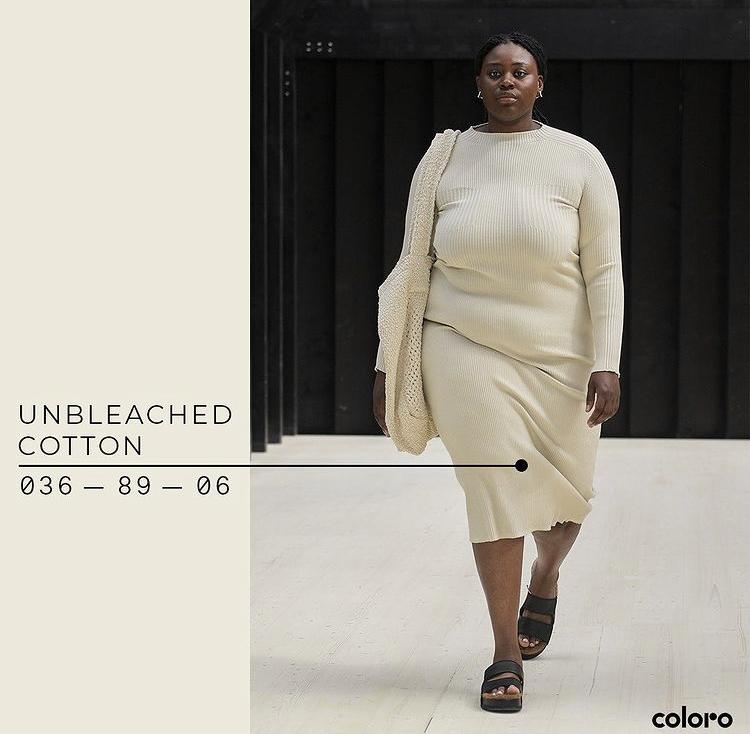

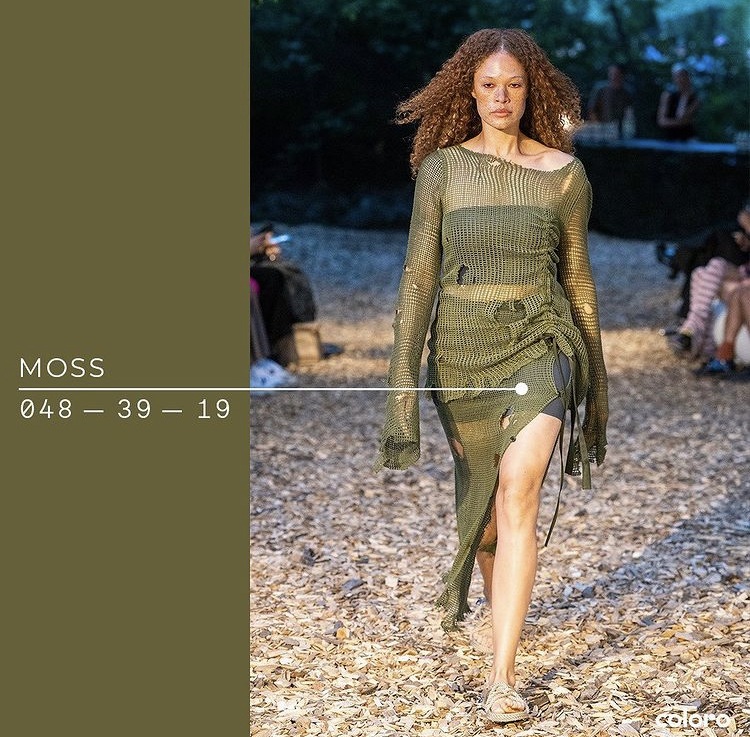
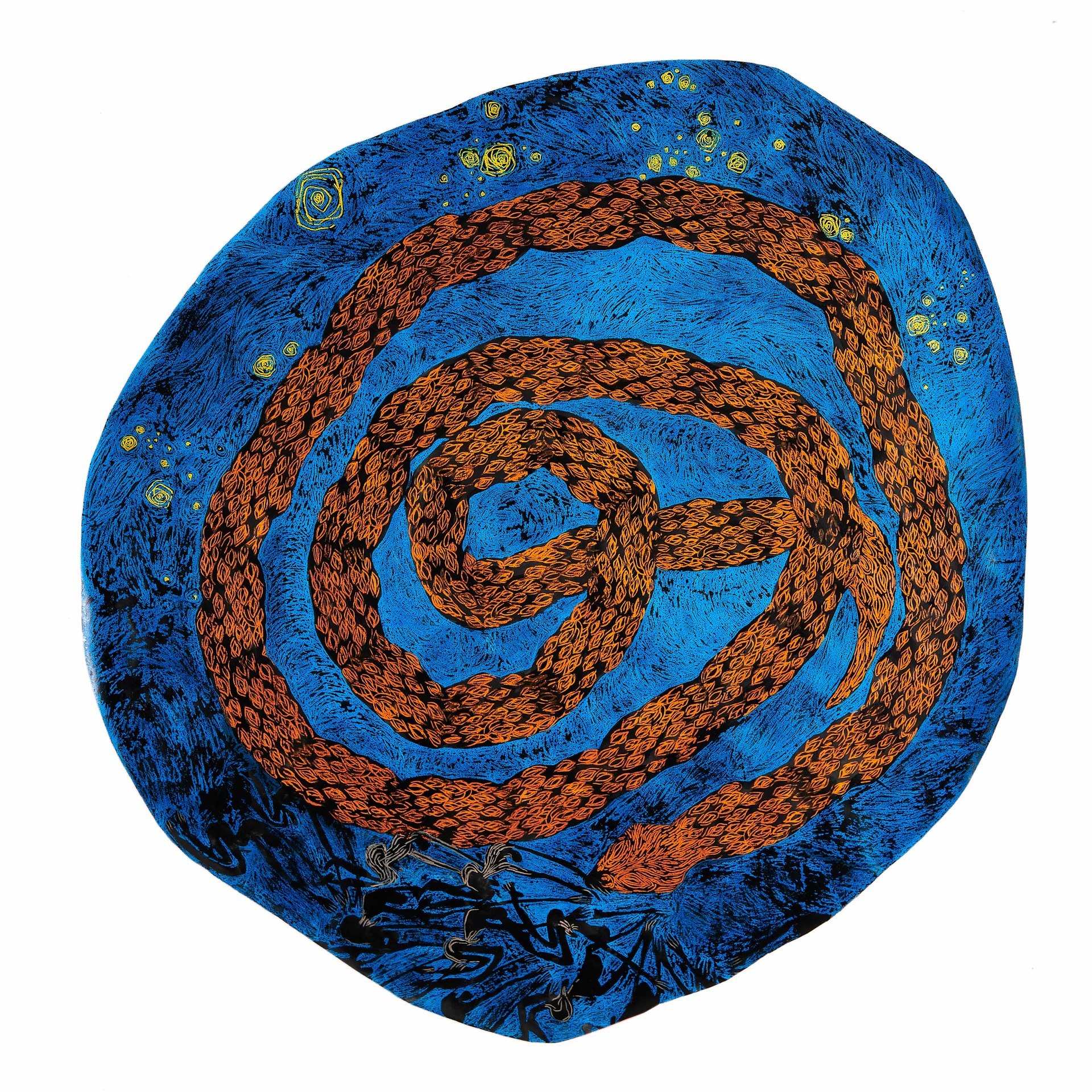
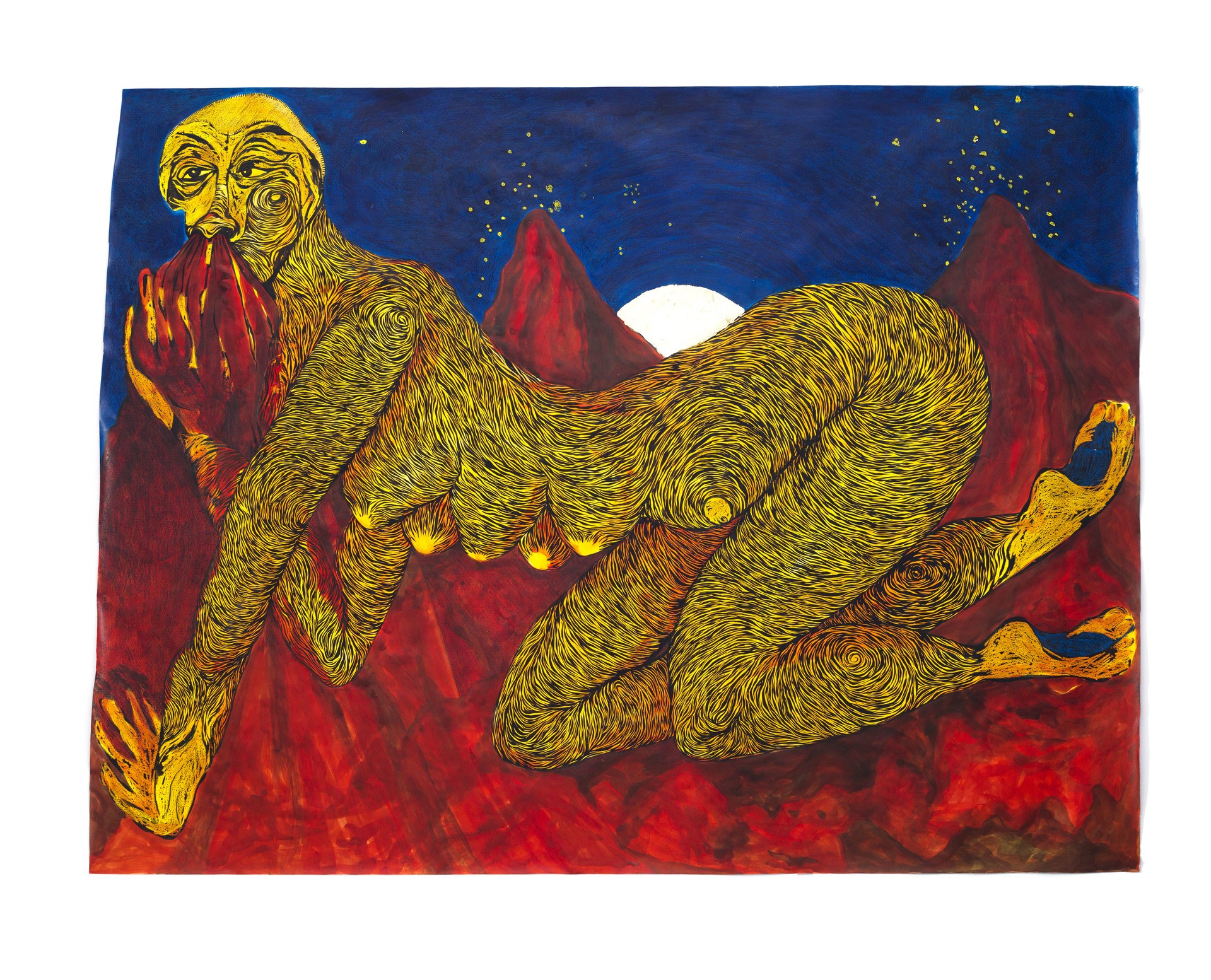
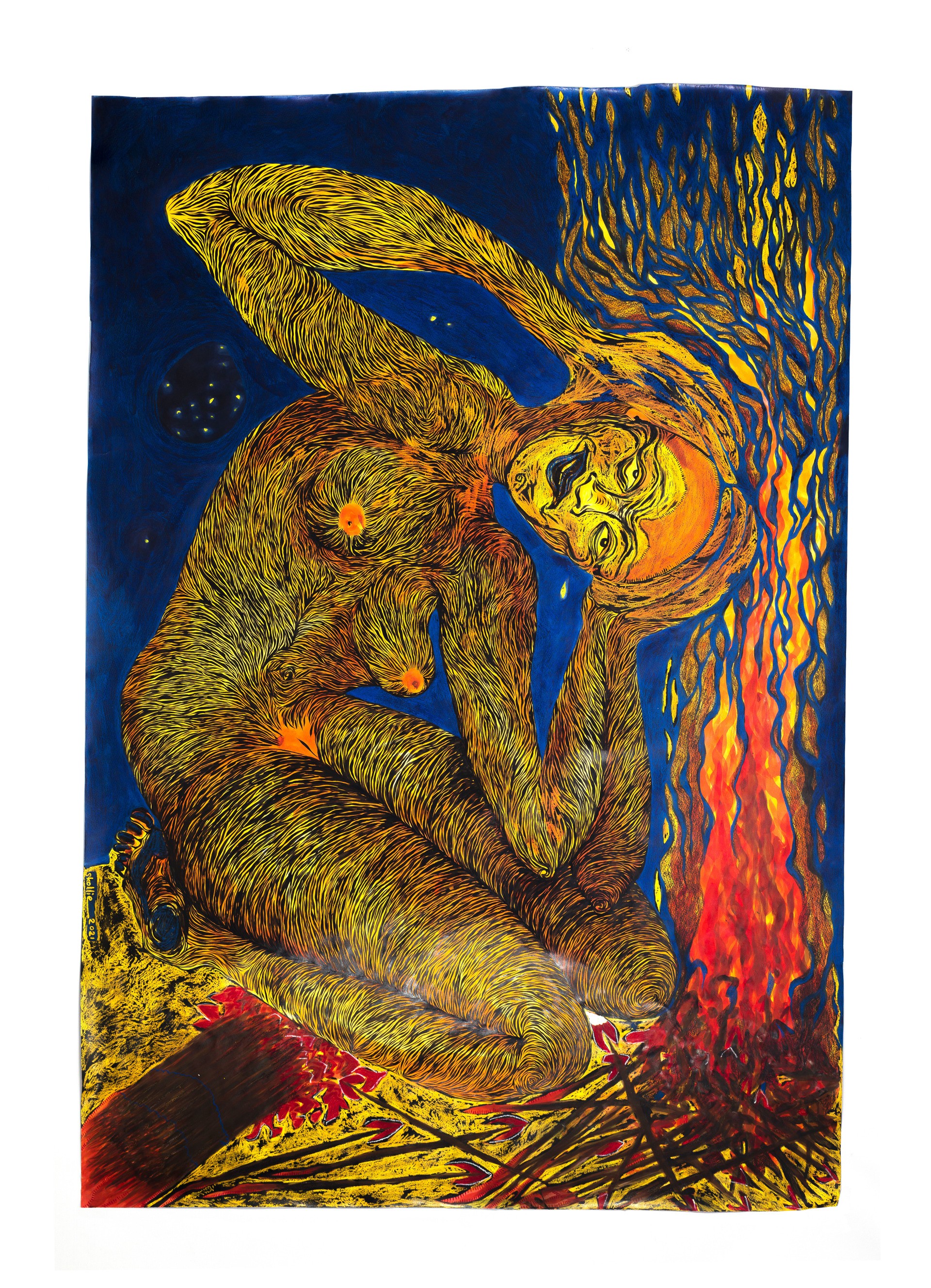
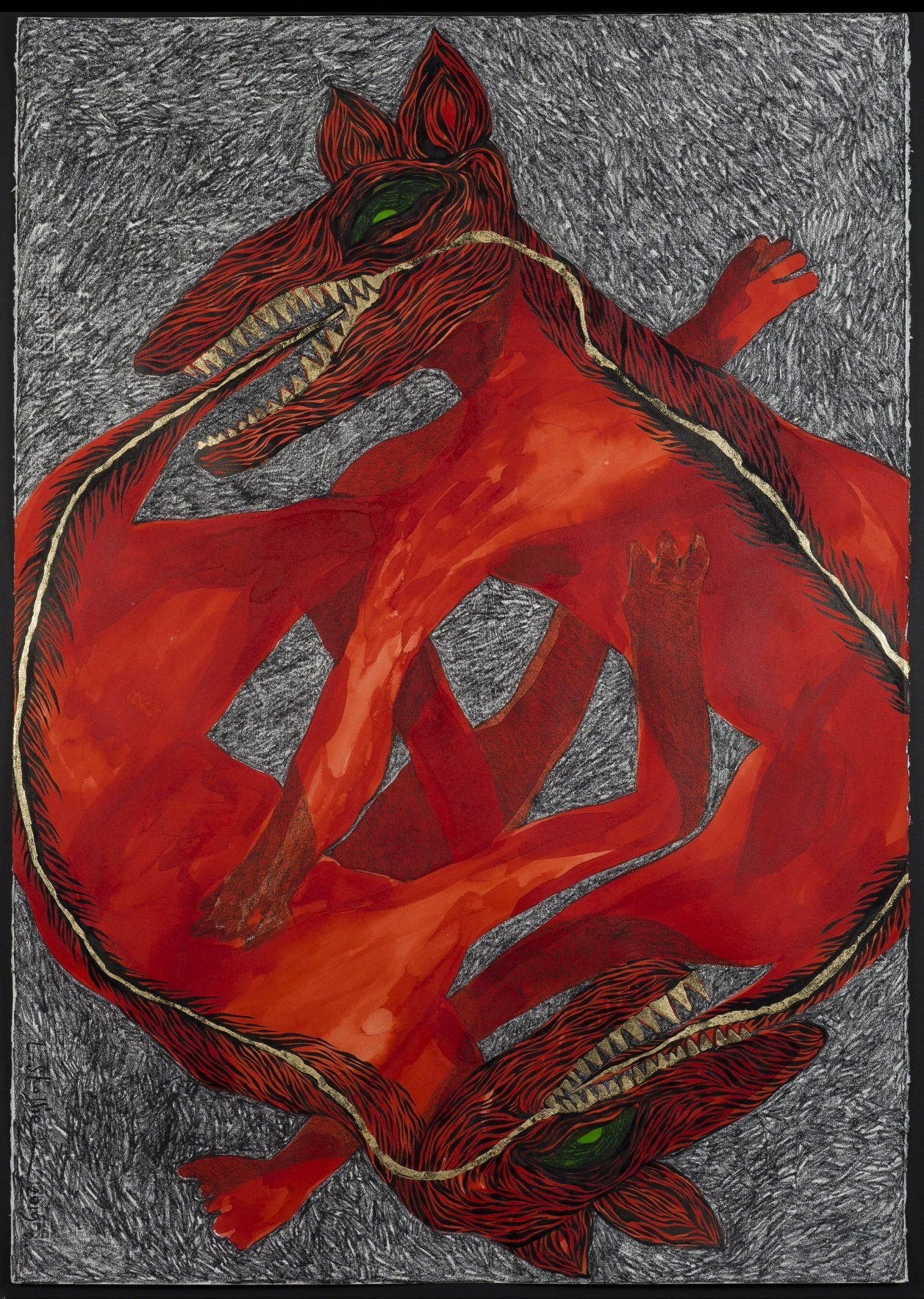
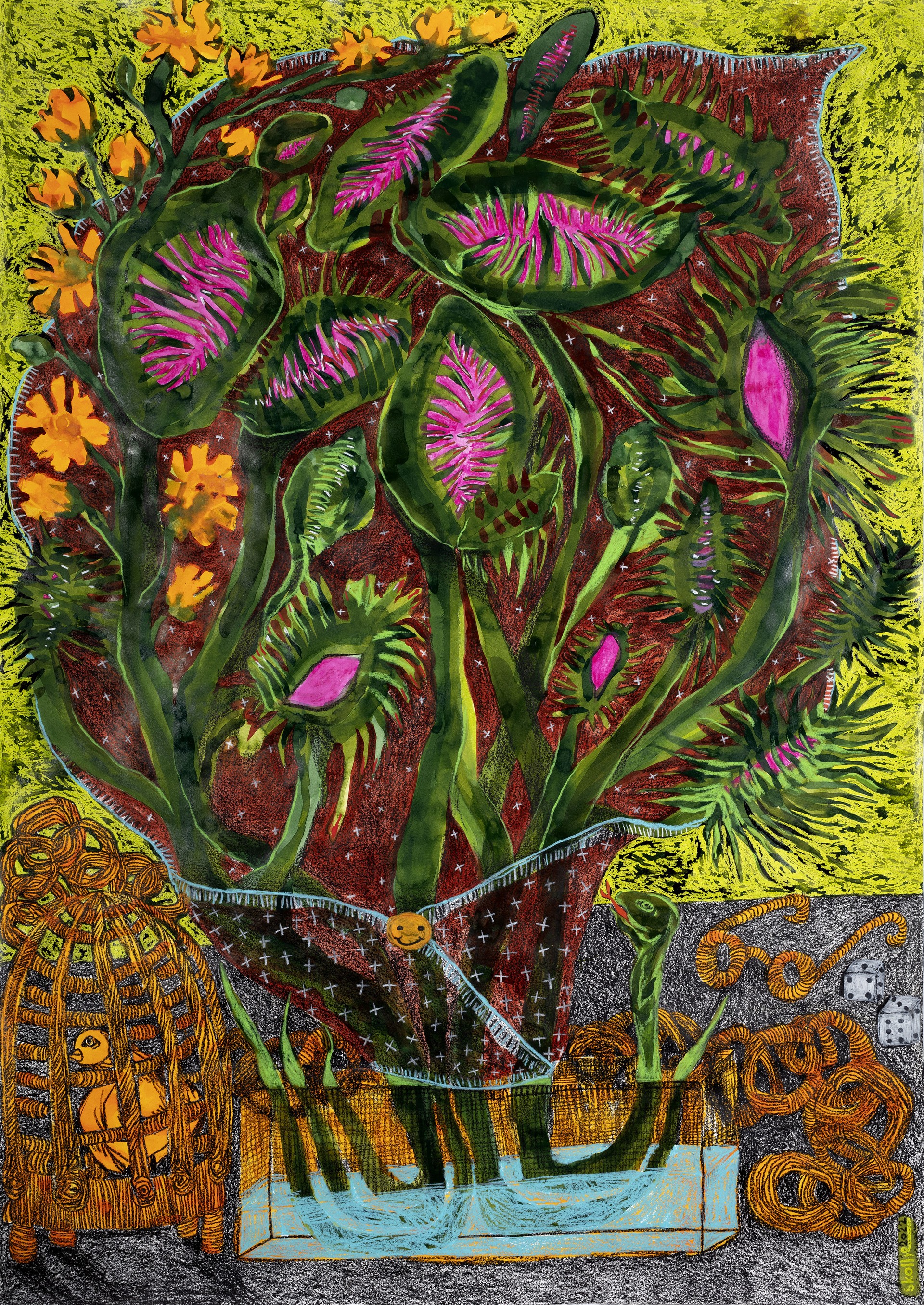
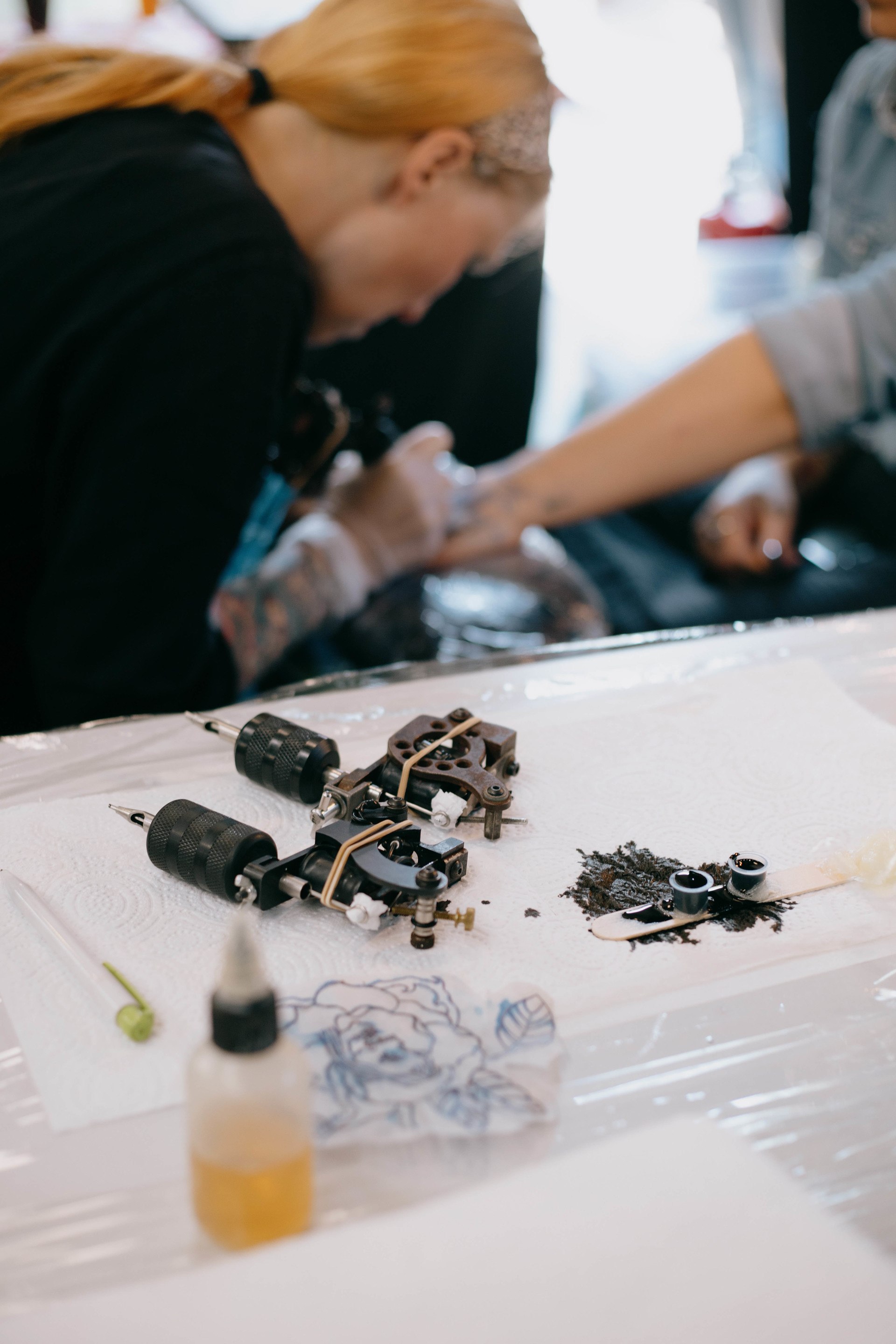
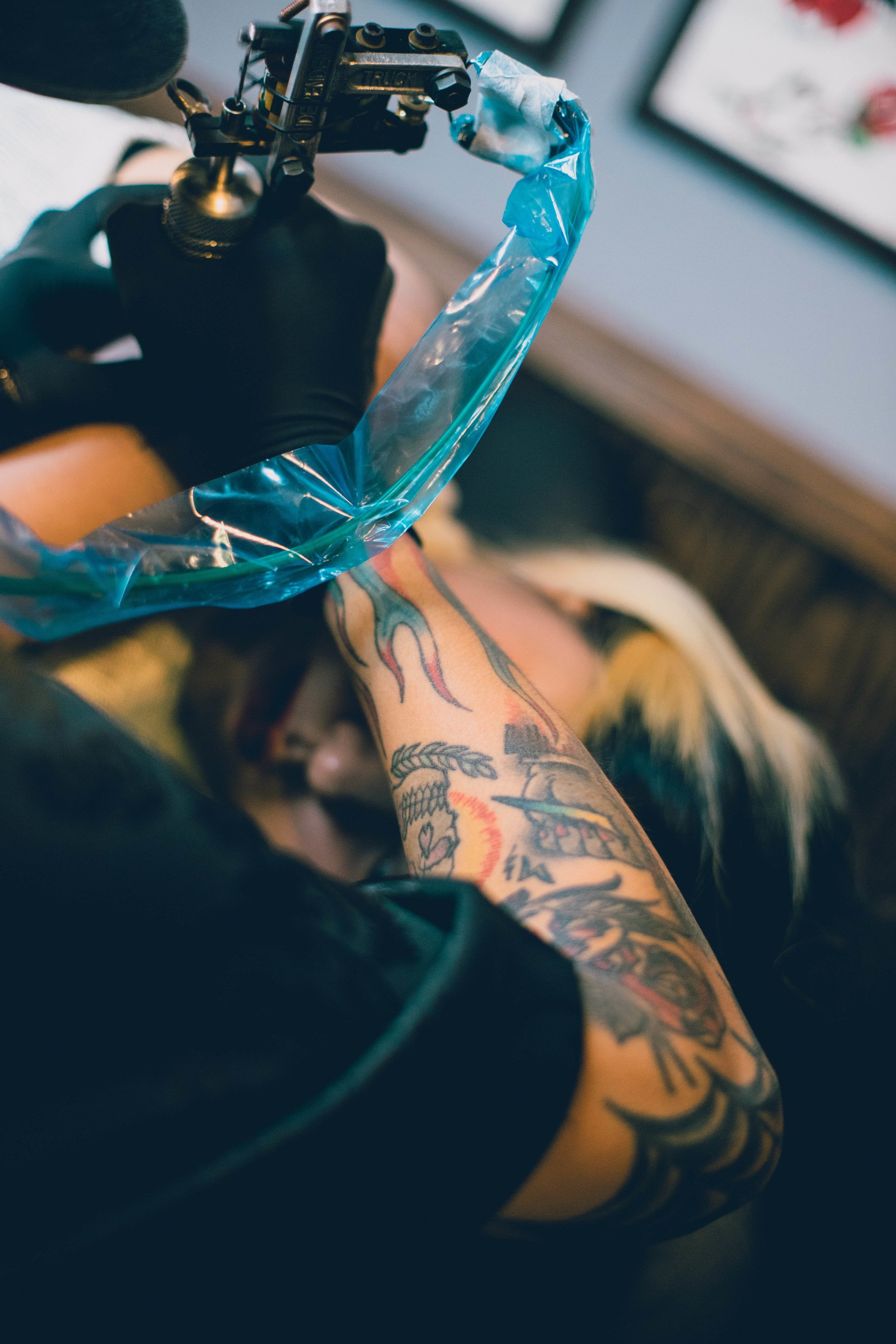
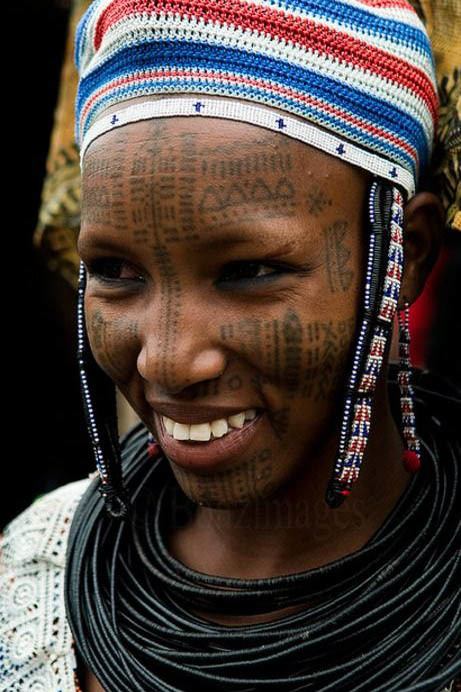
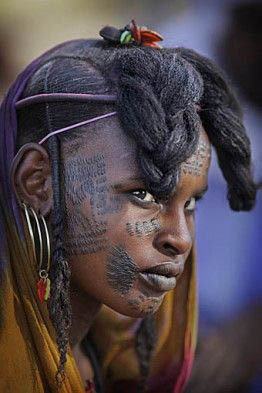
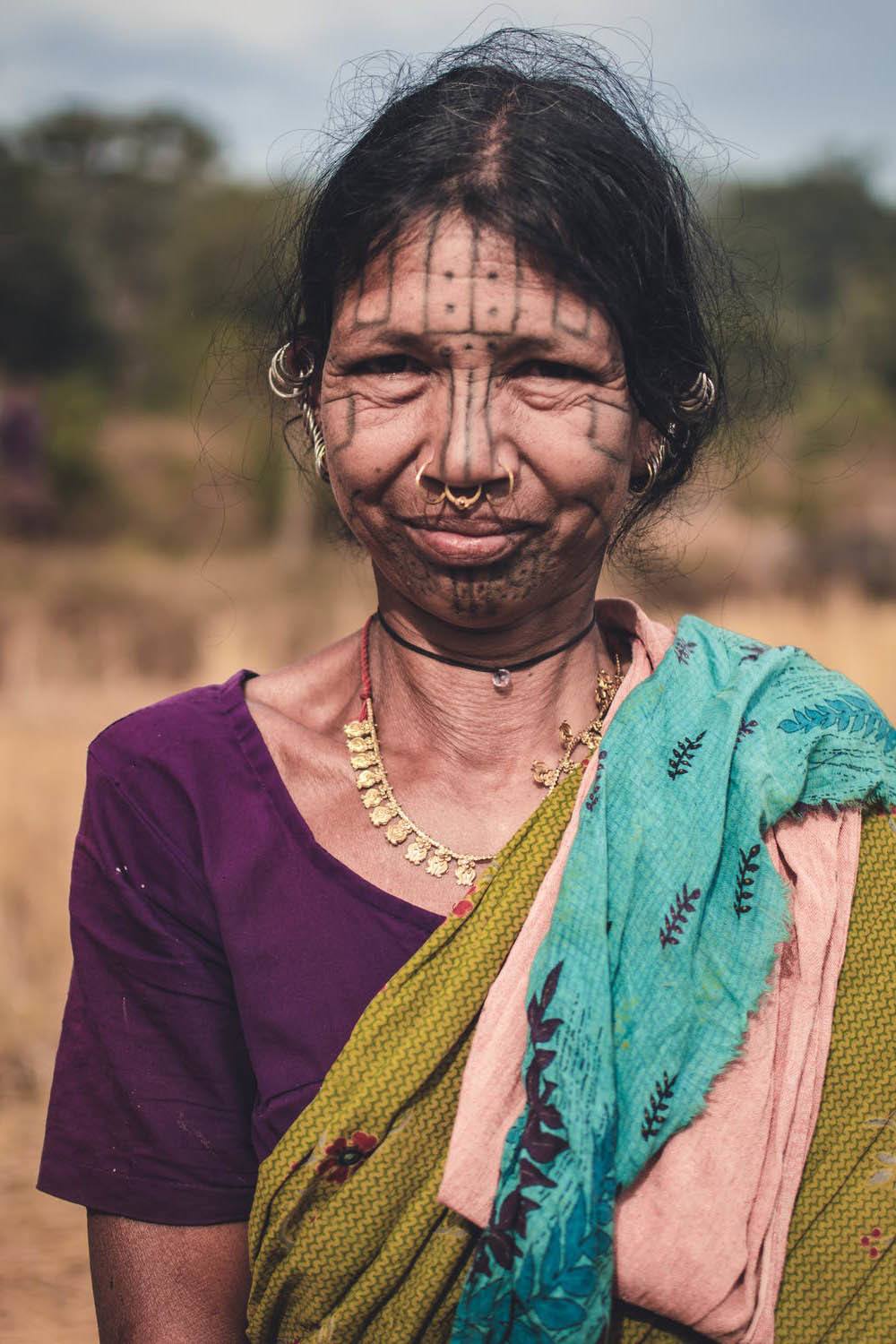
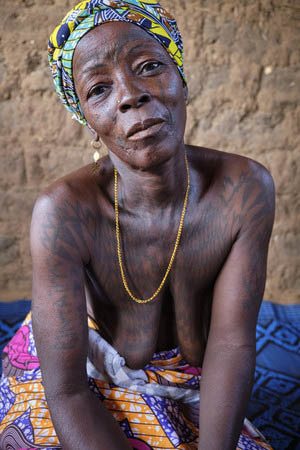
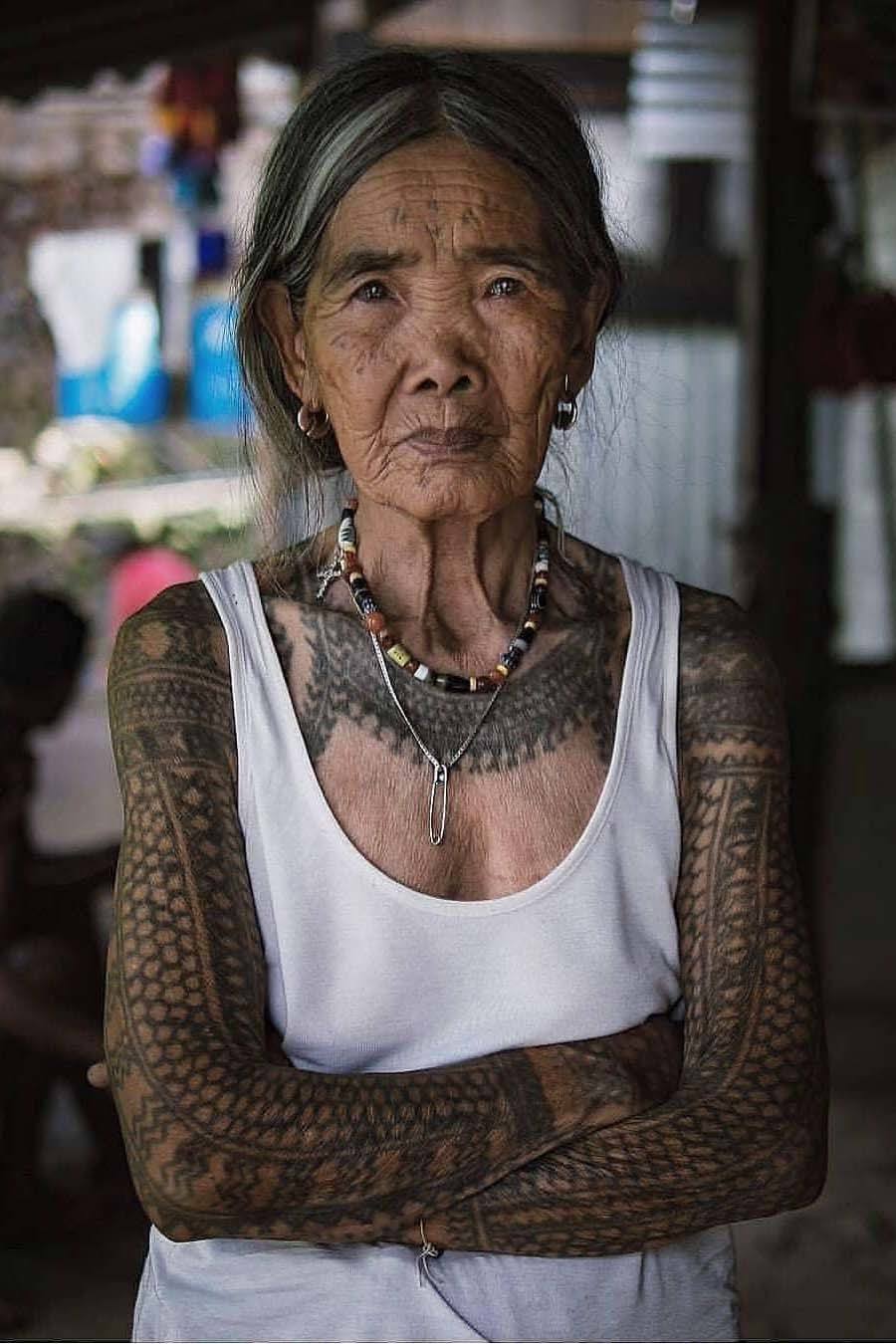
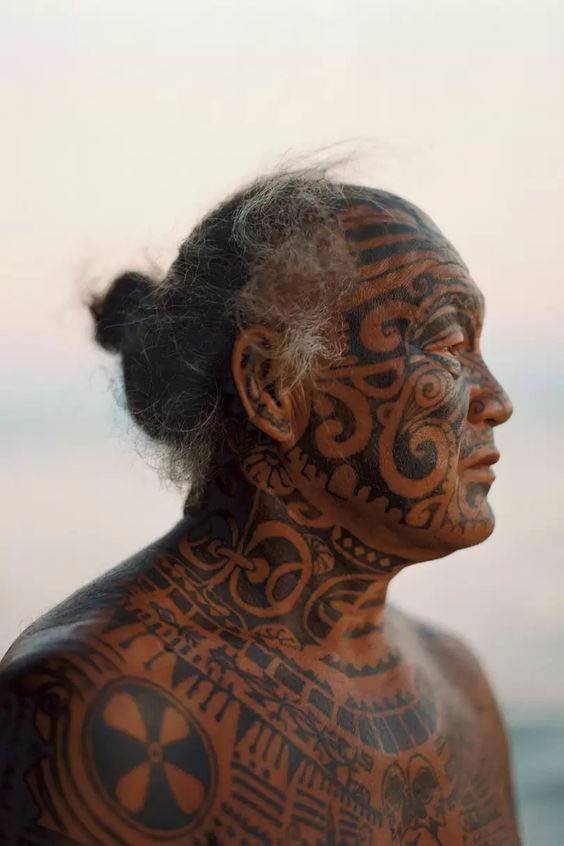
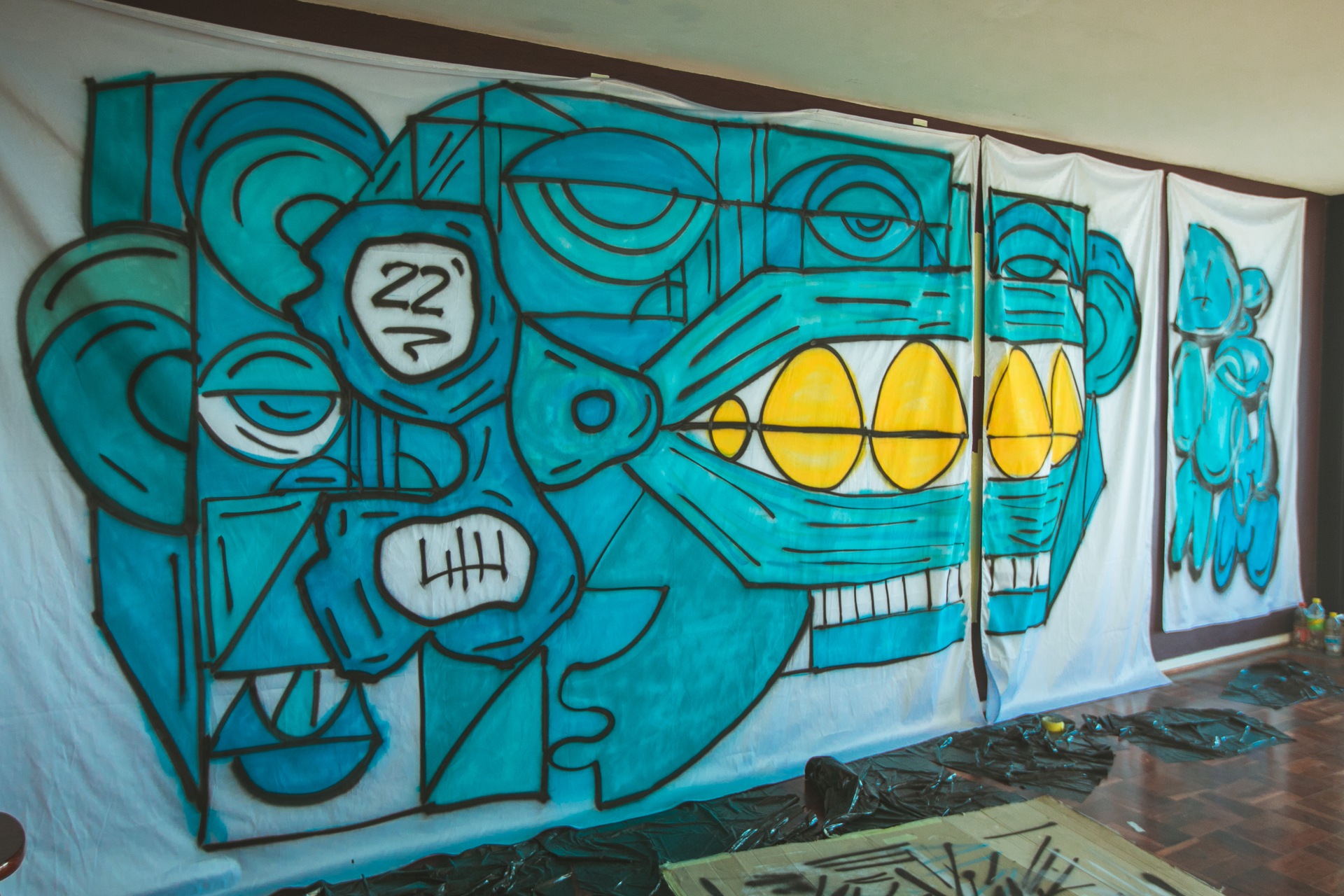
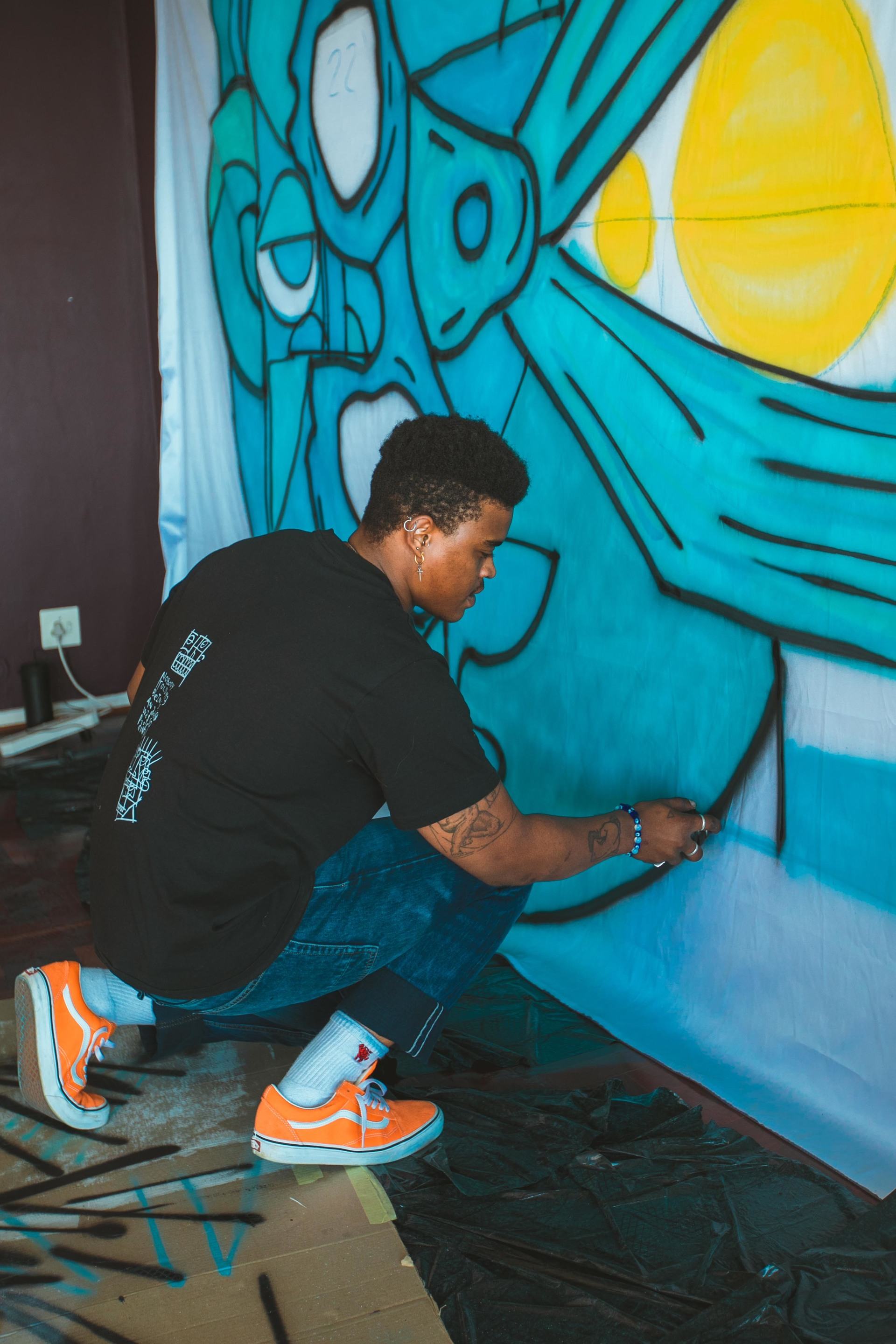
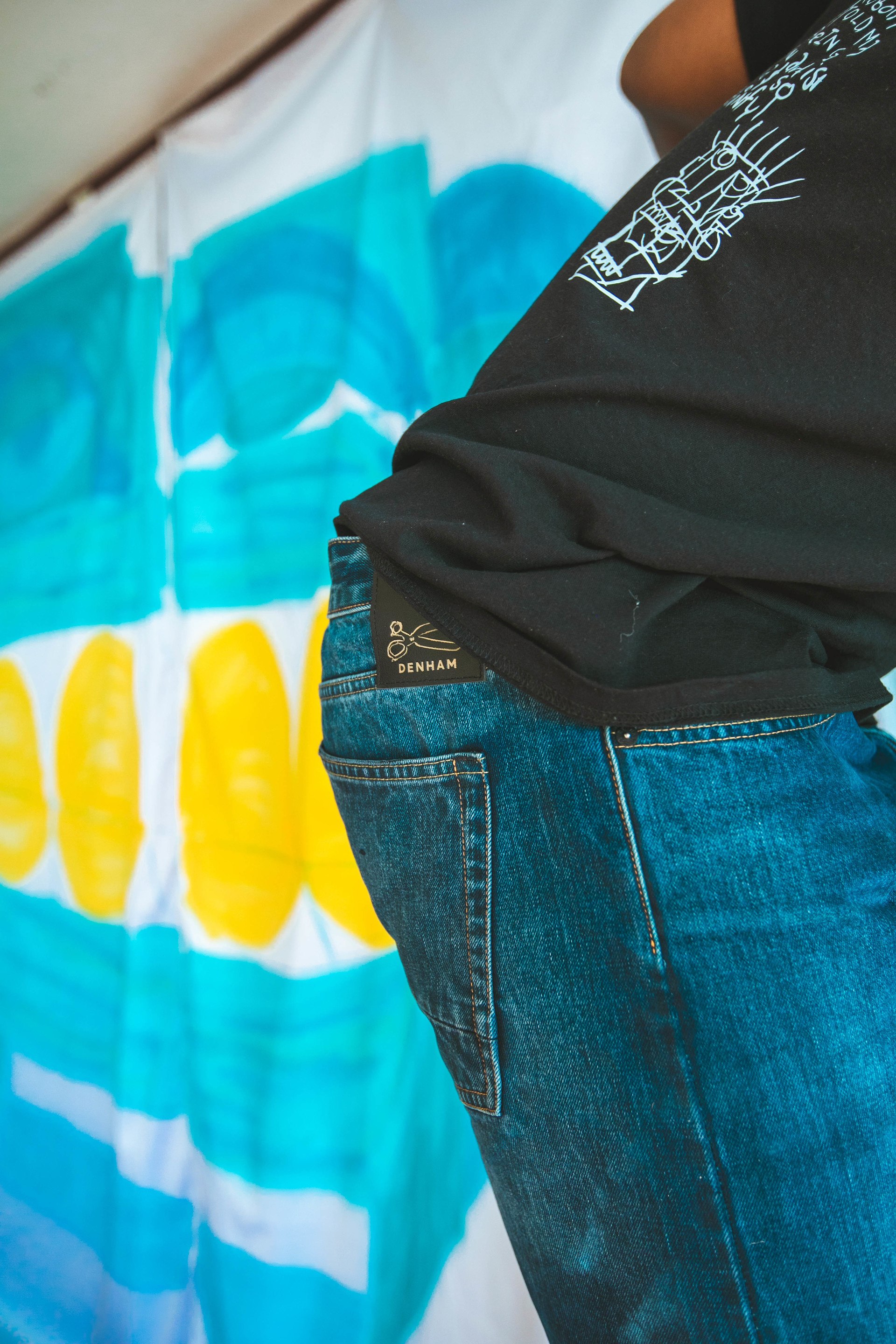
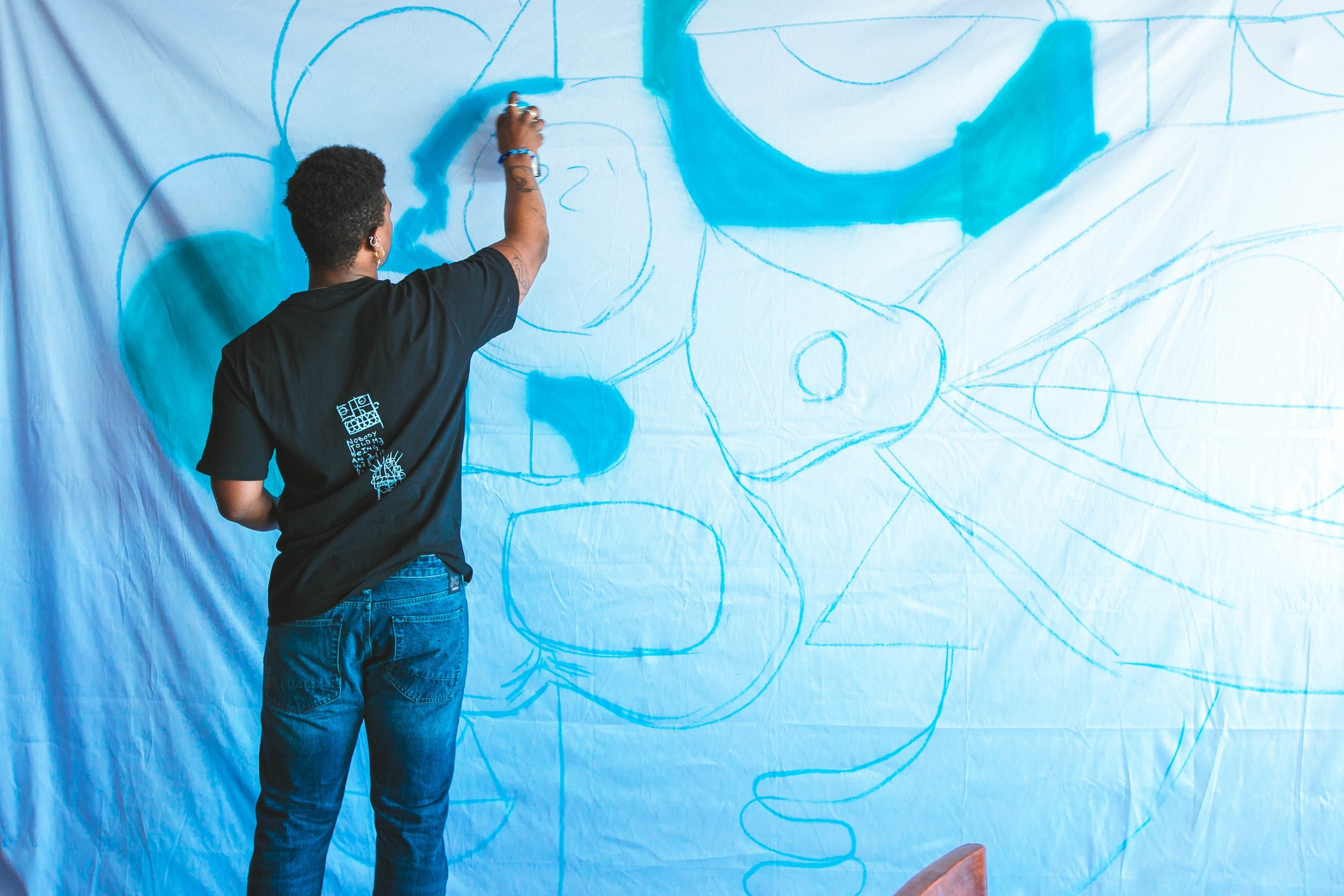
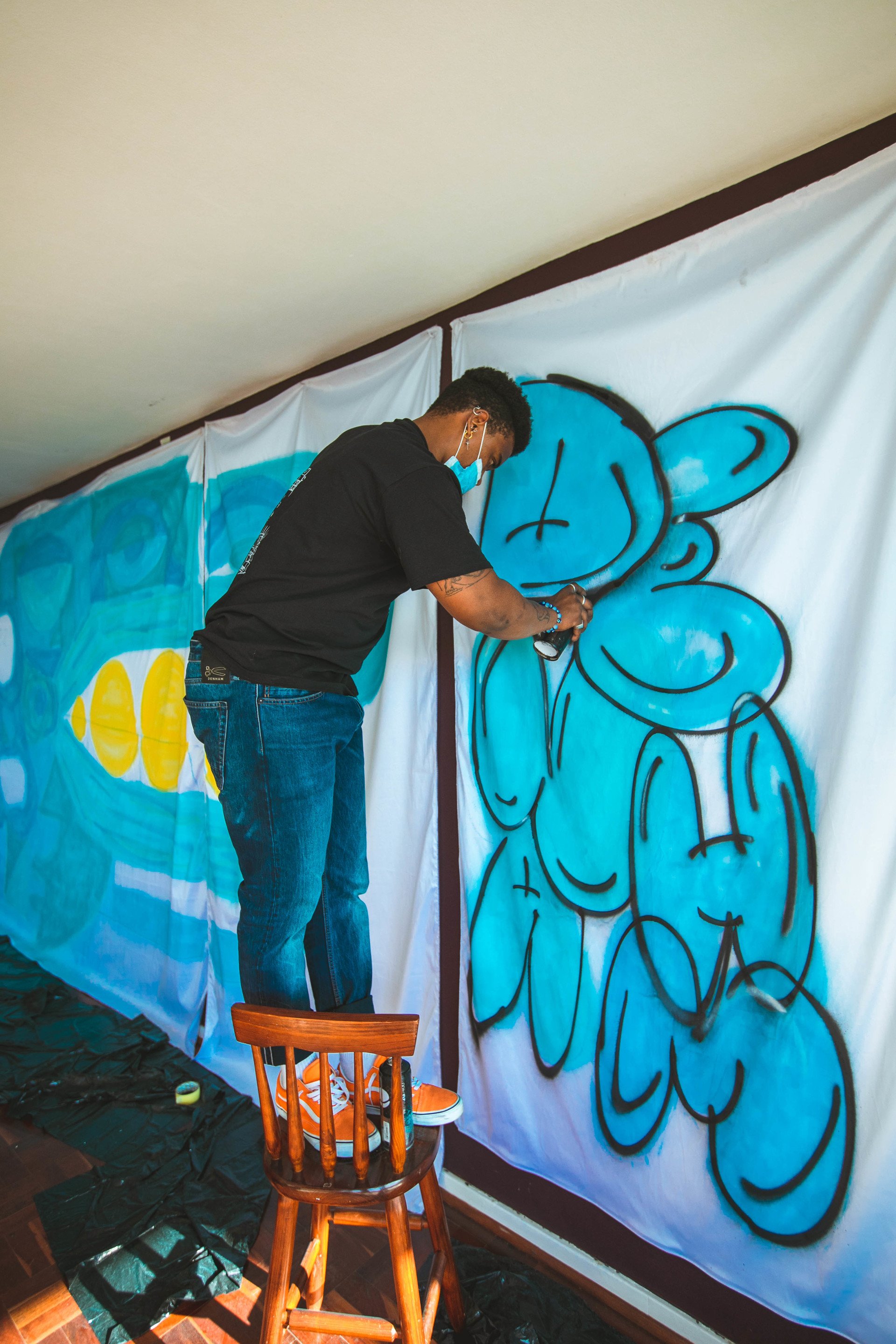
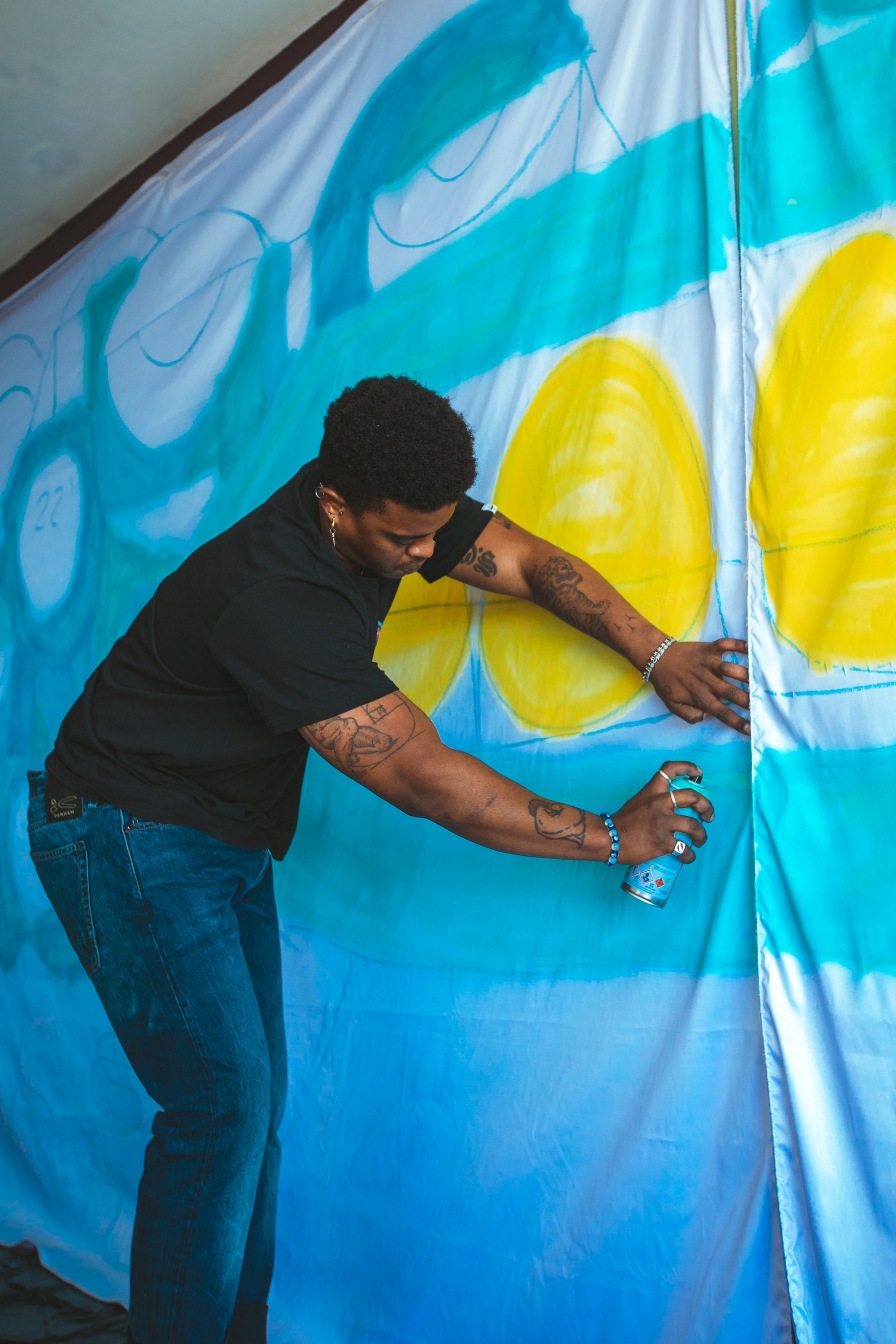
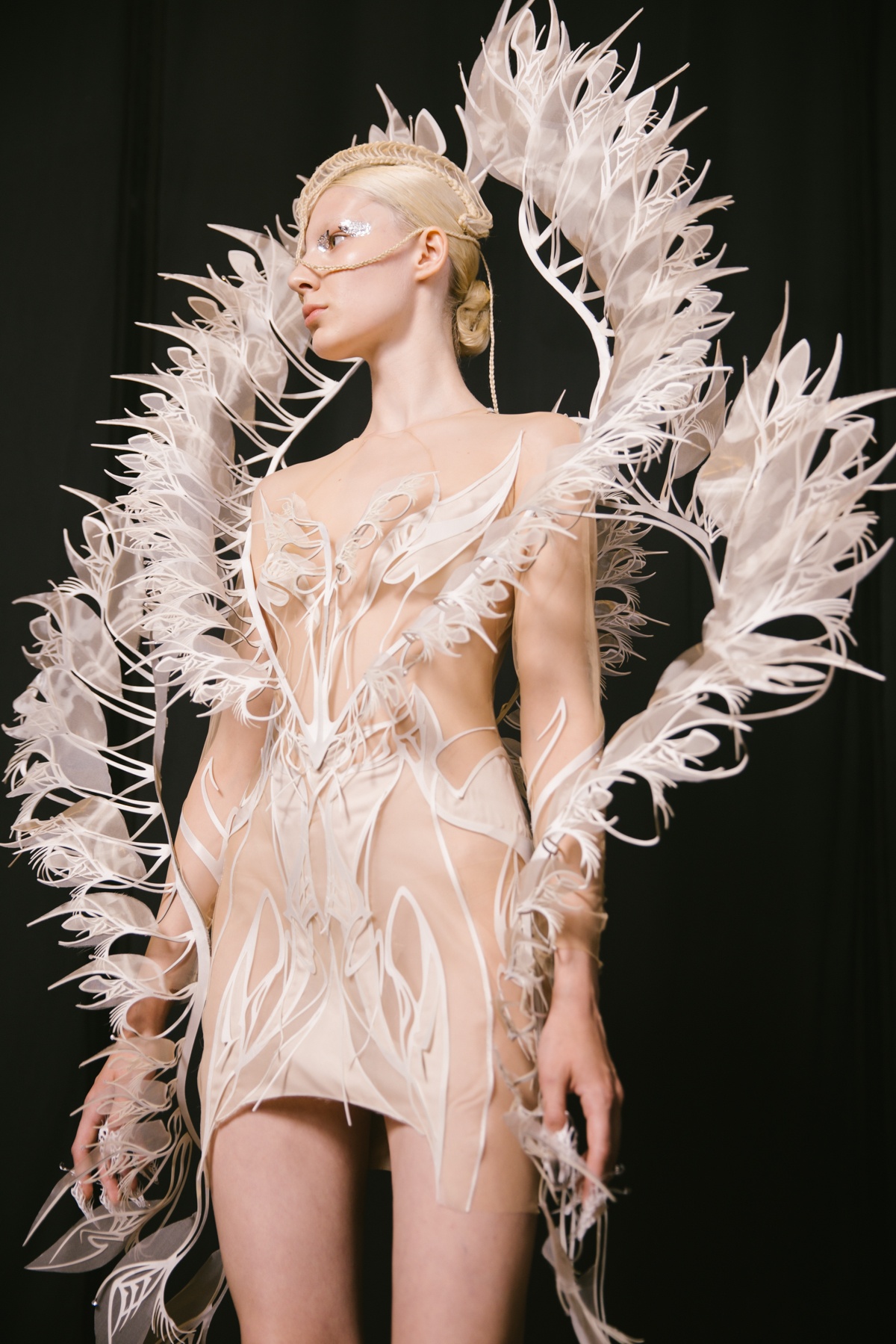
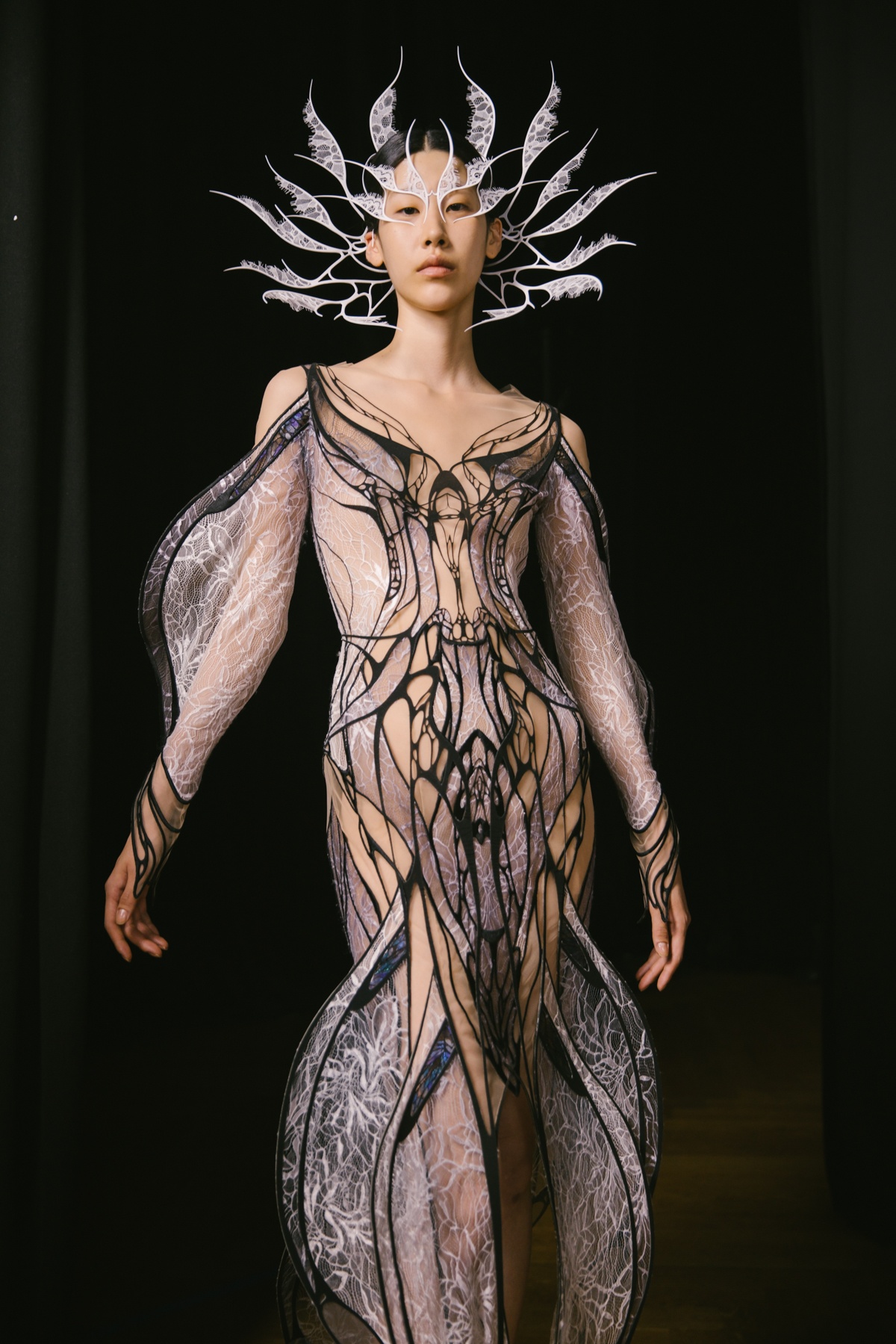
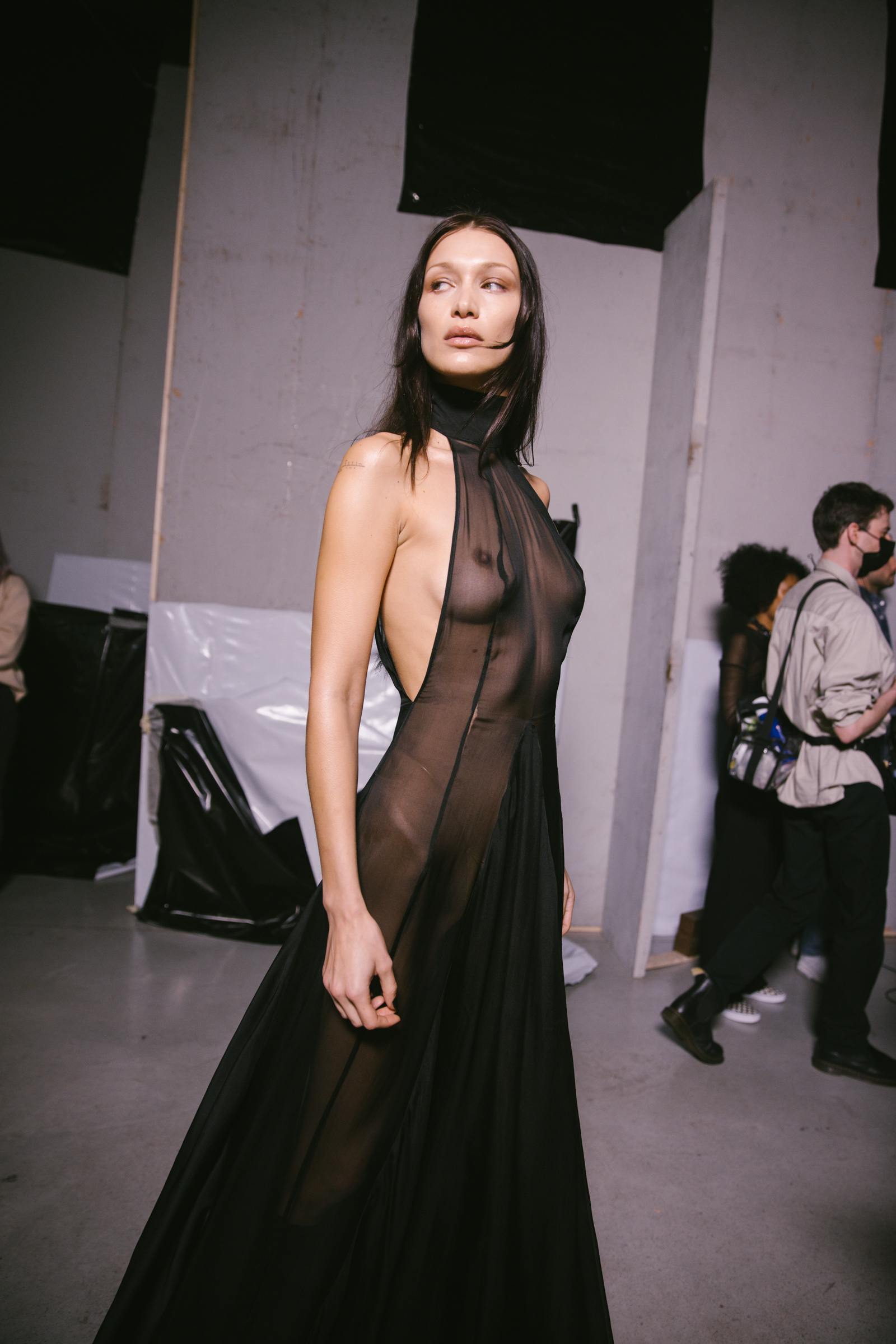
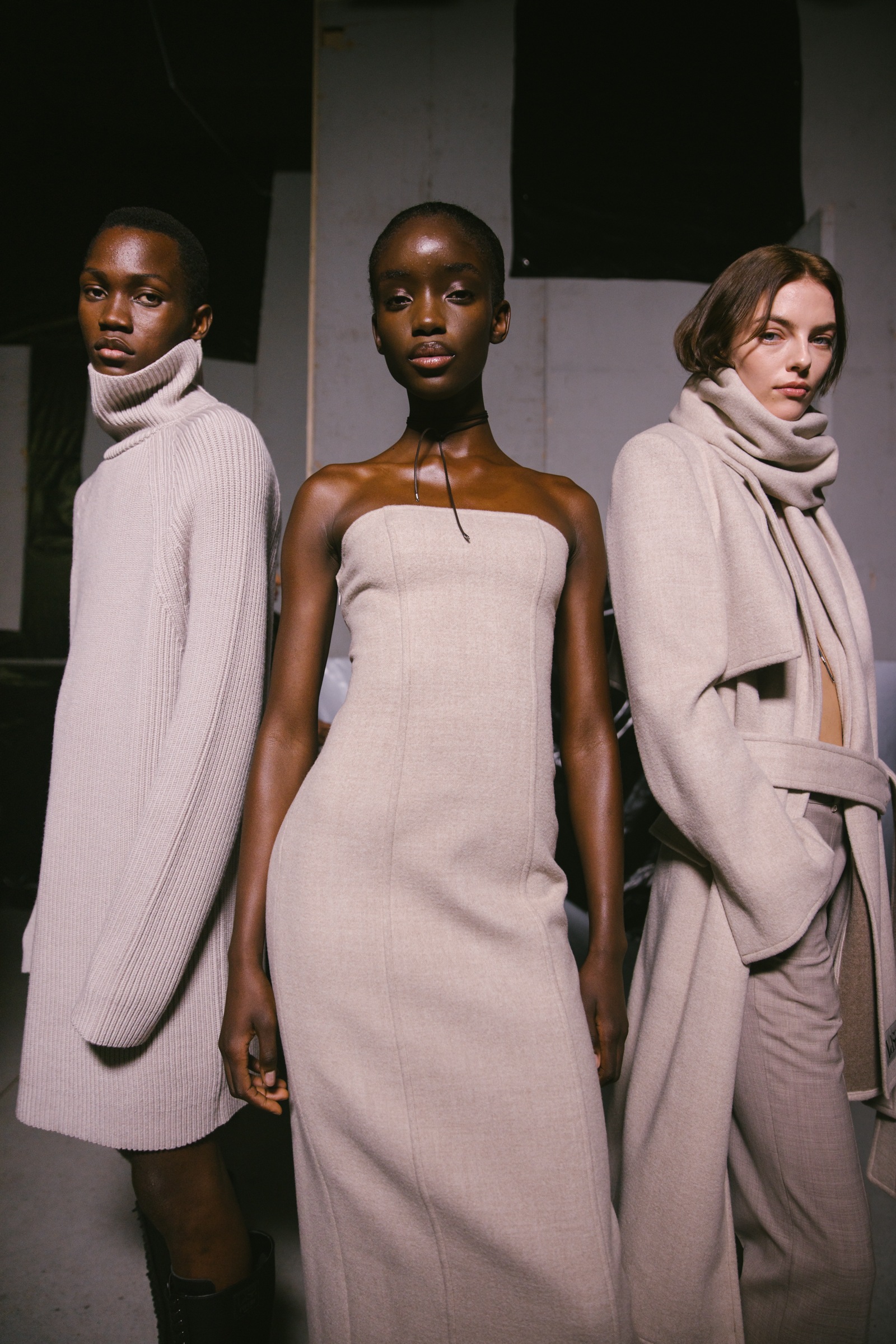
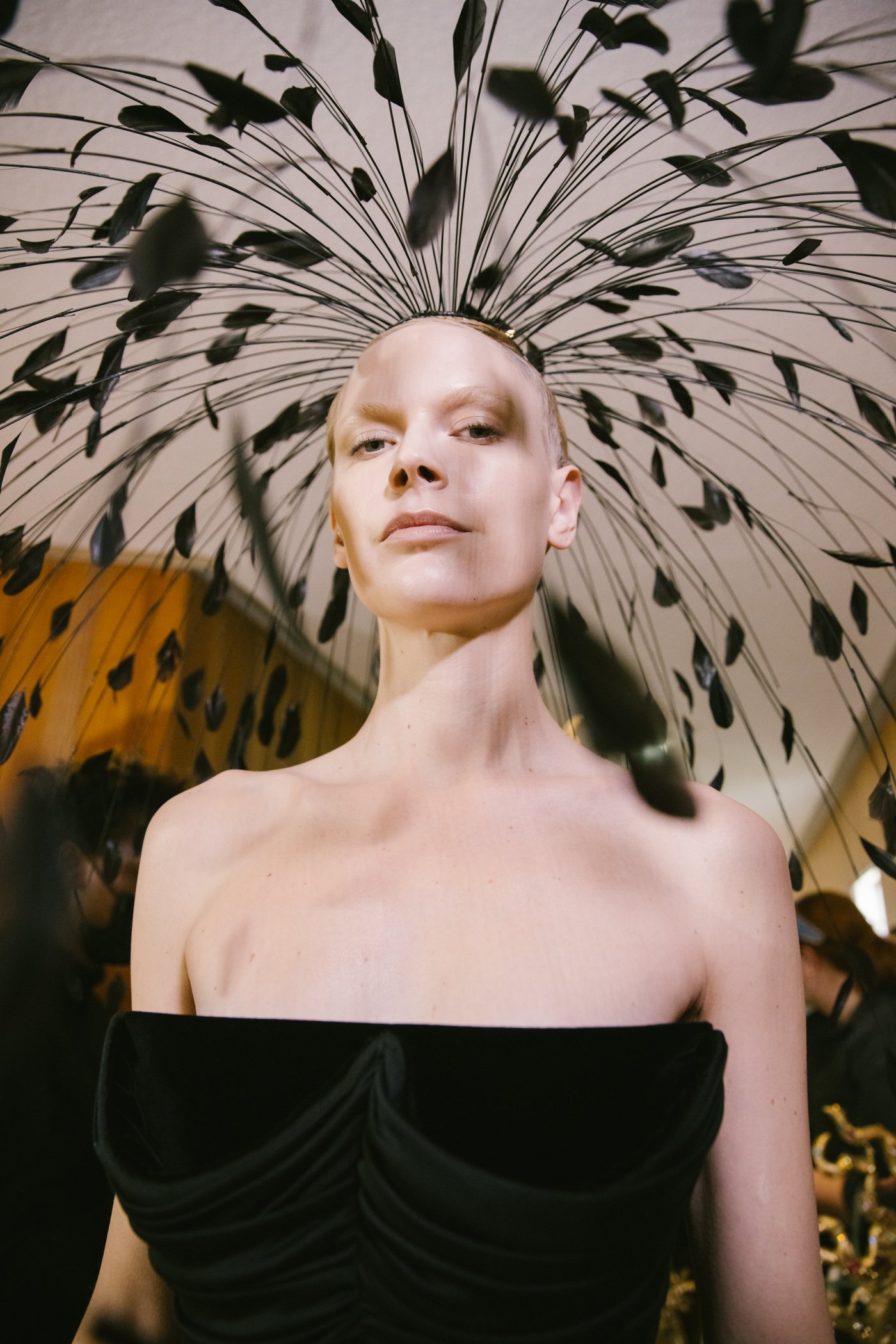
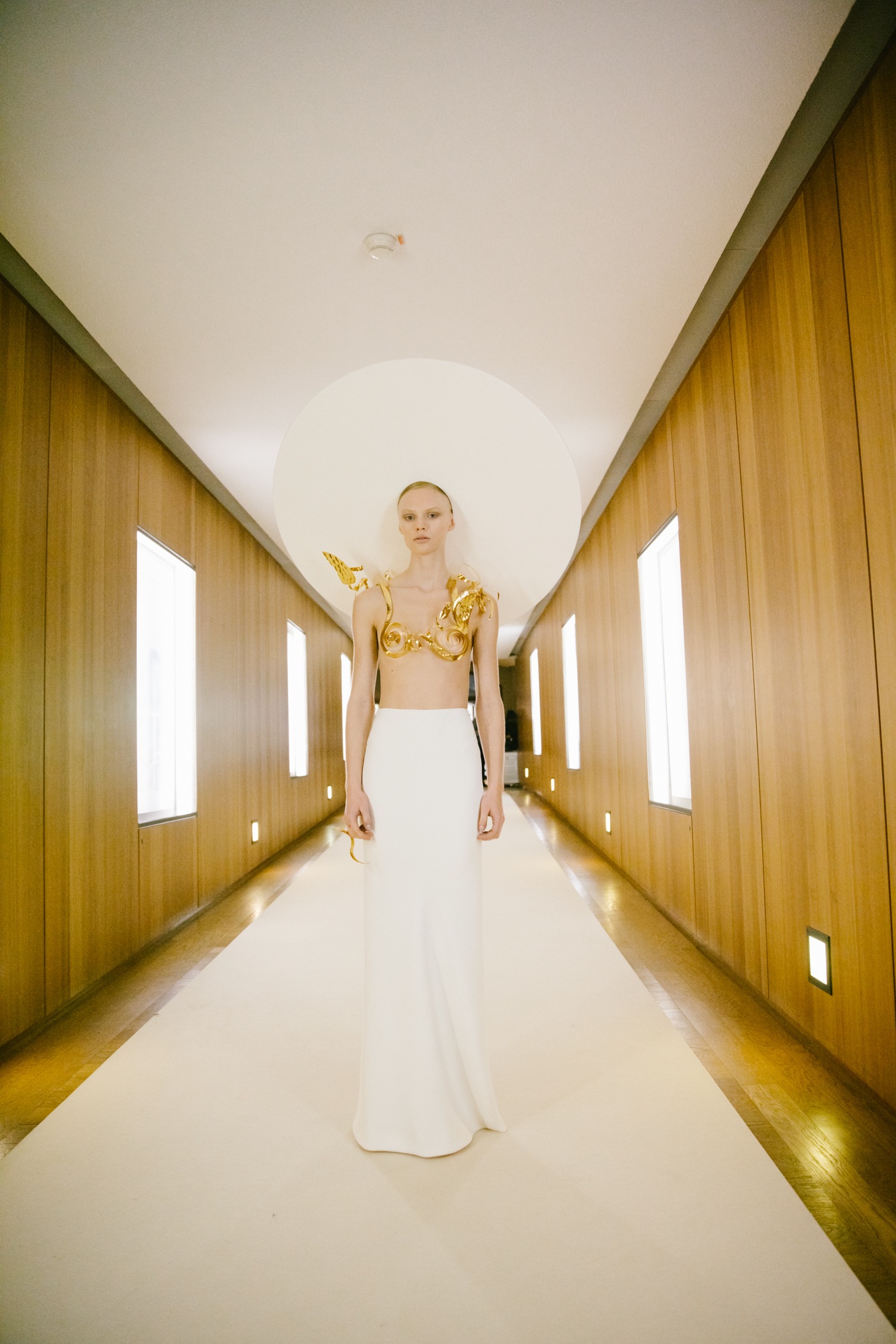
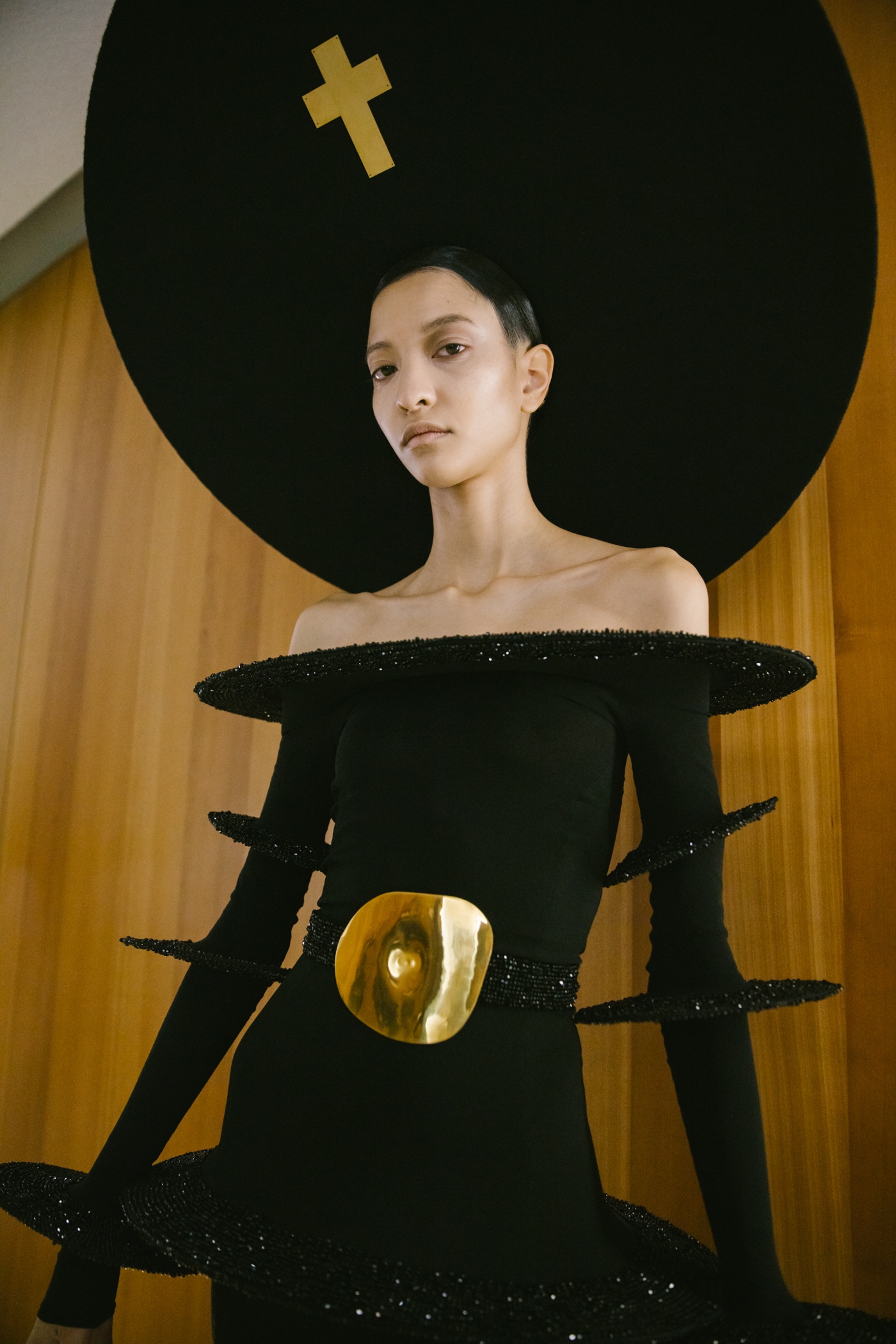
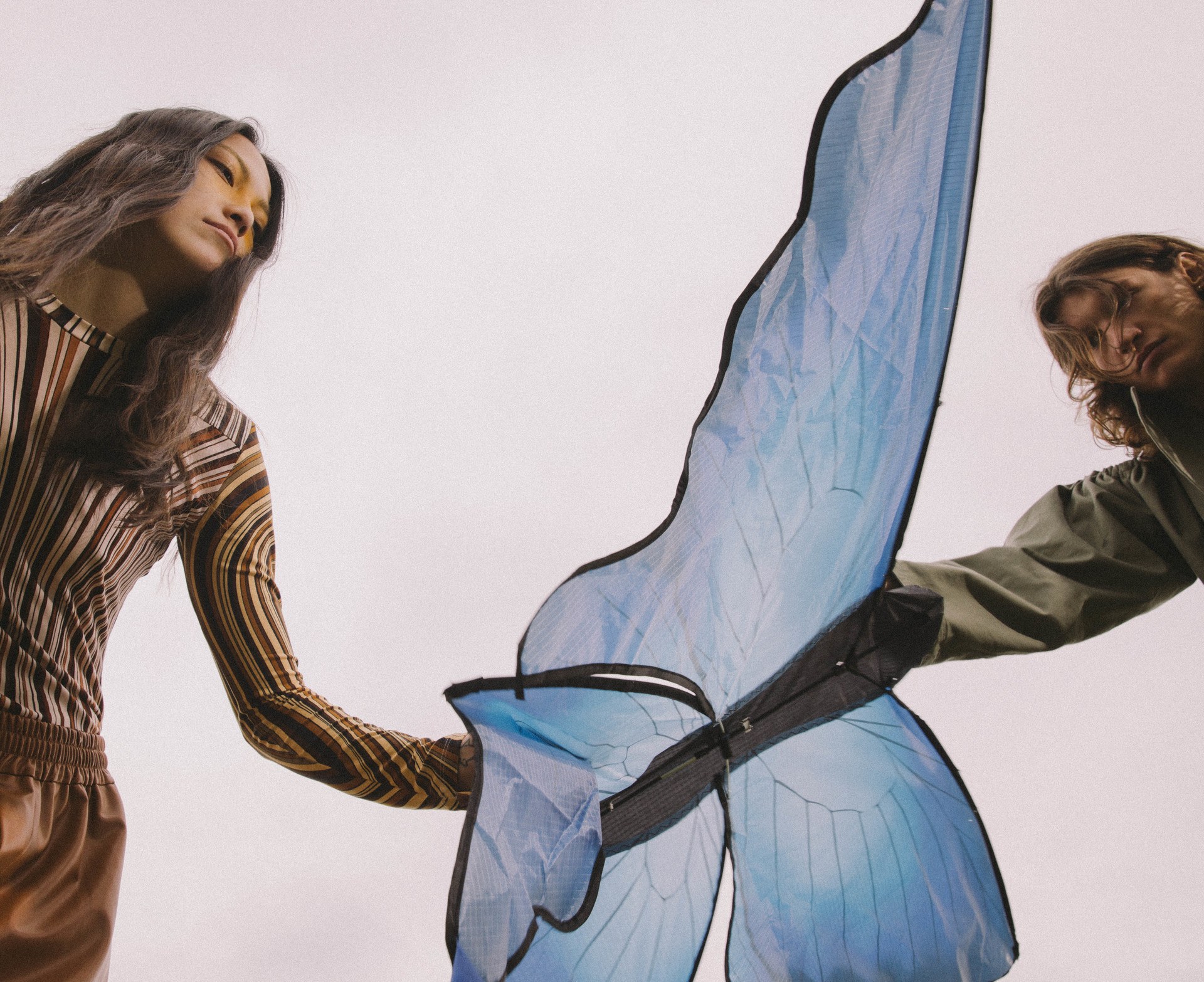
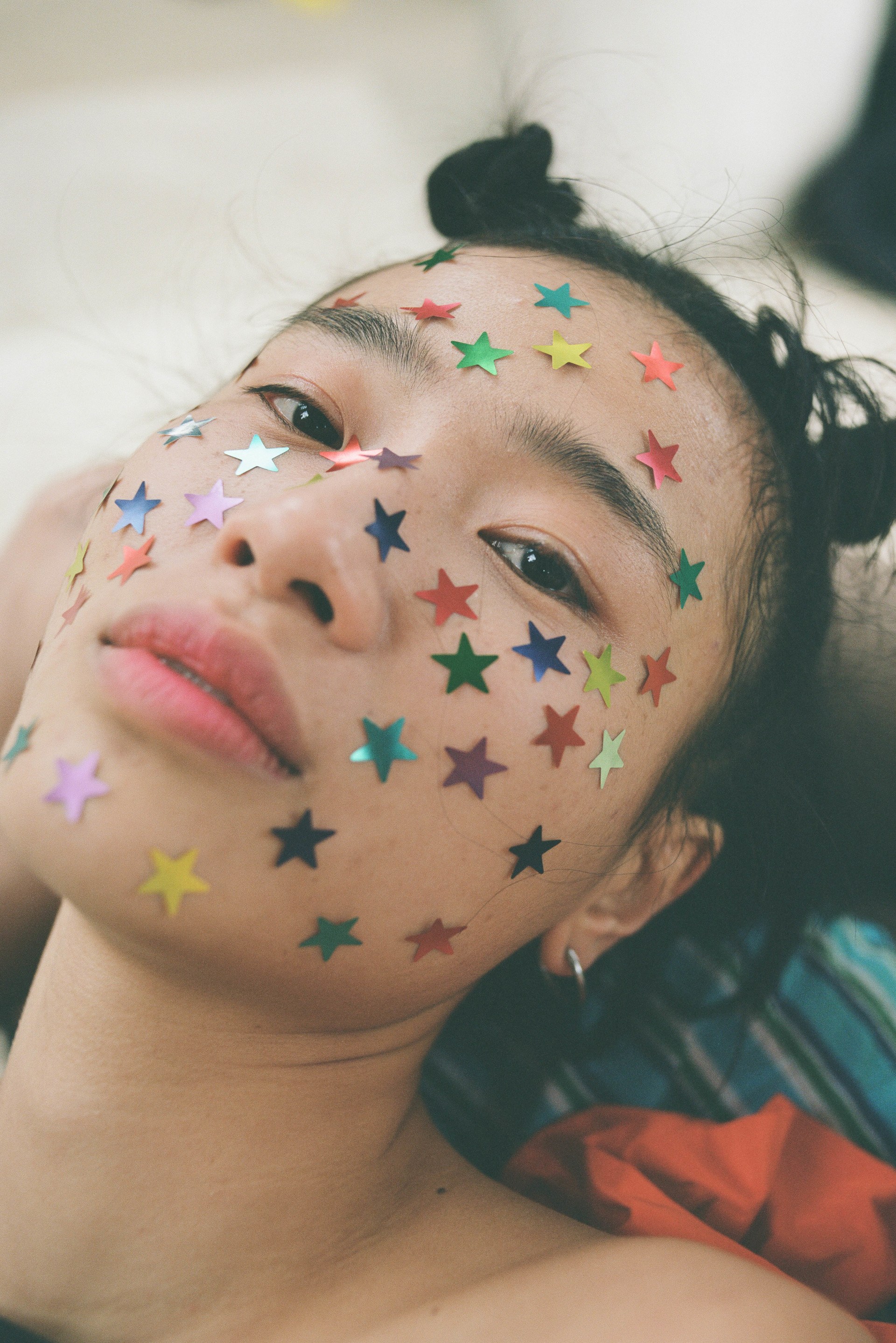
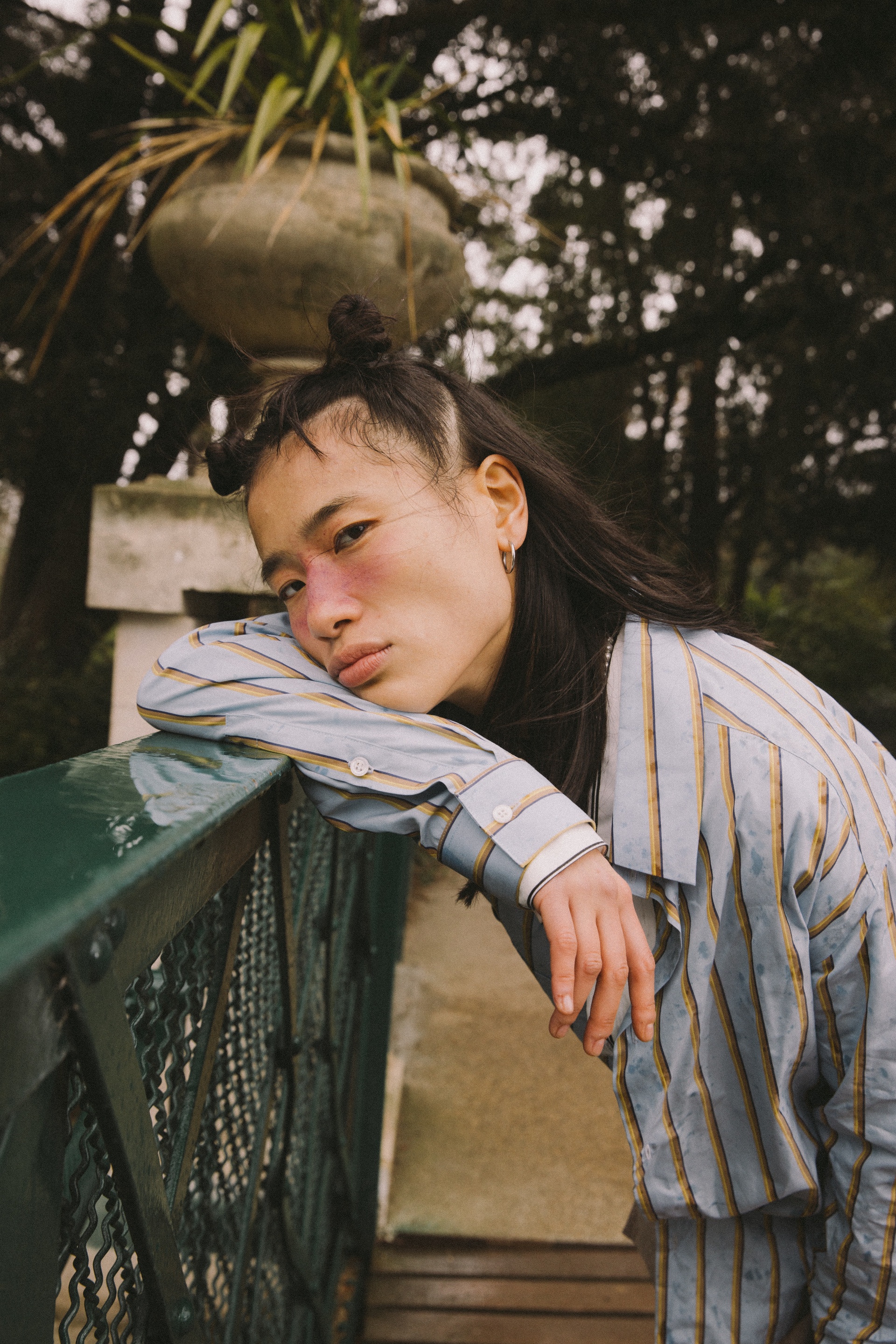
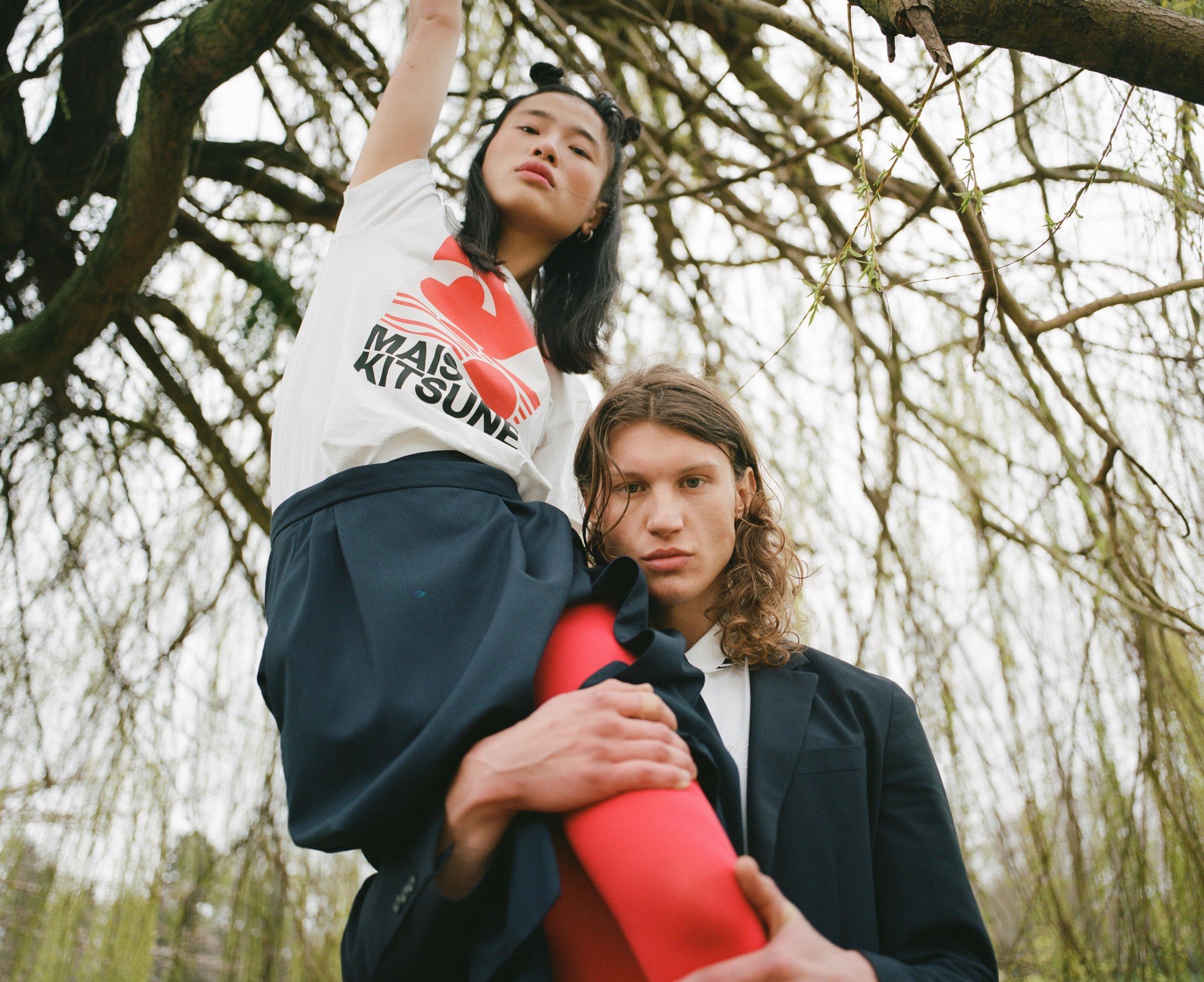
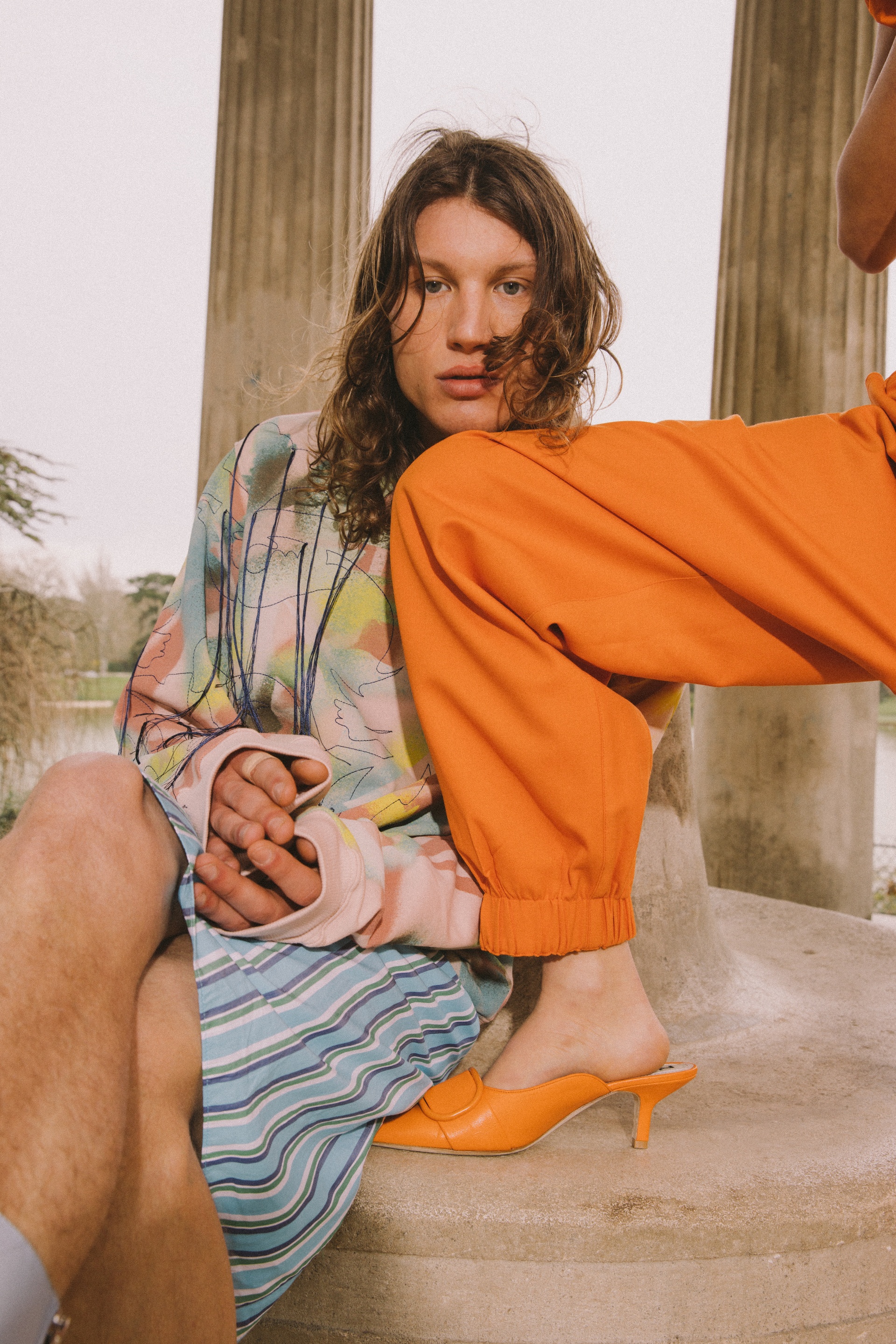
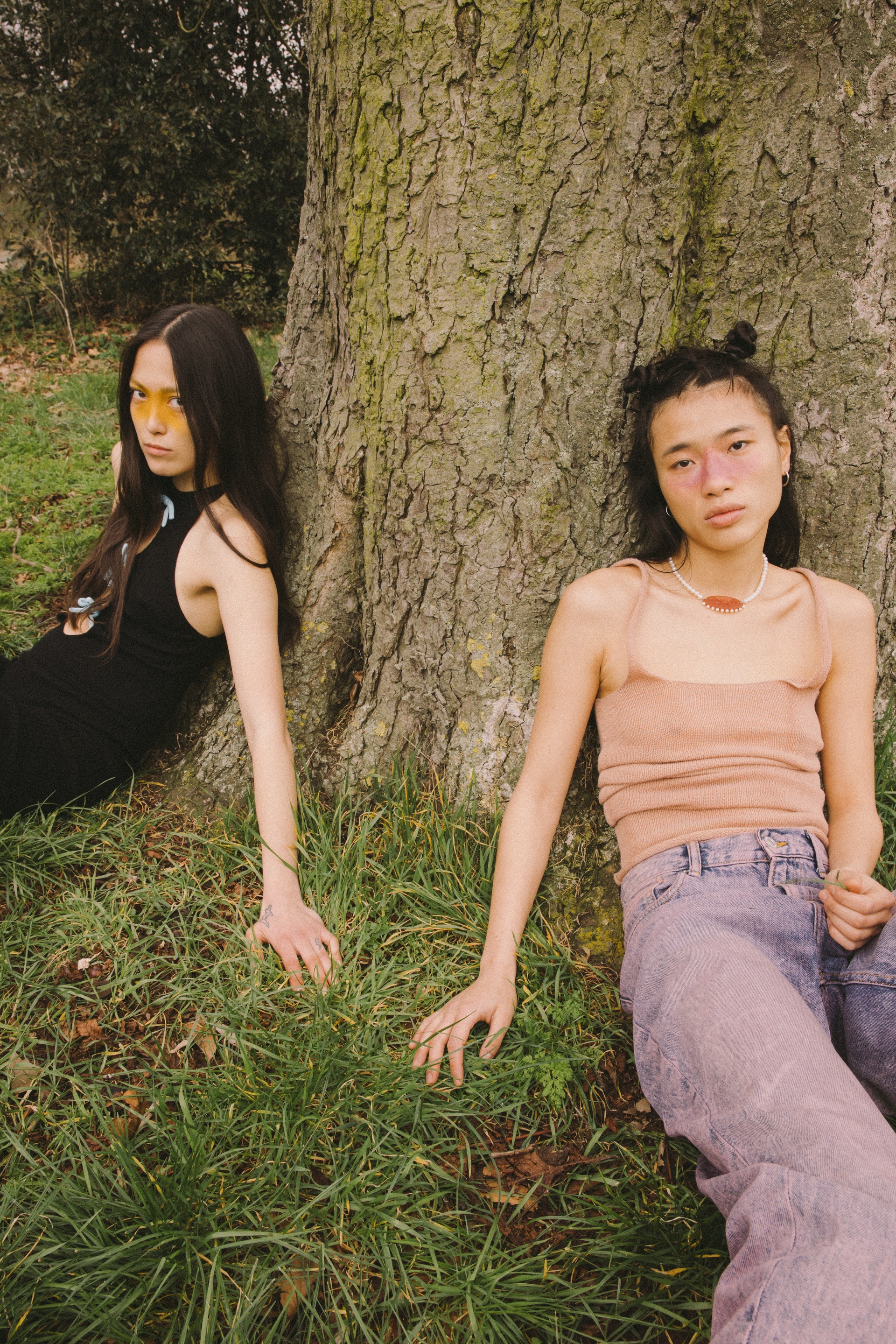
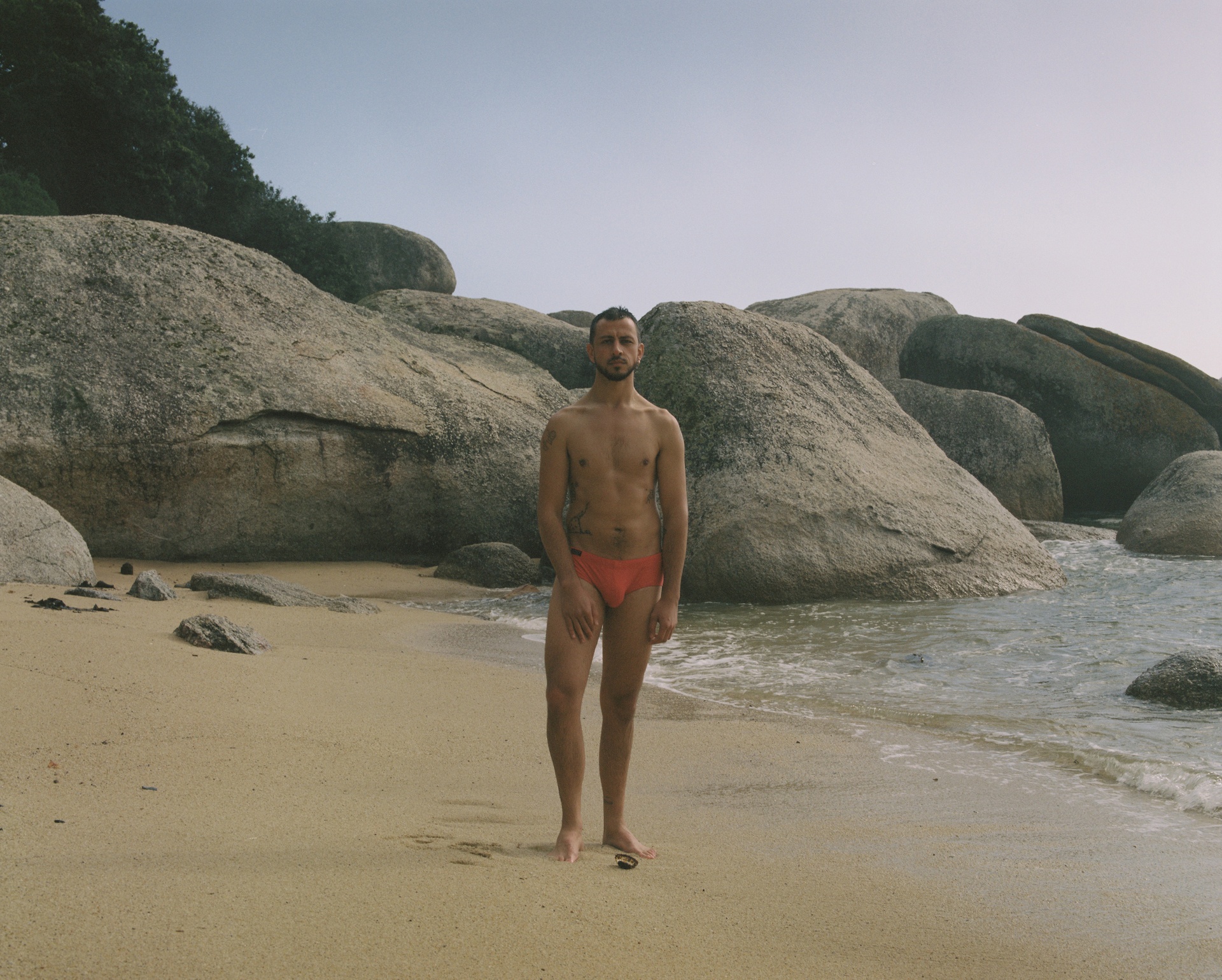
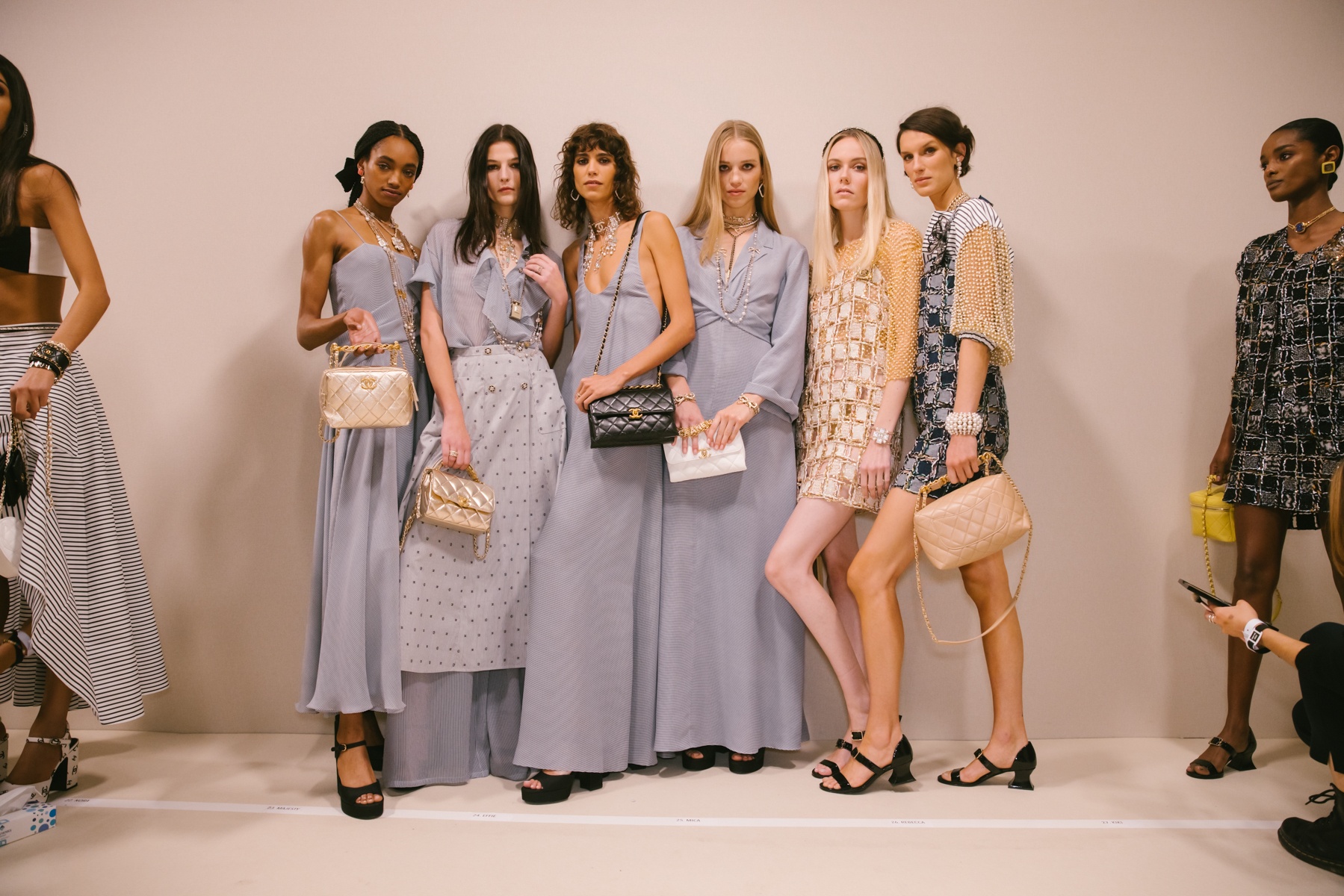
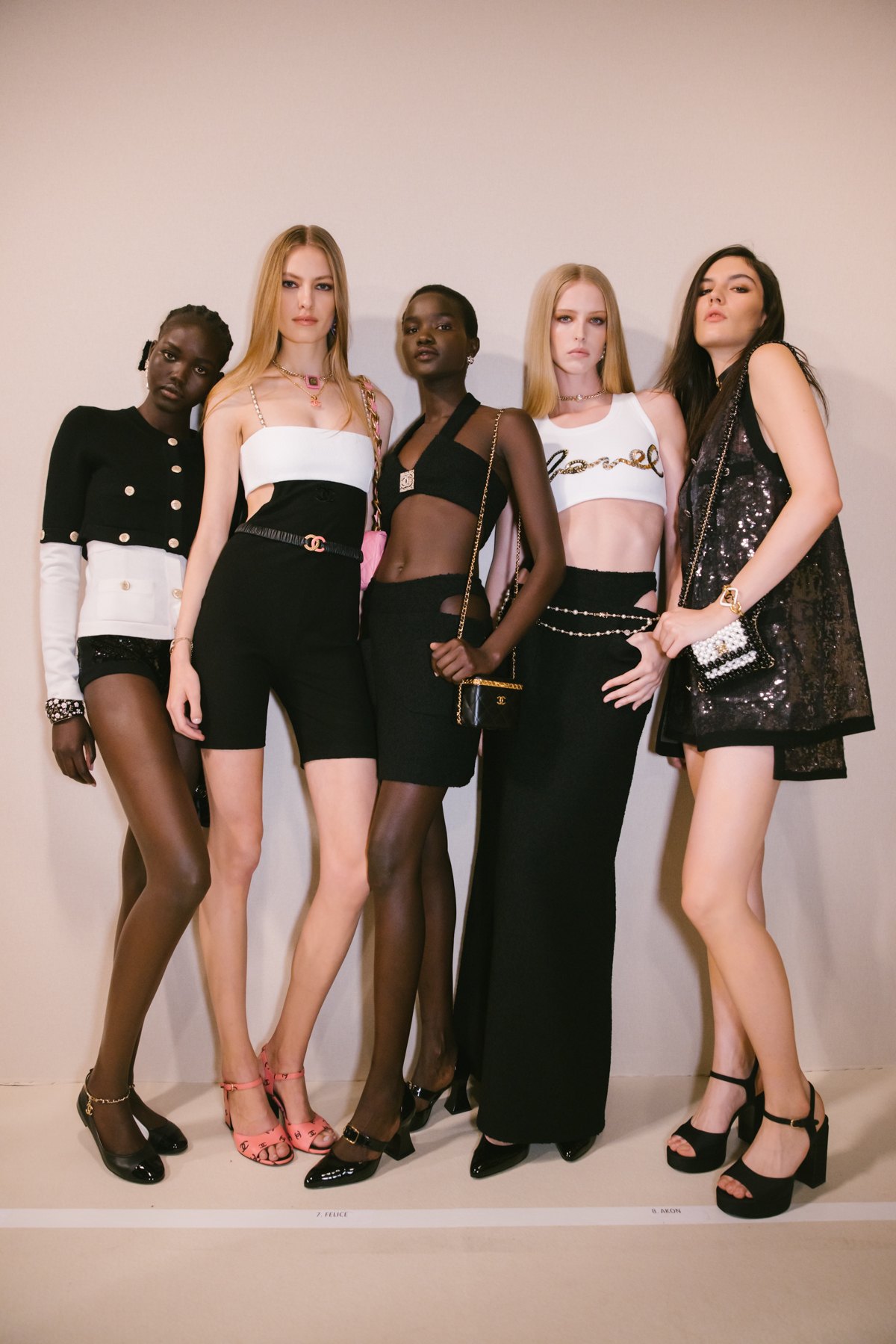
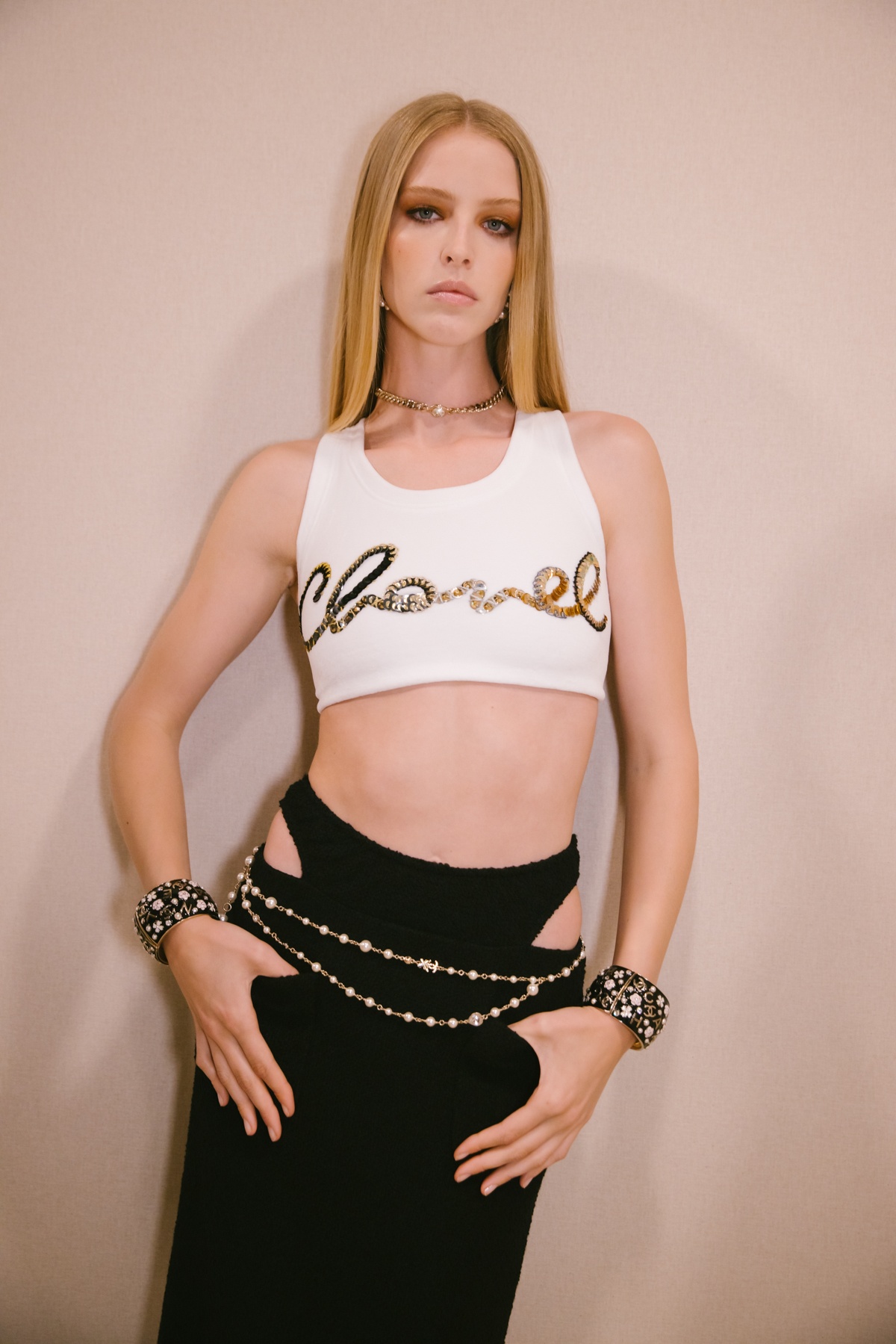
Recent Comments